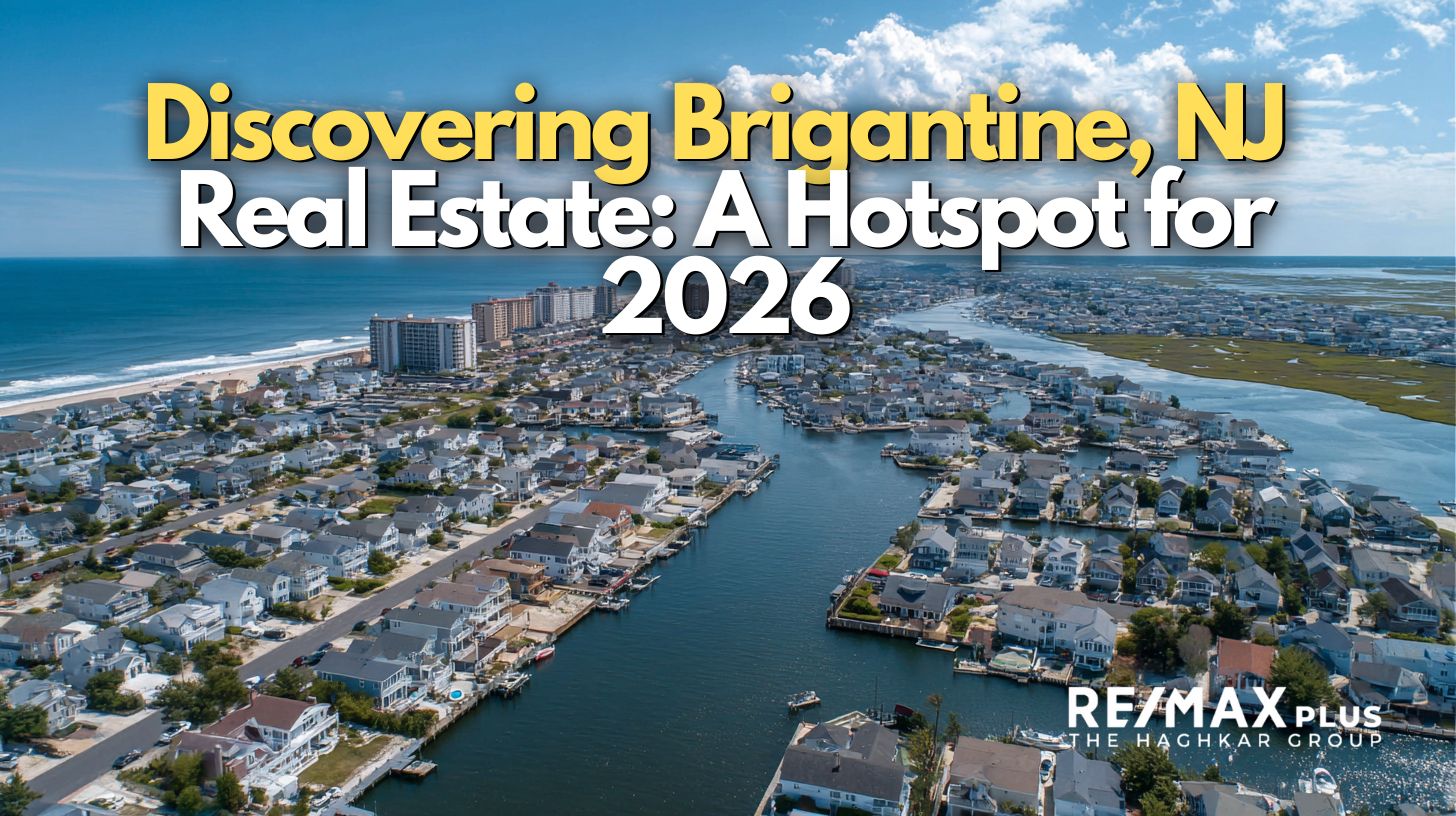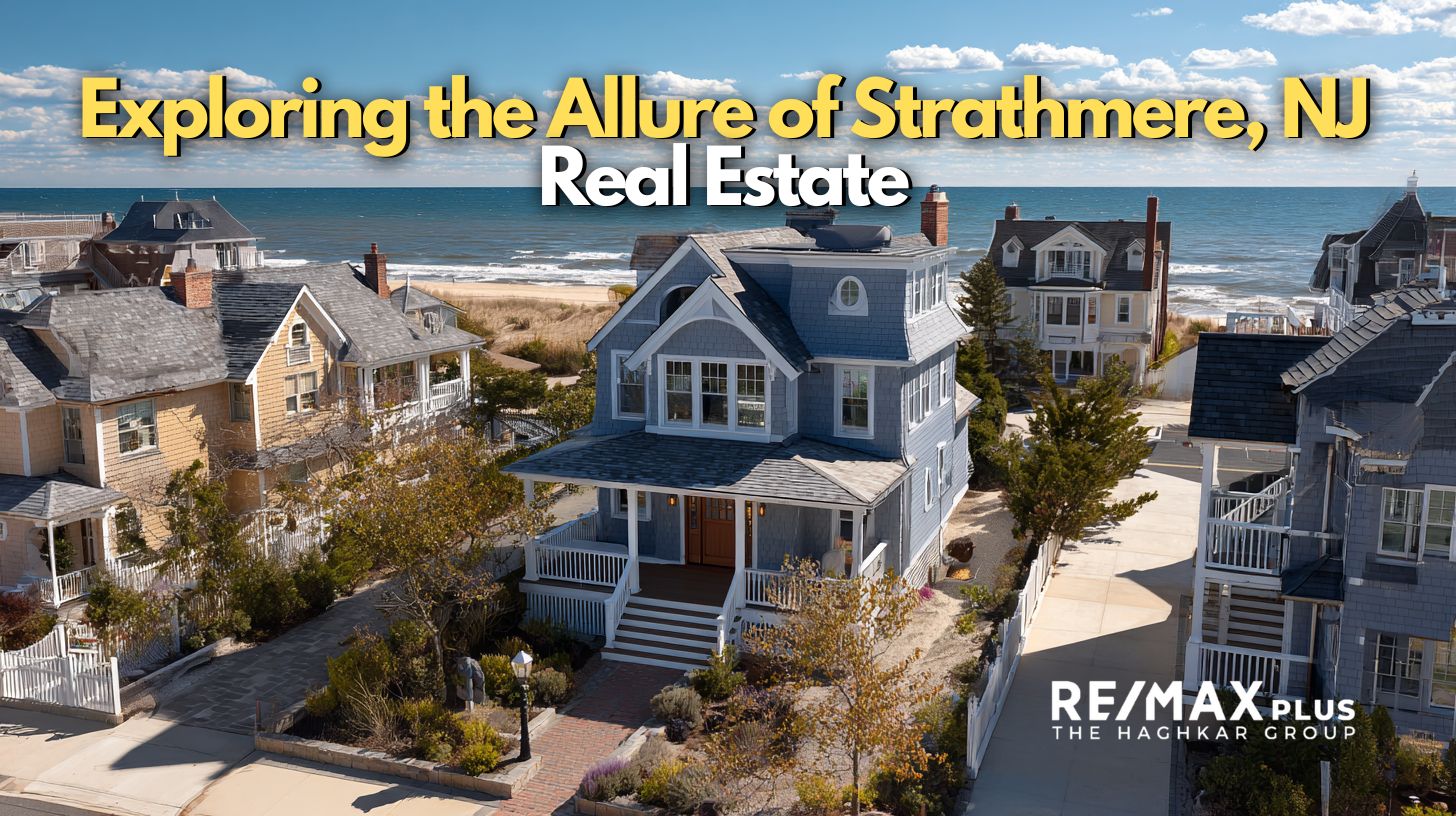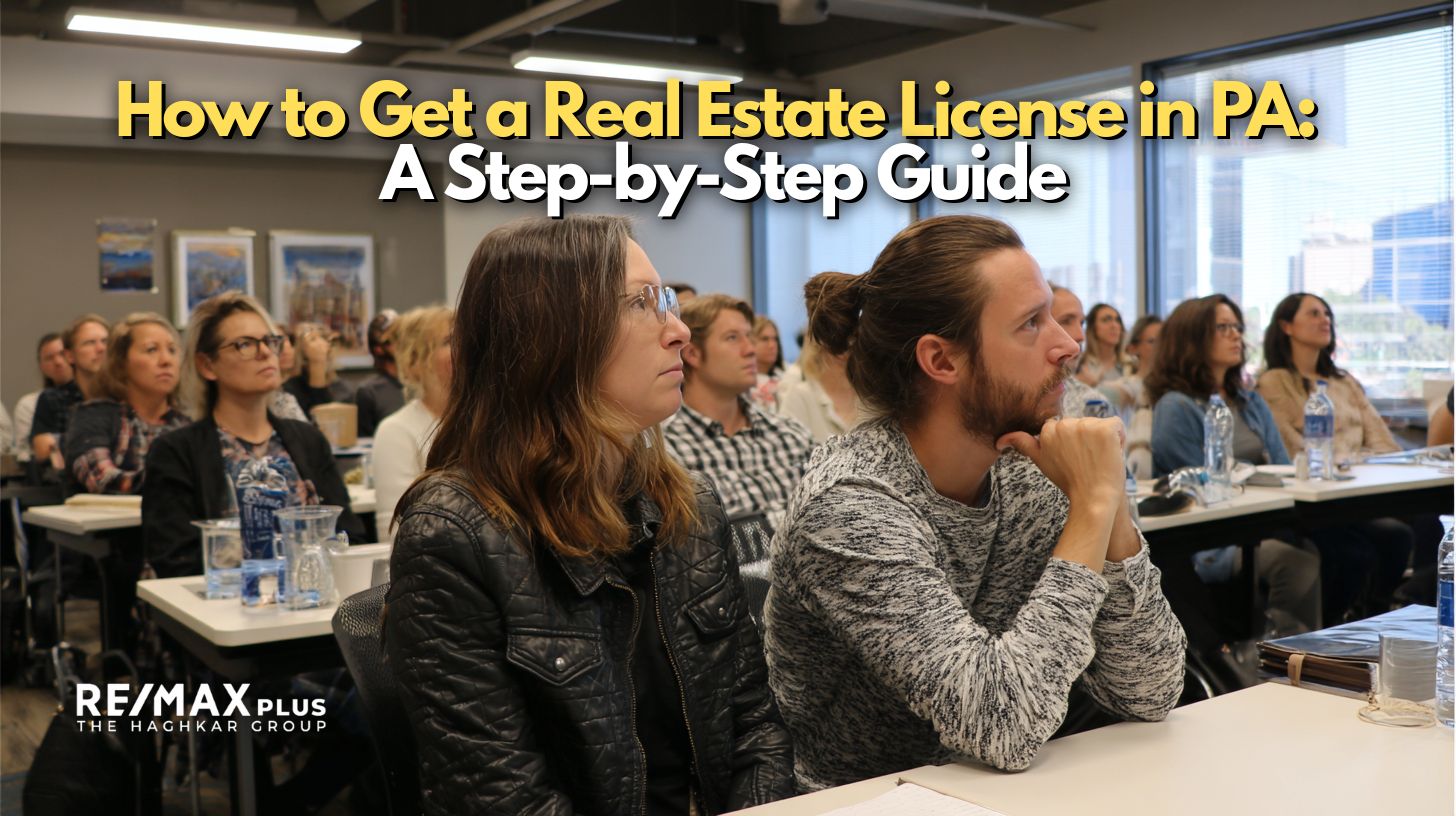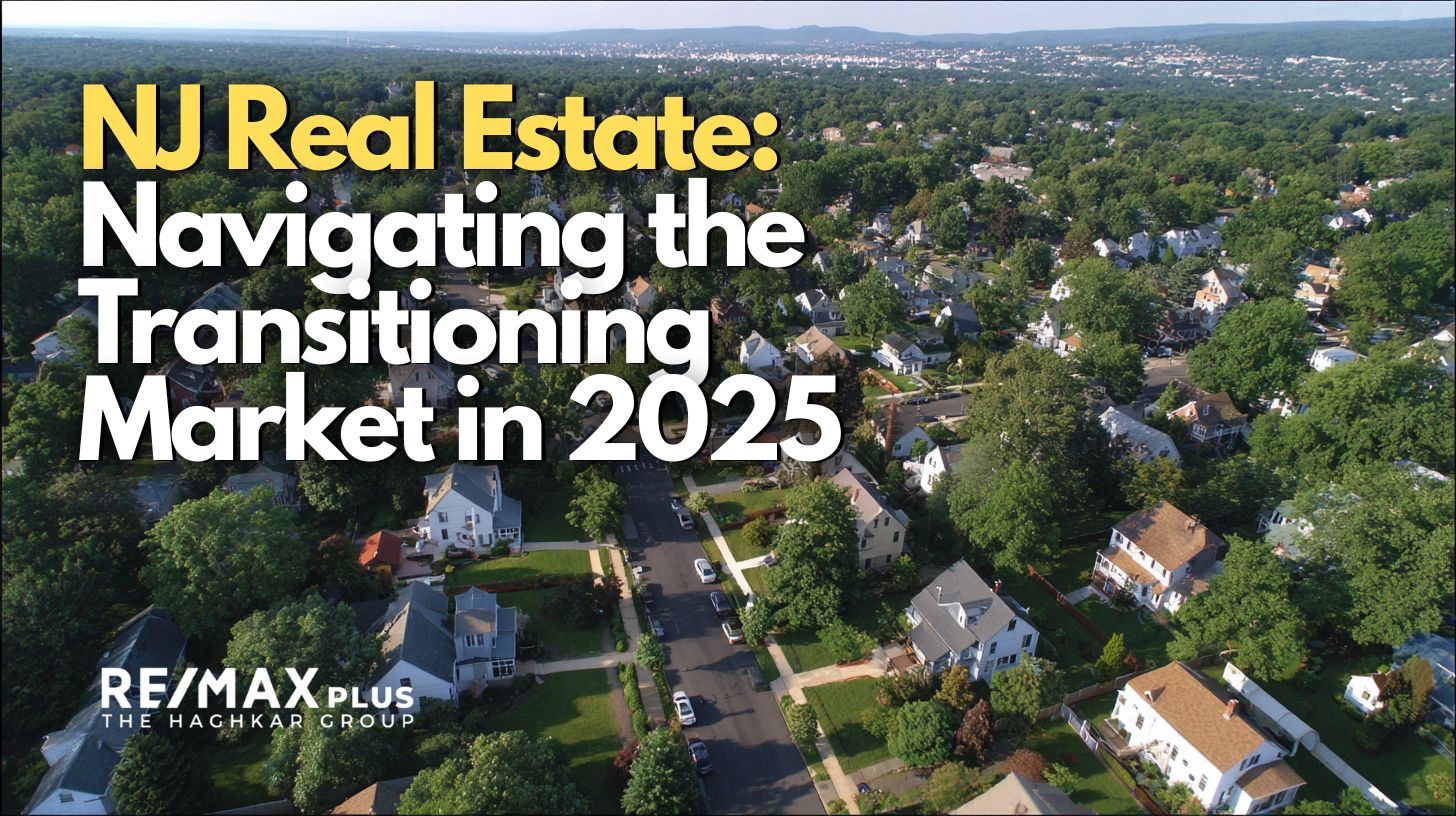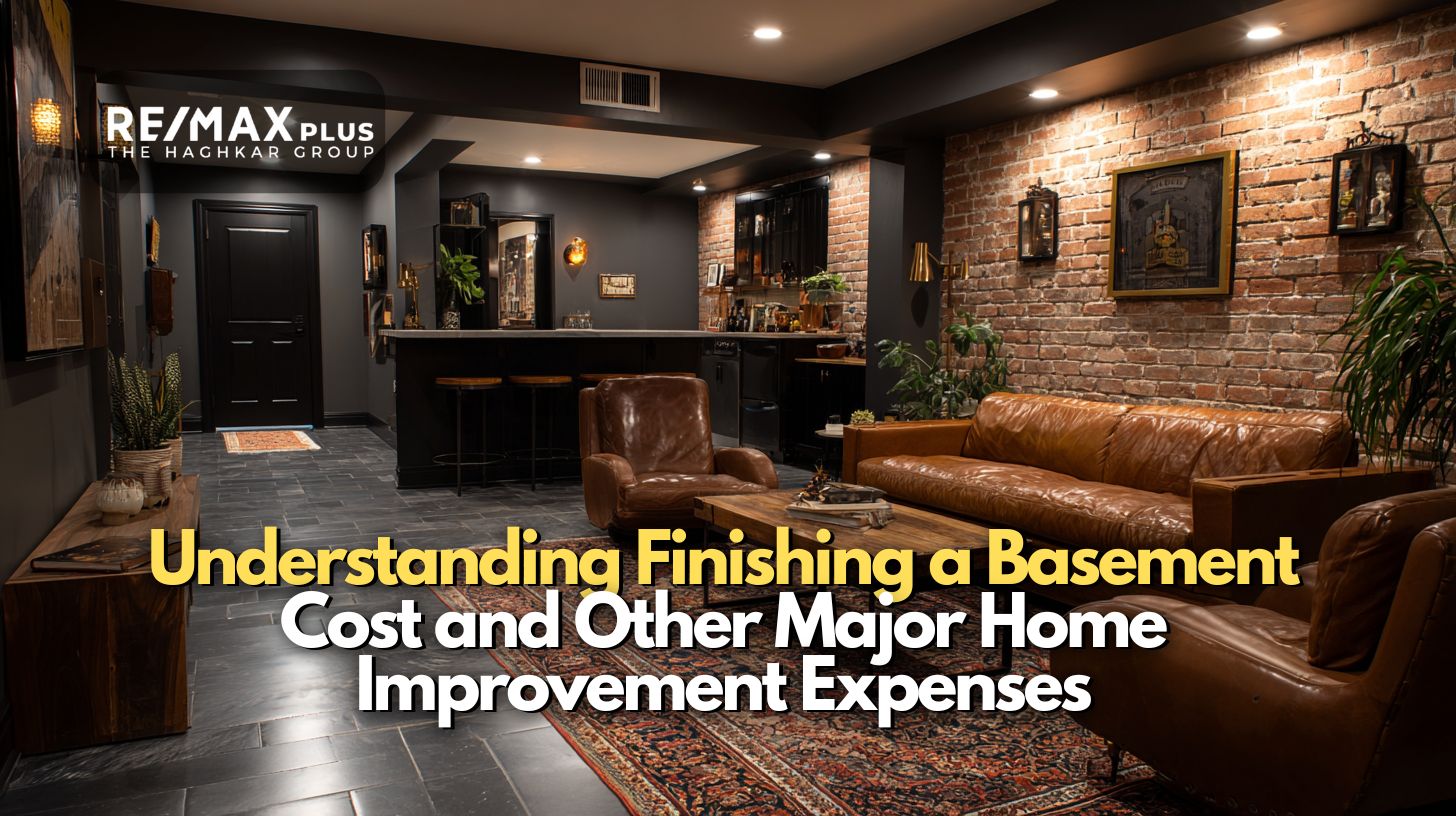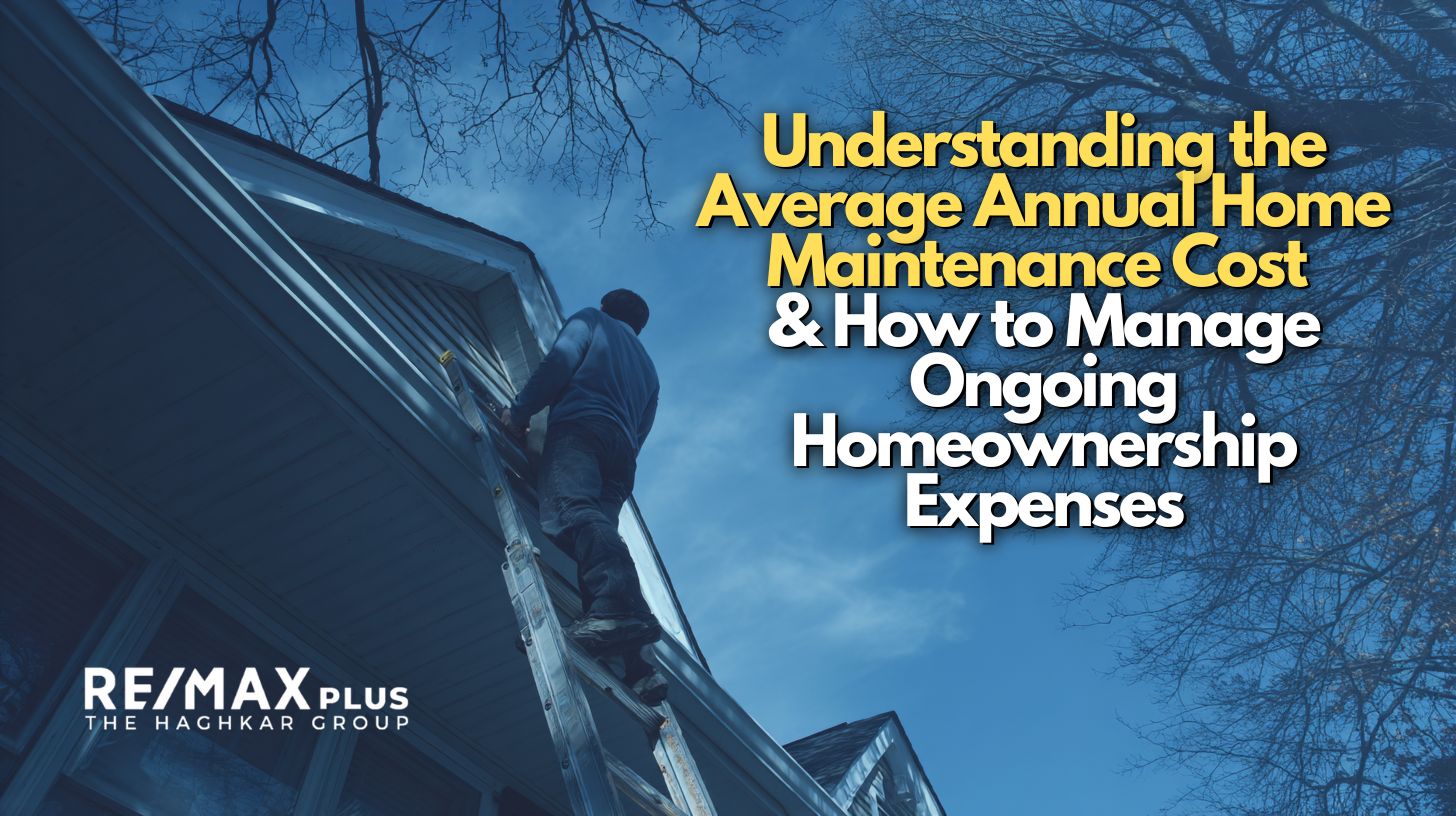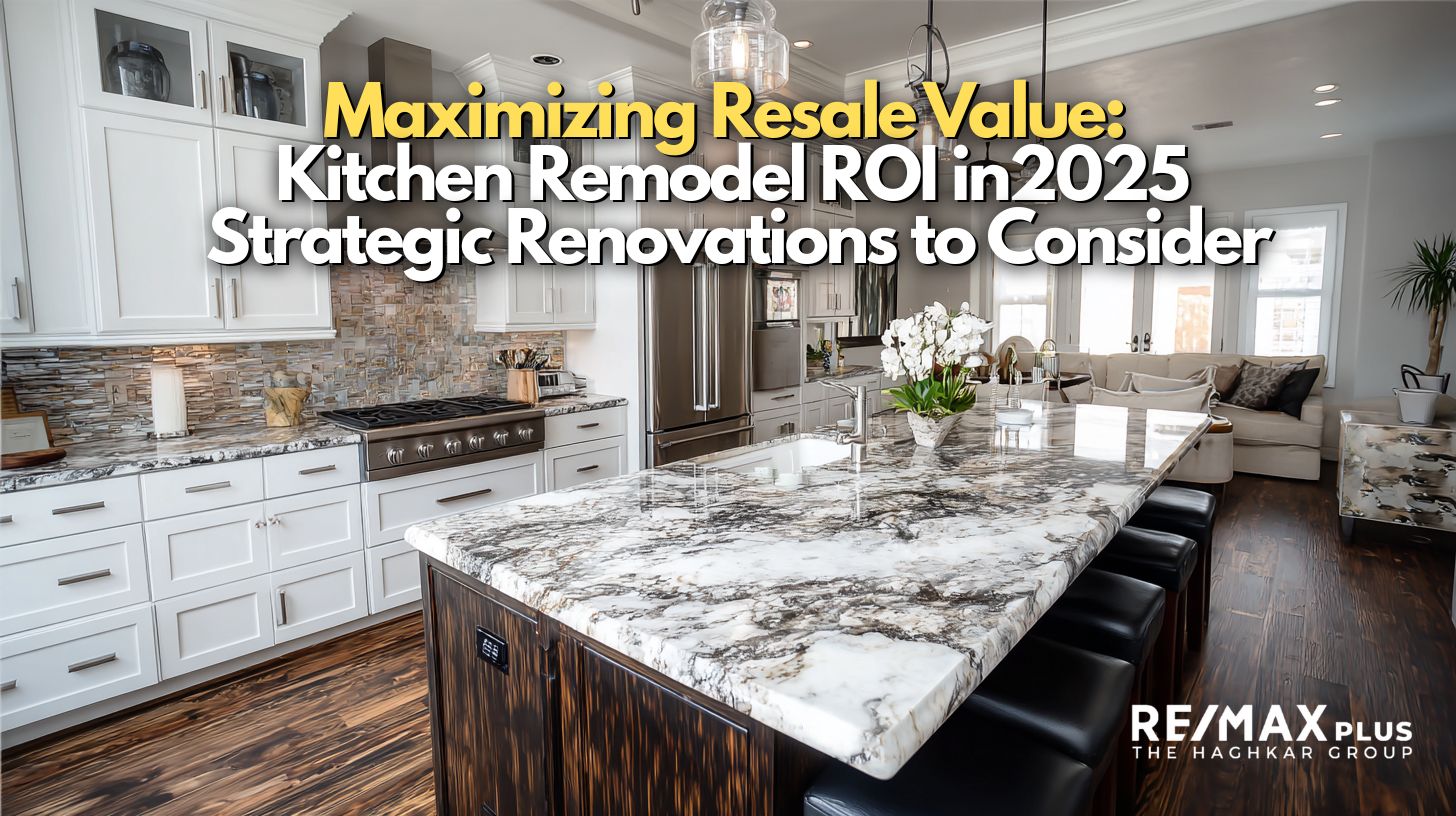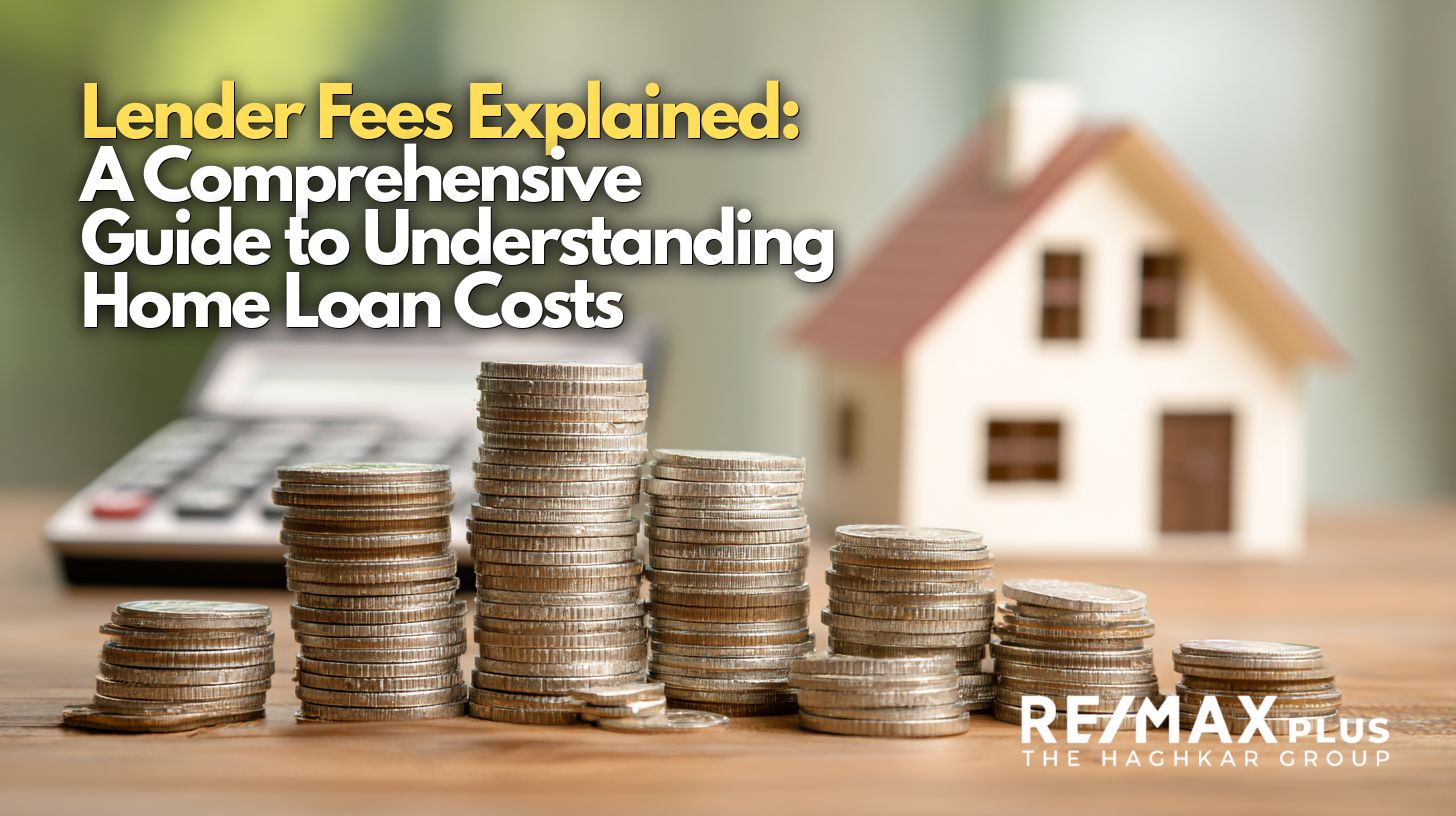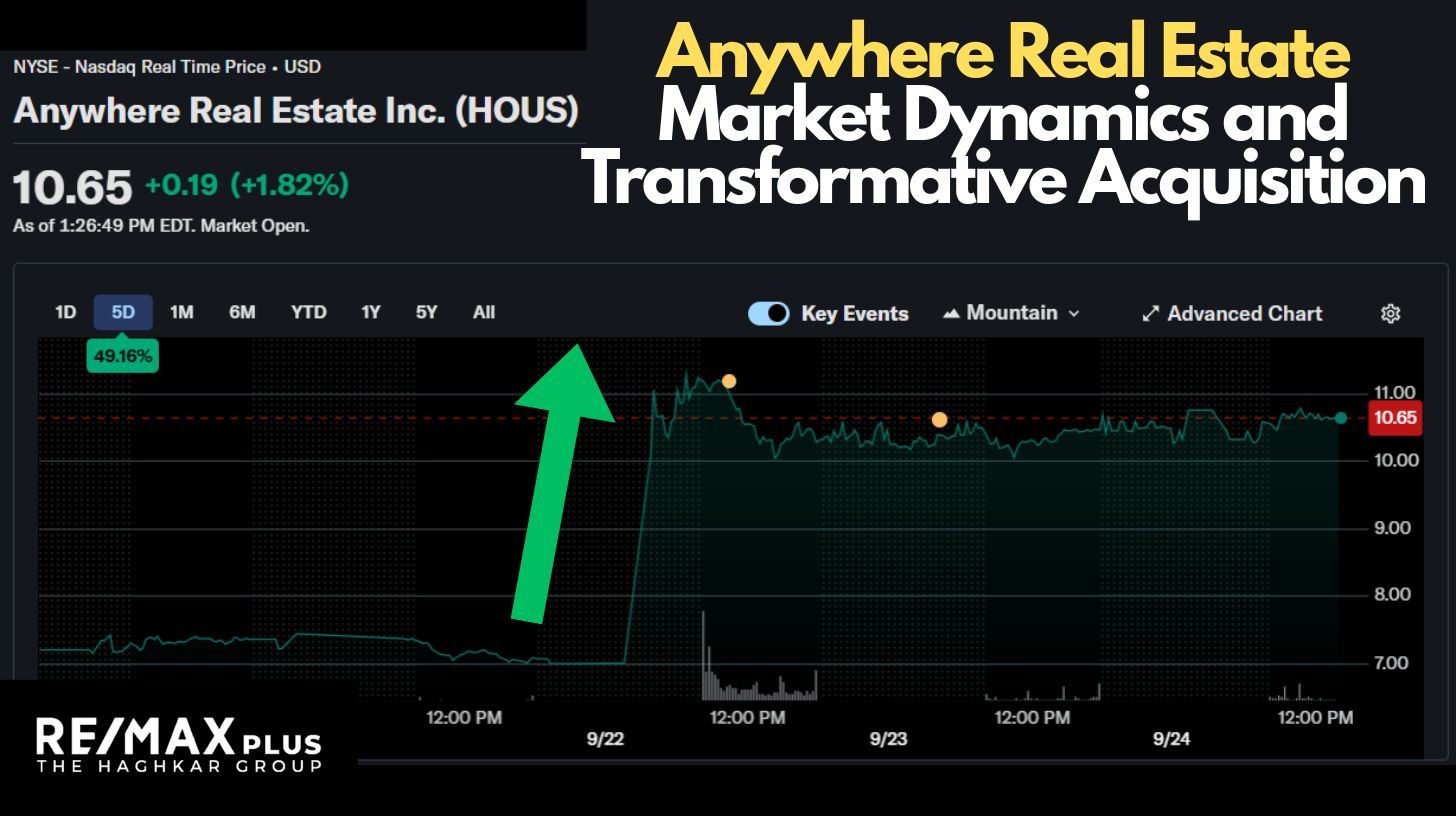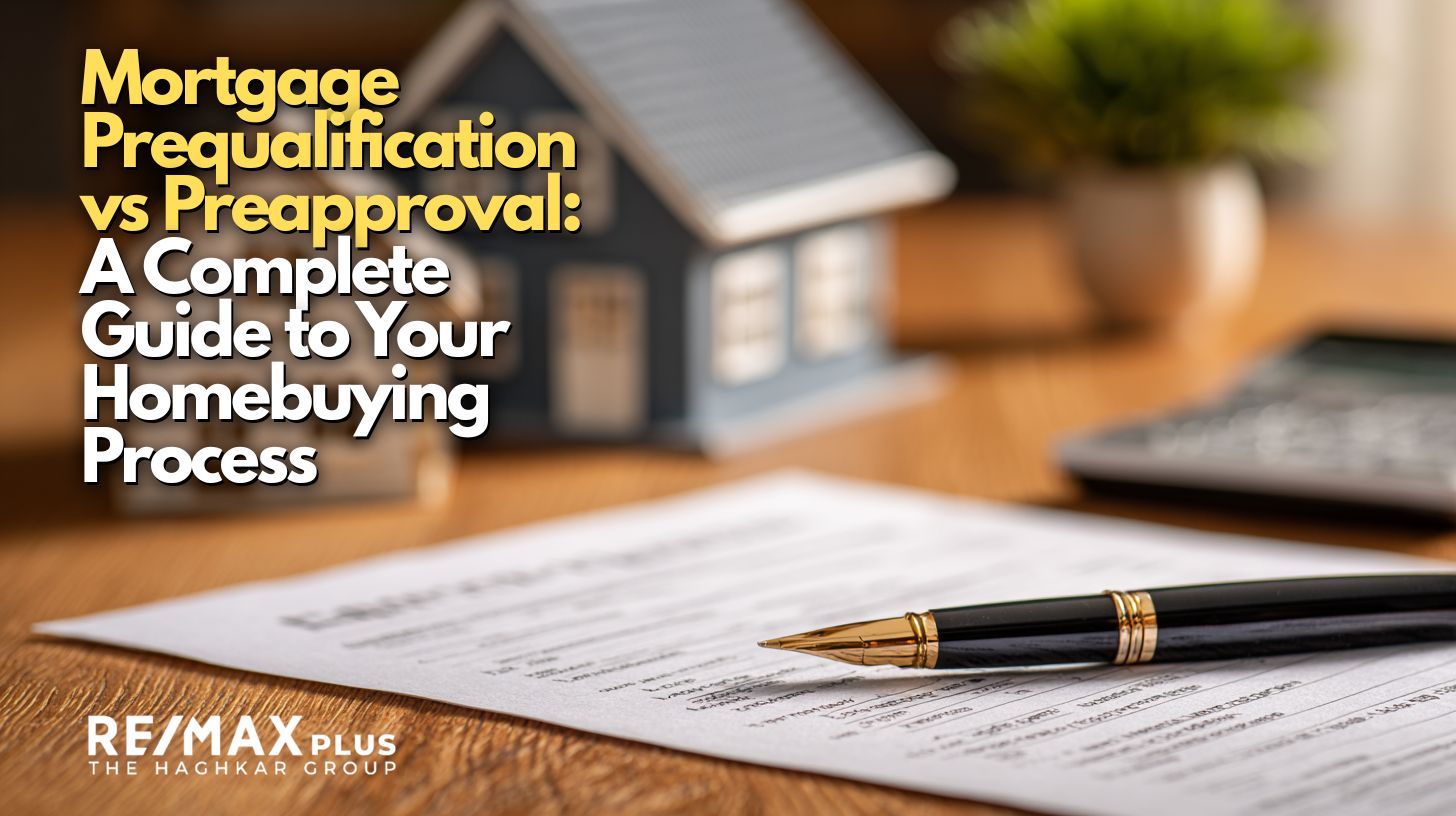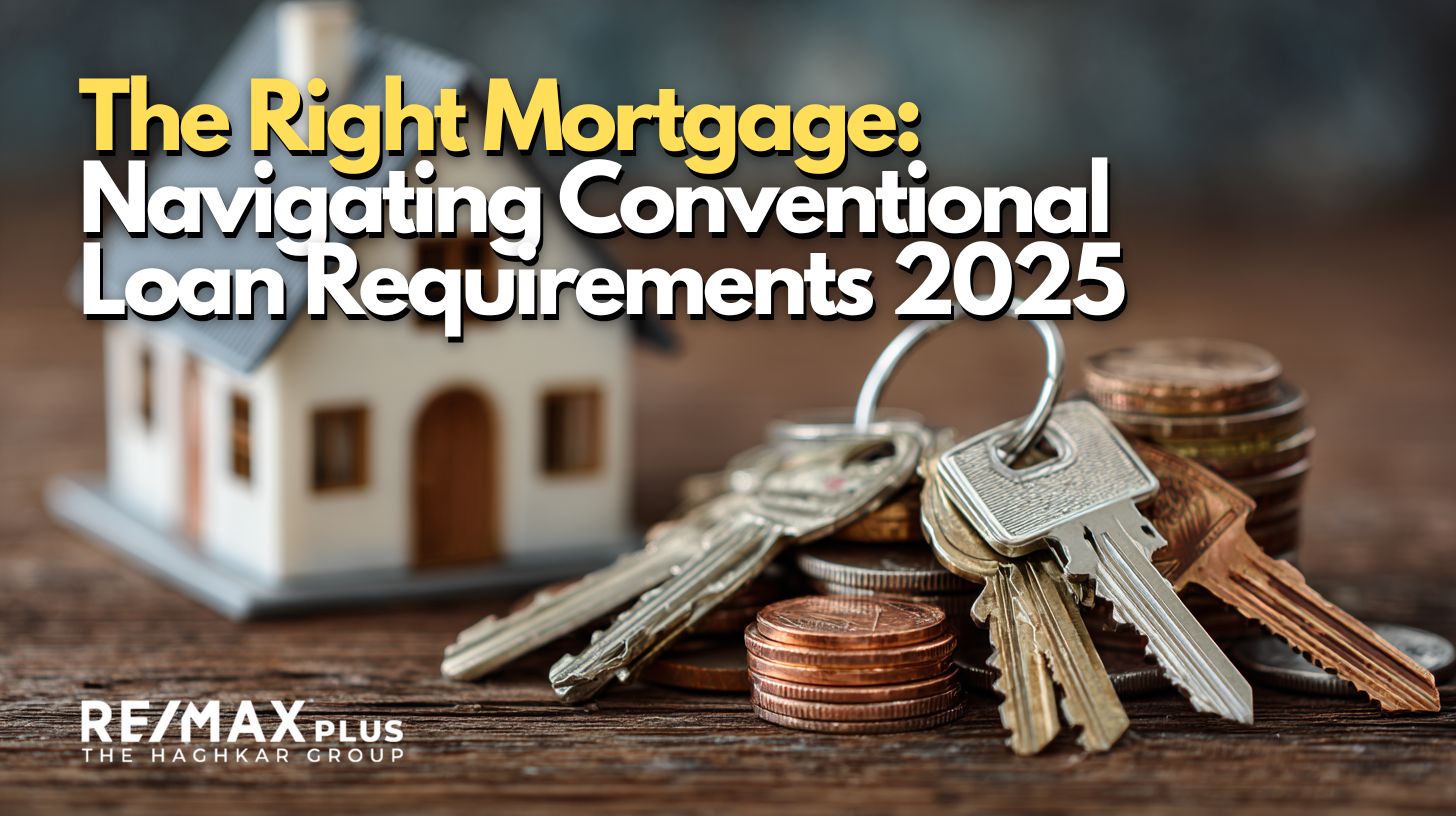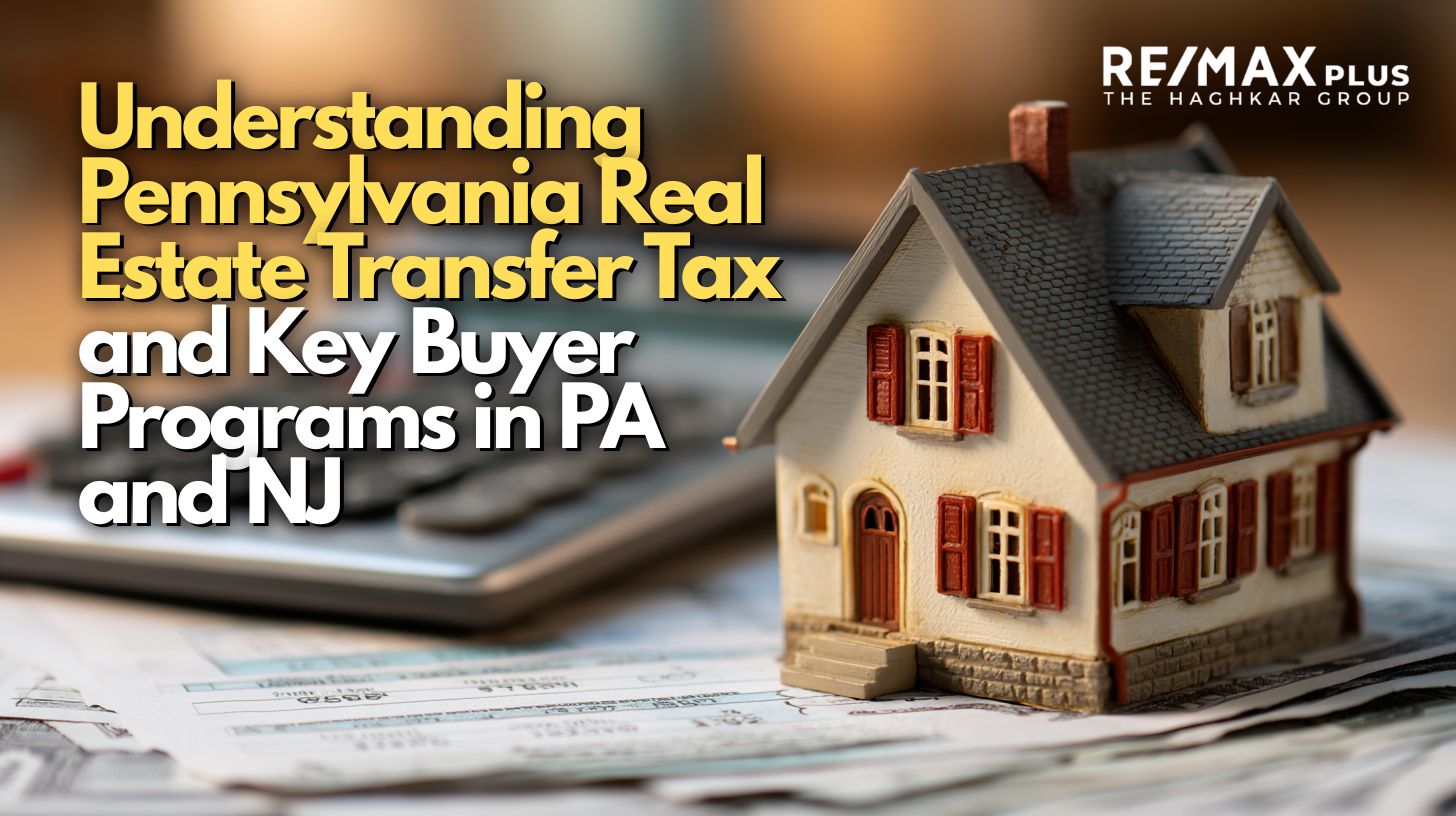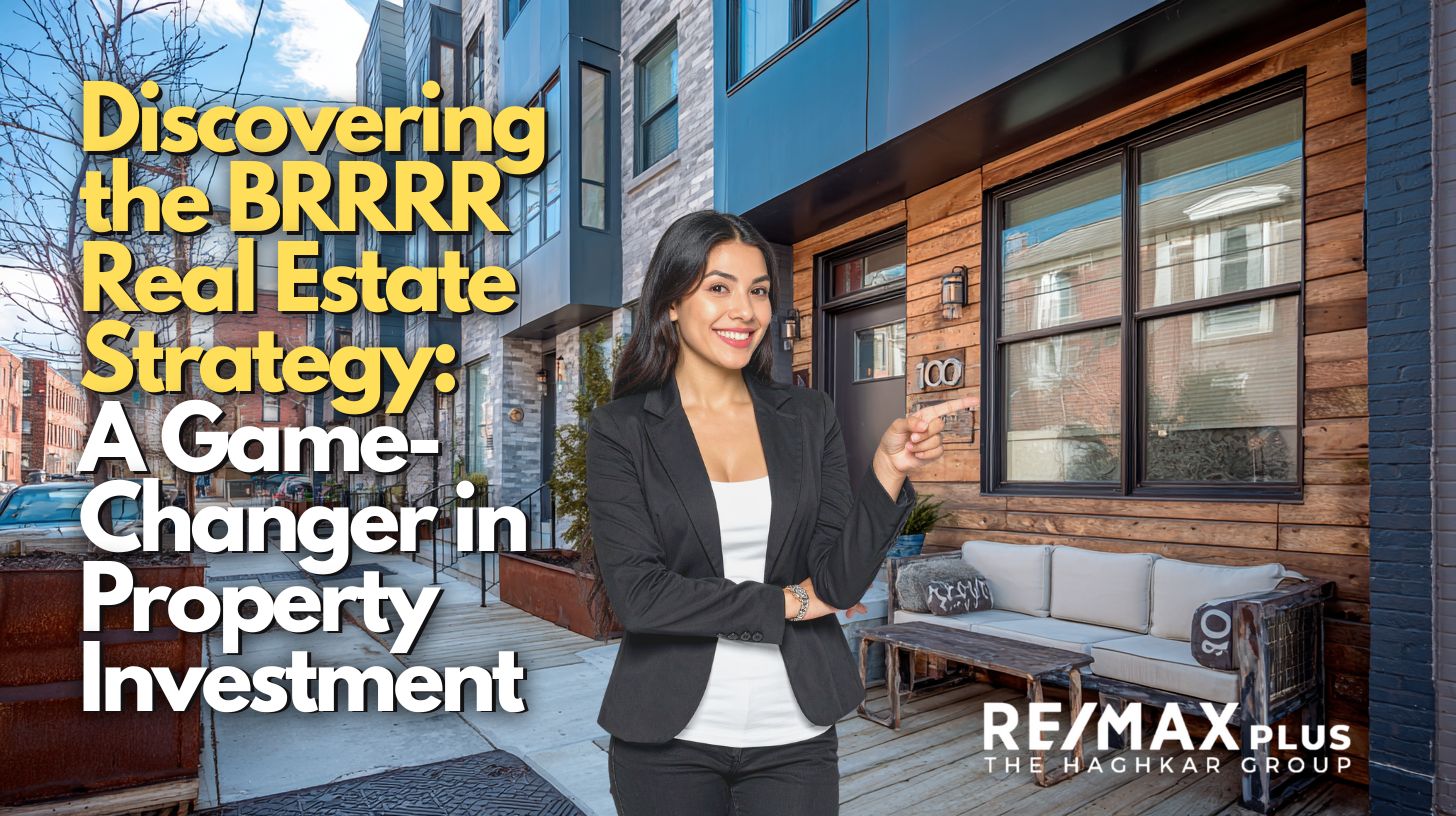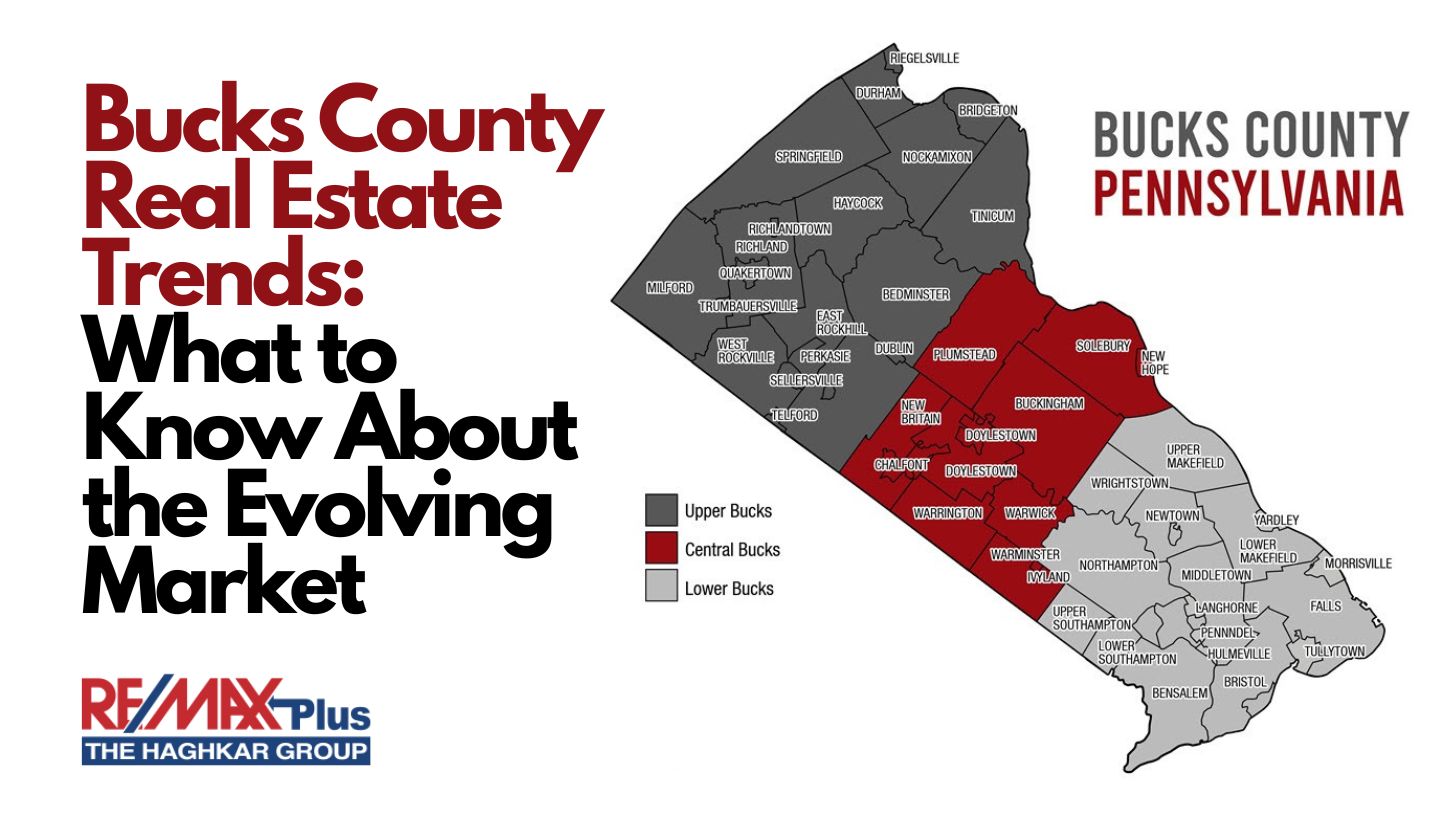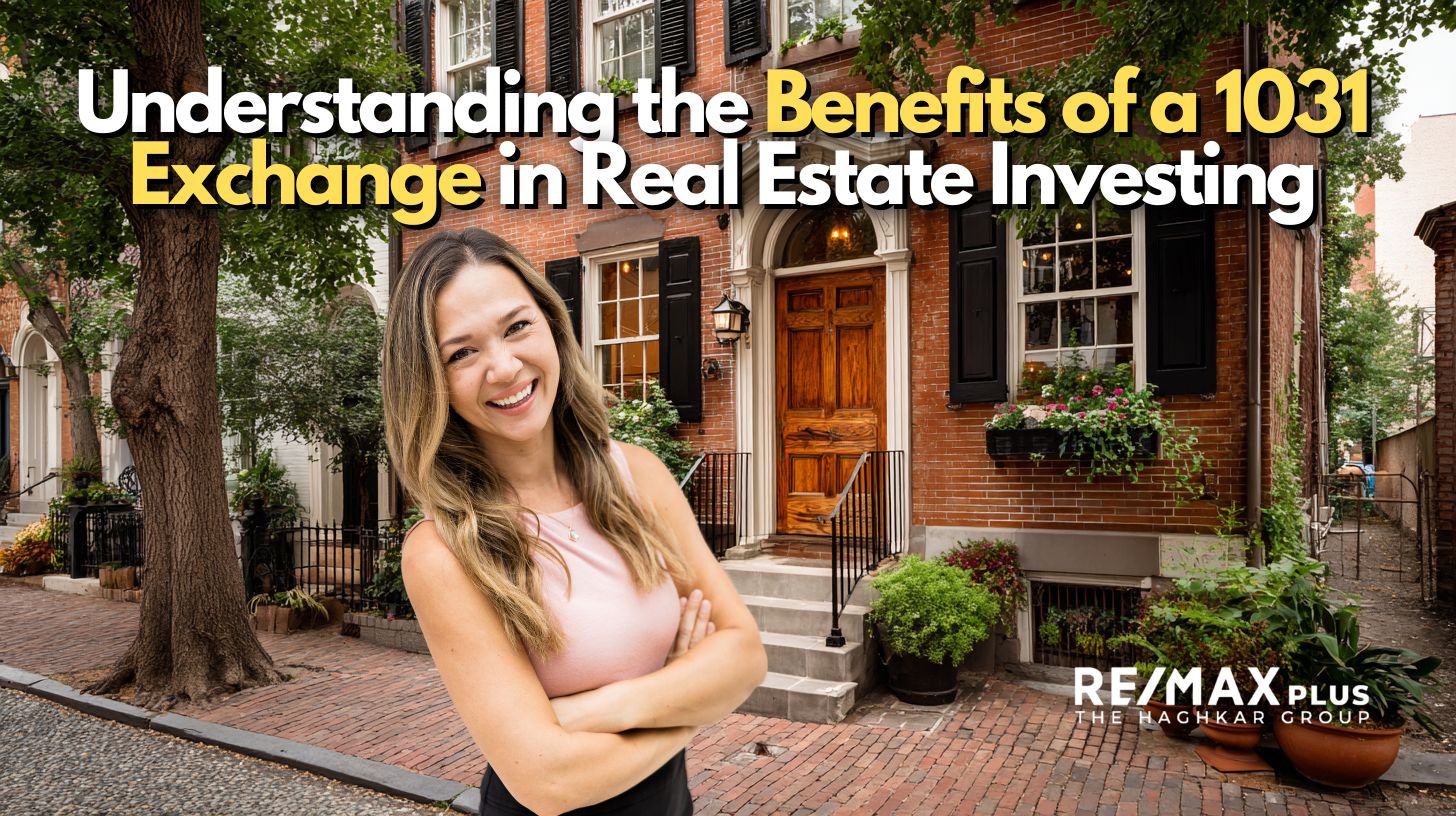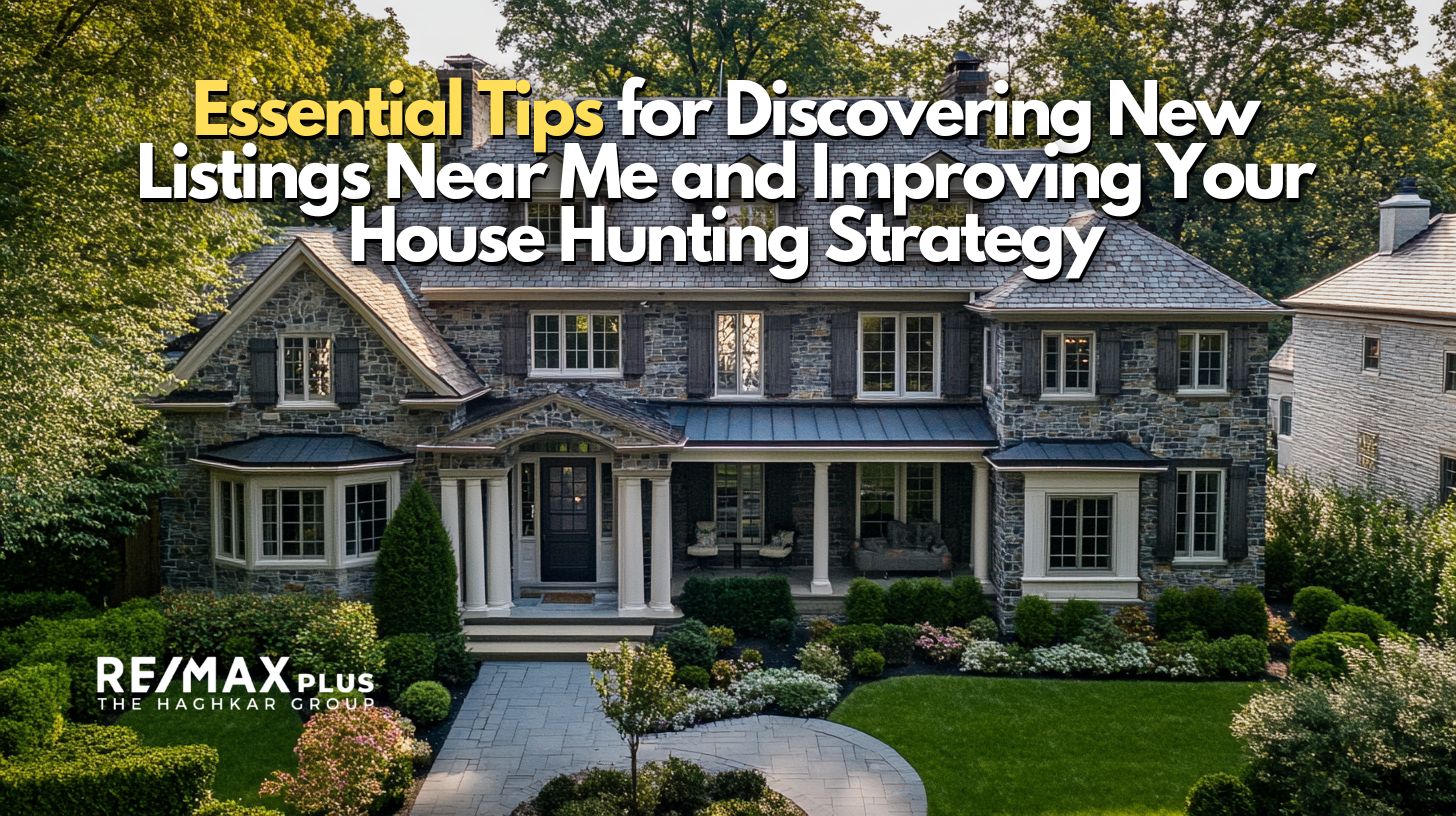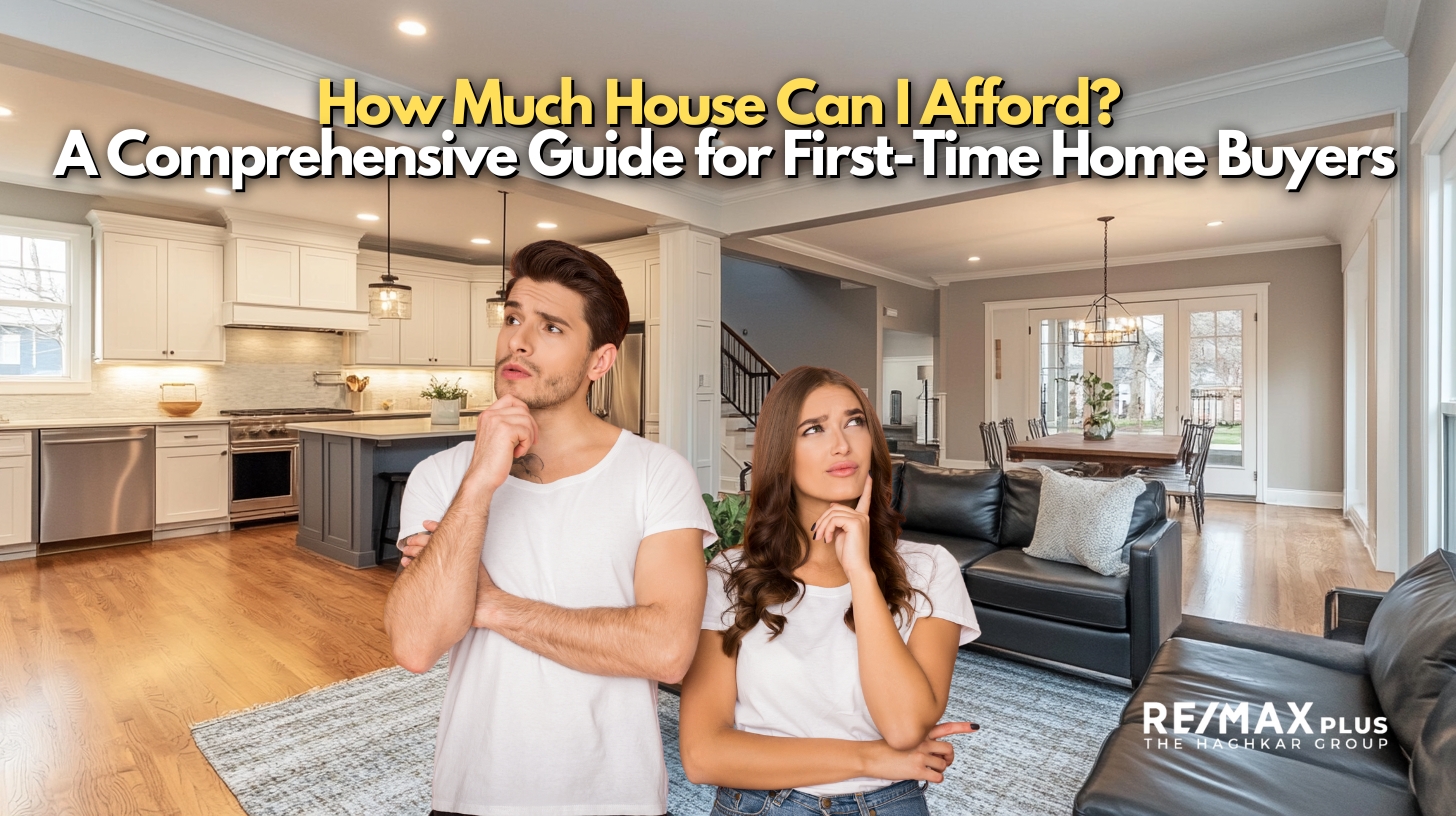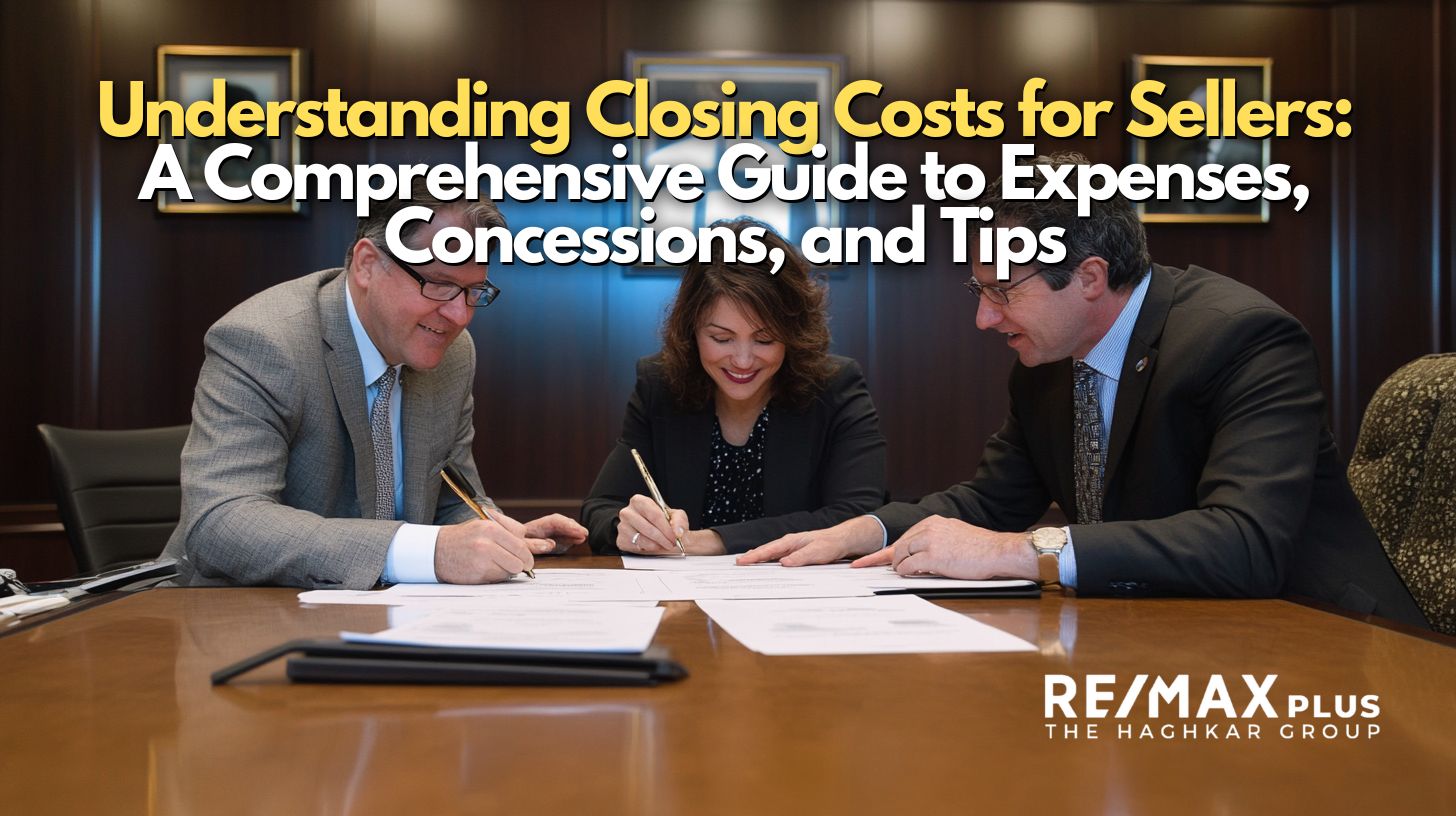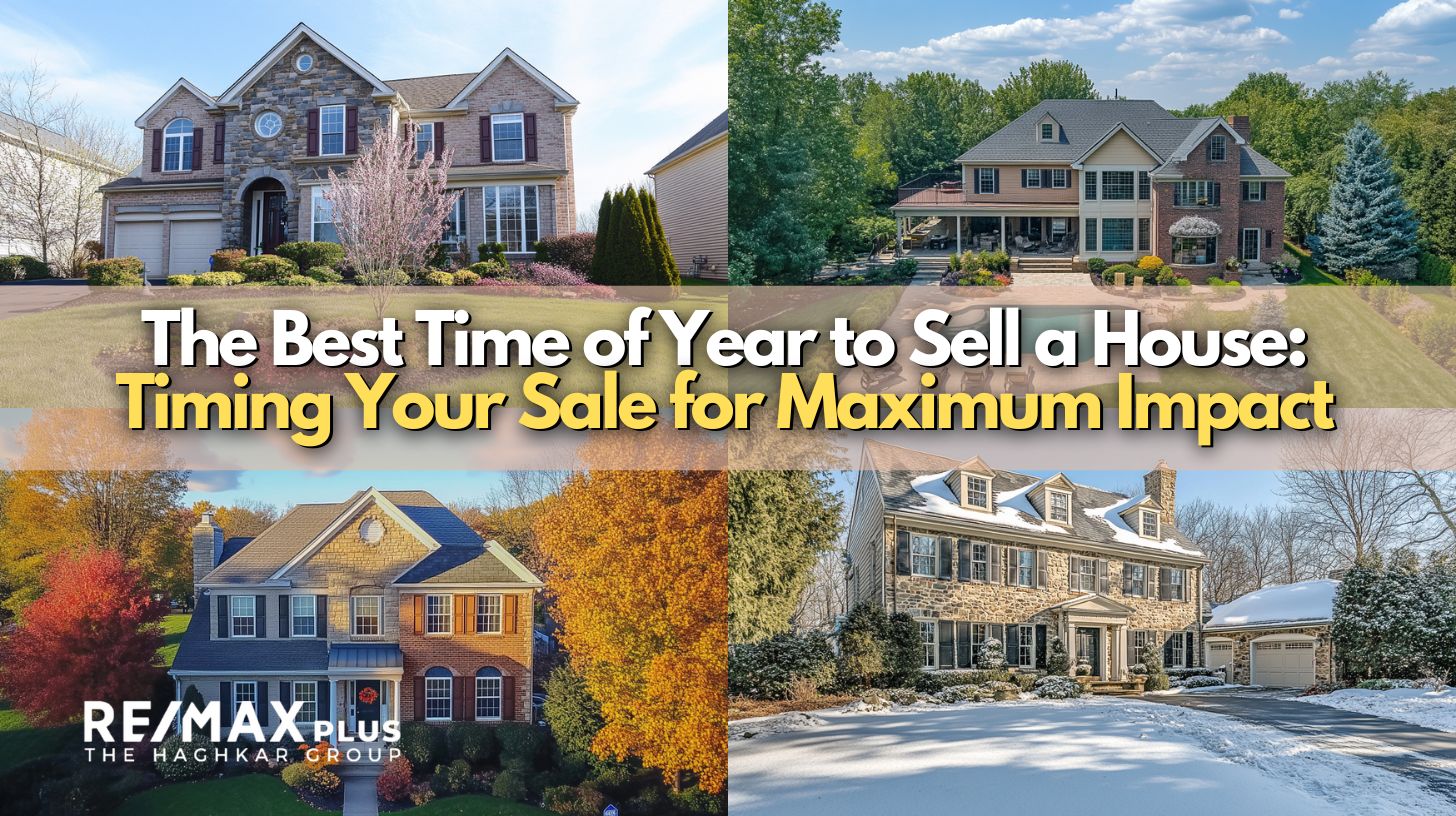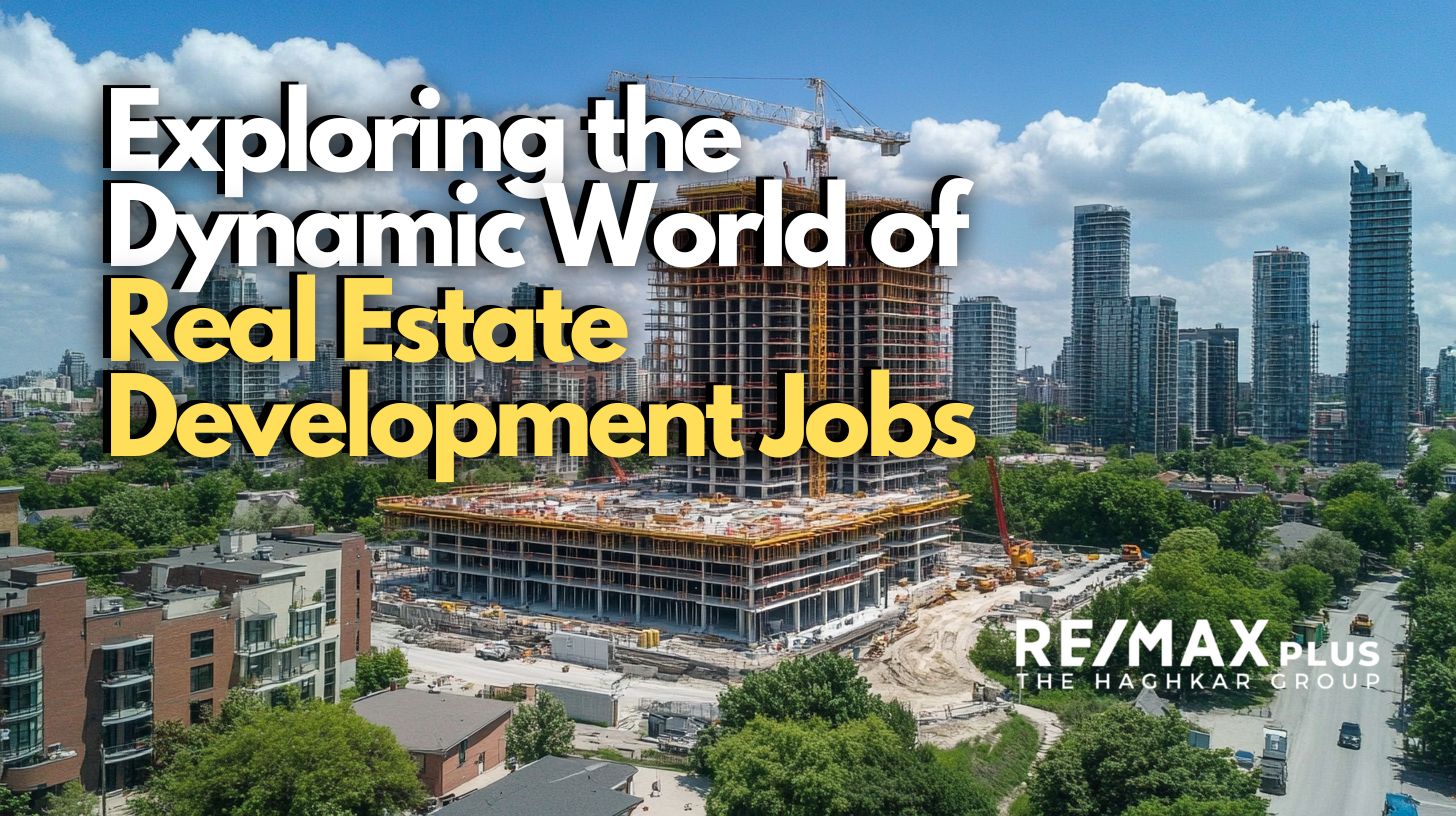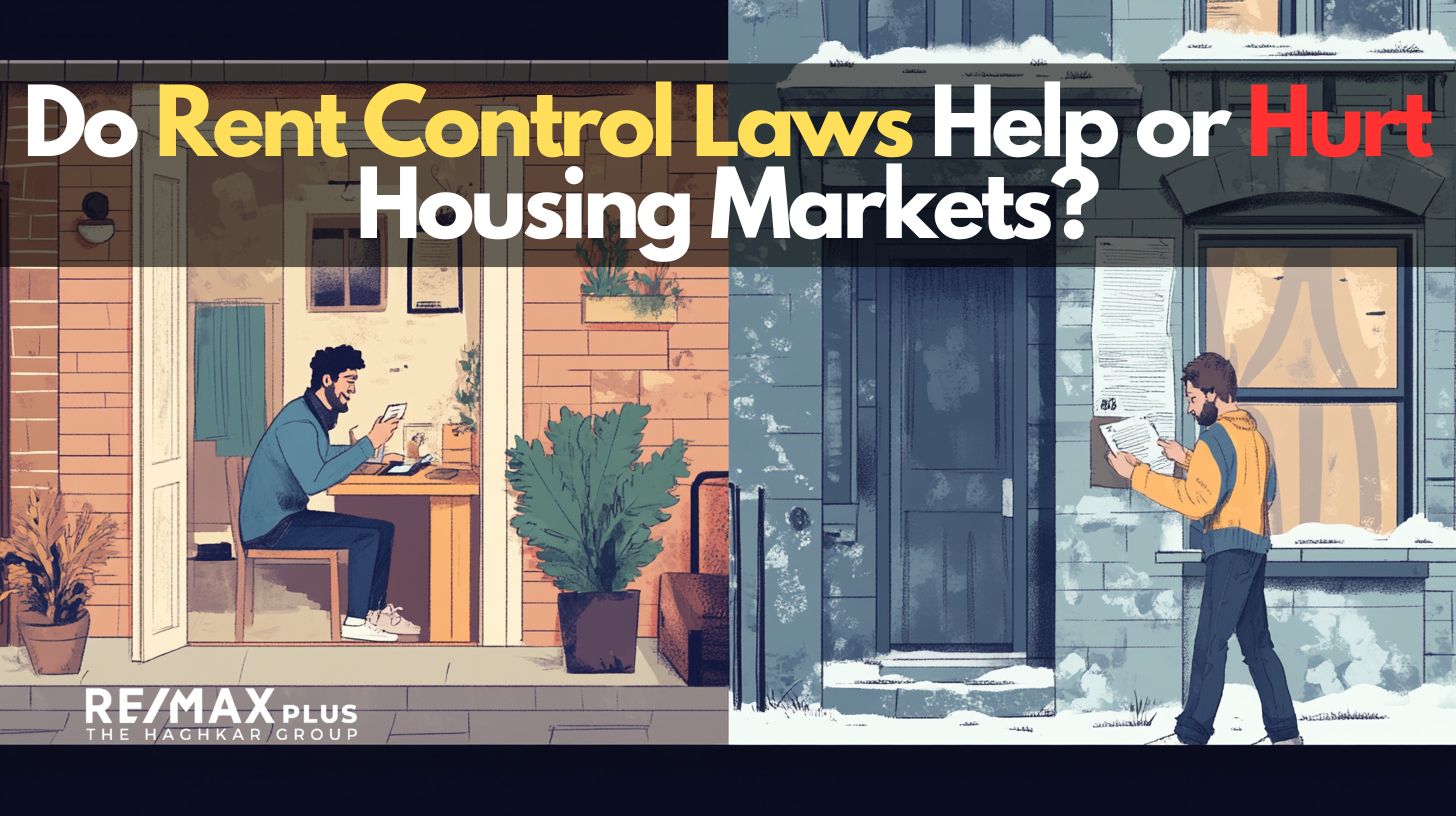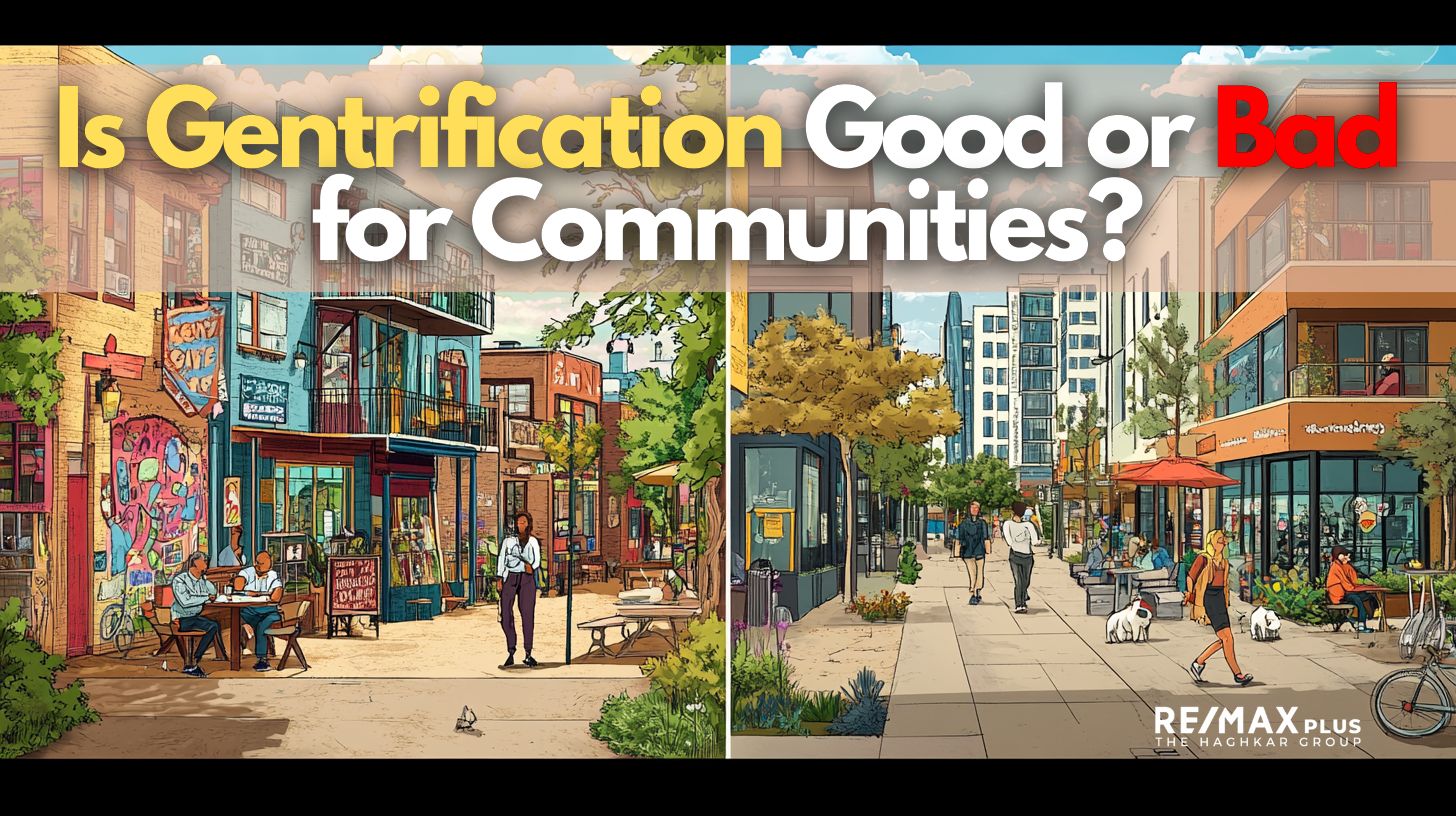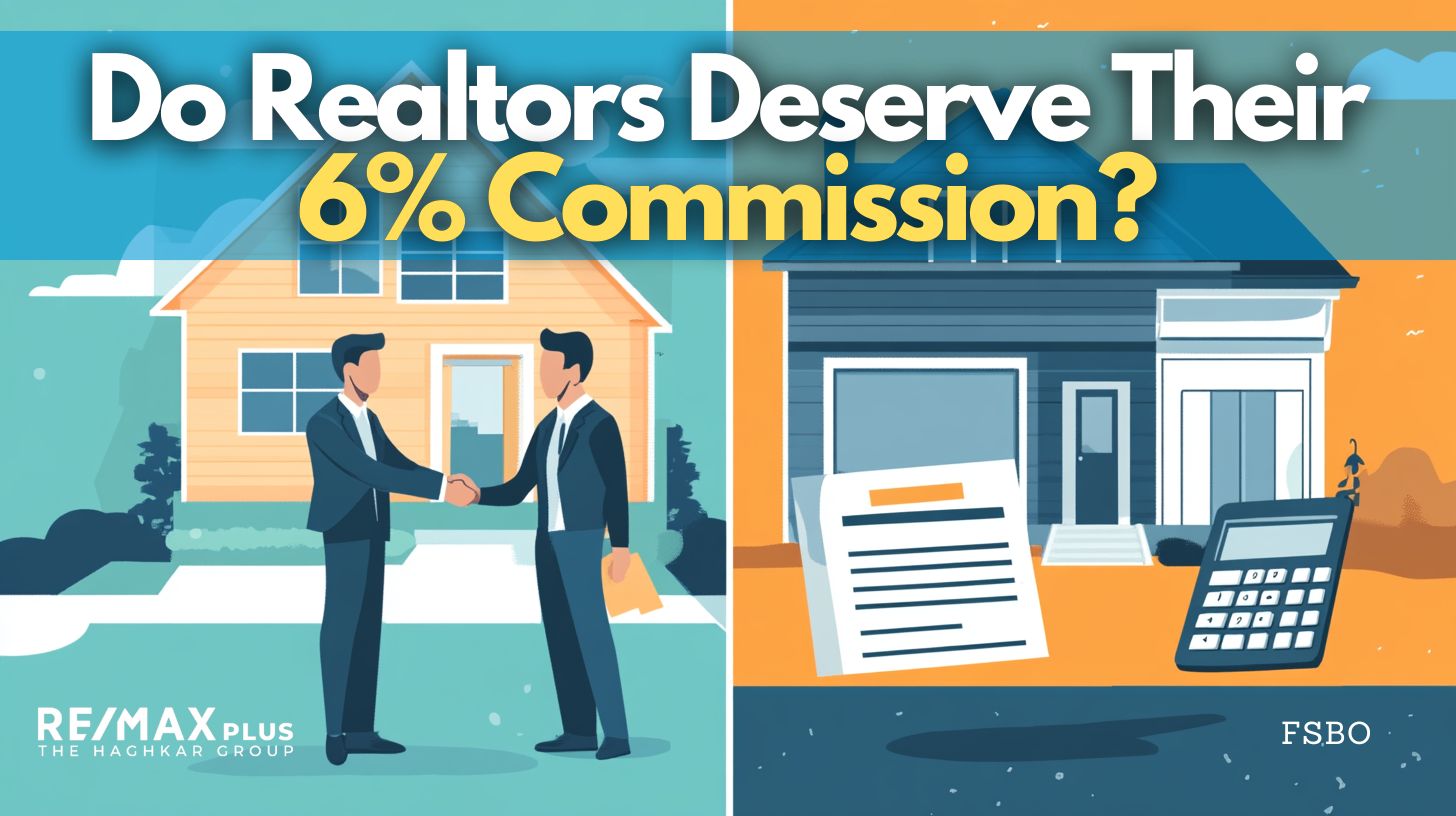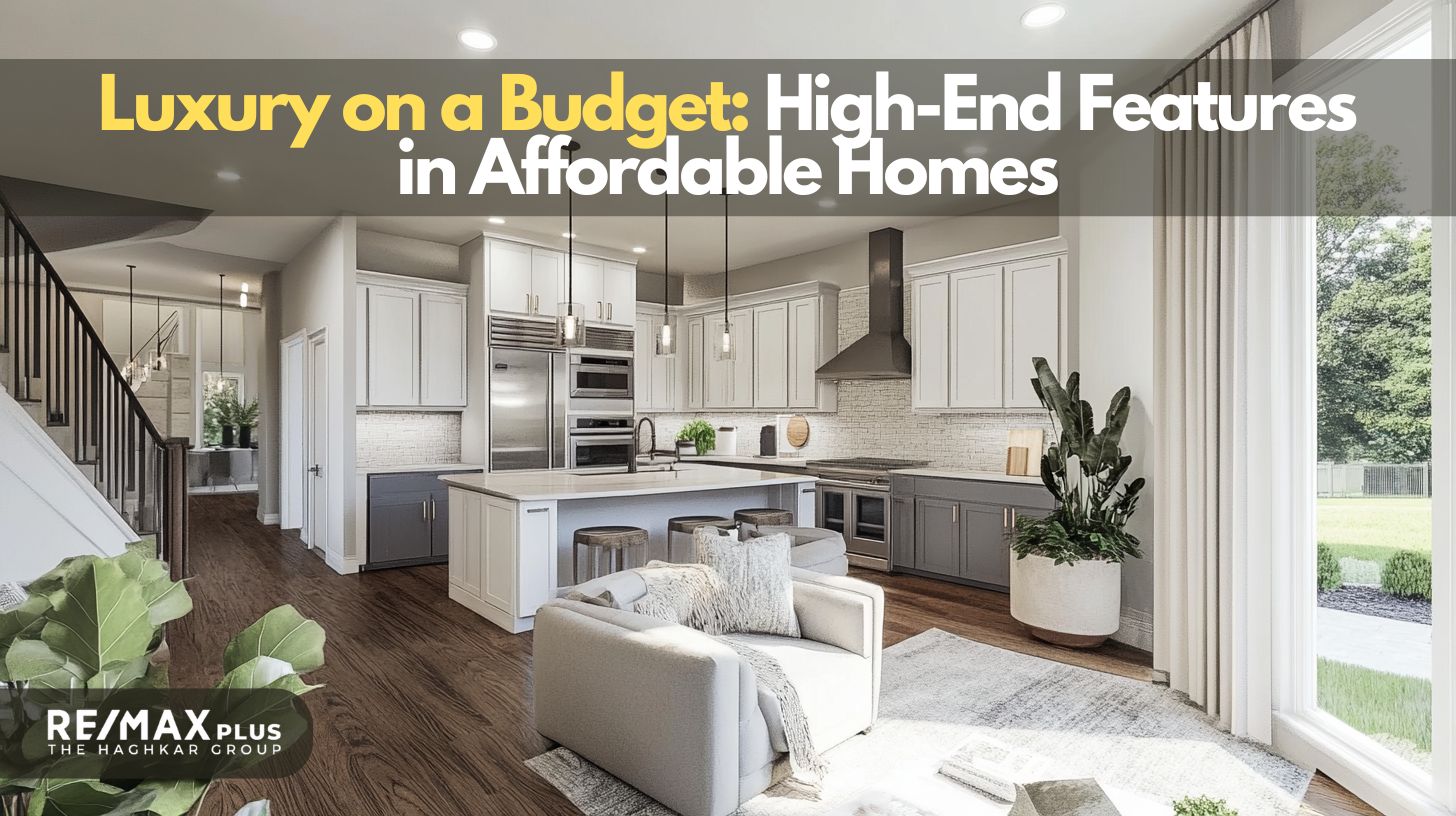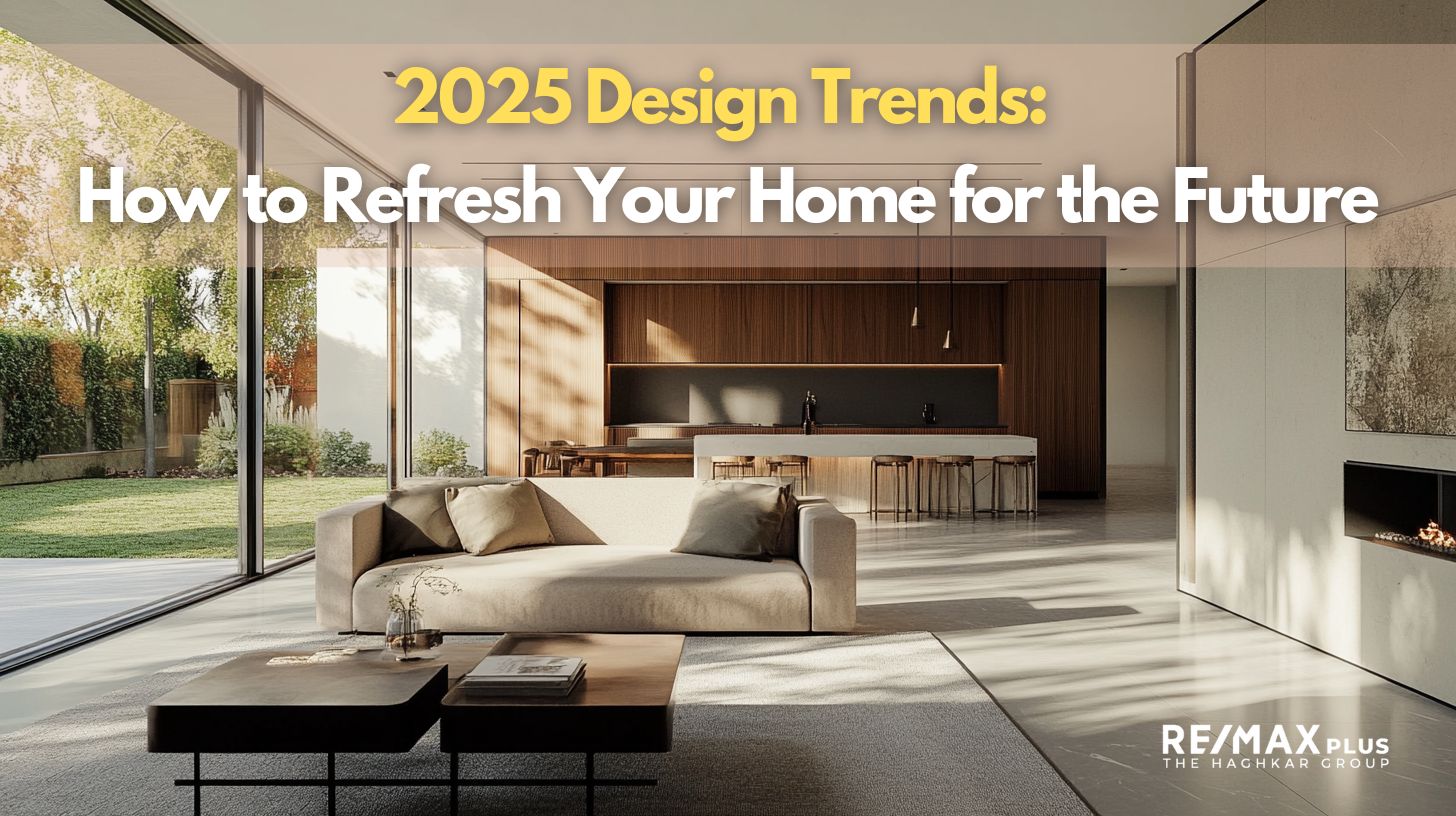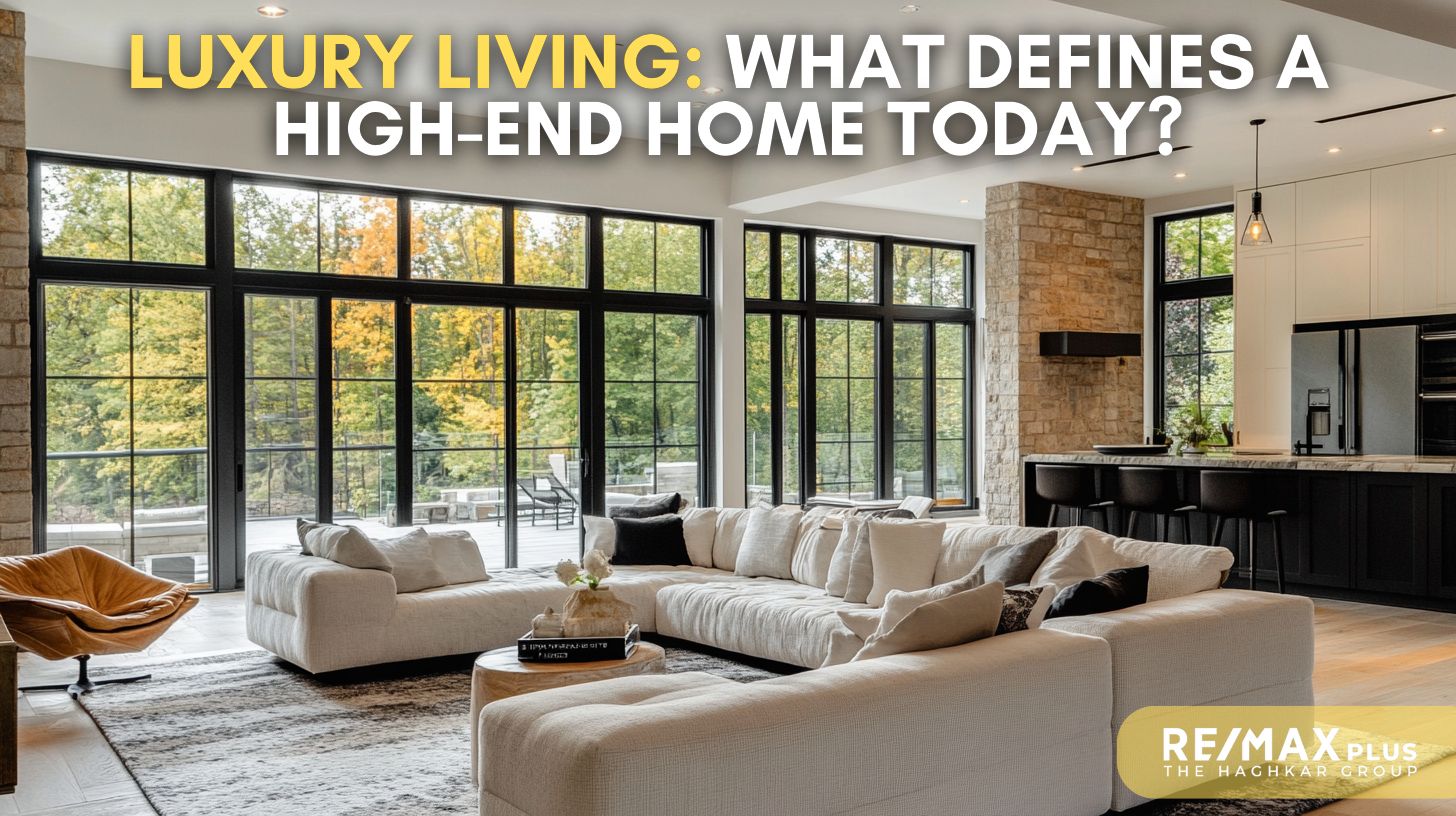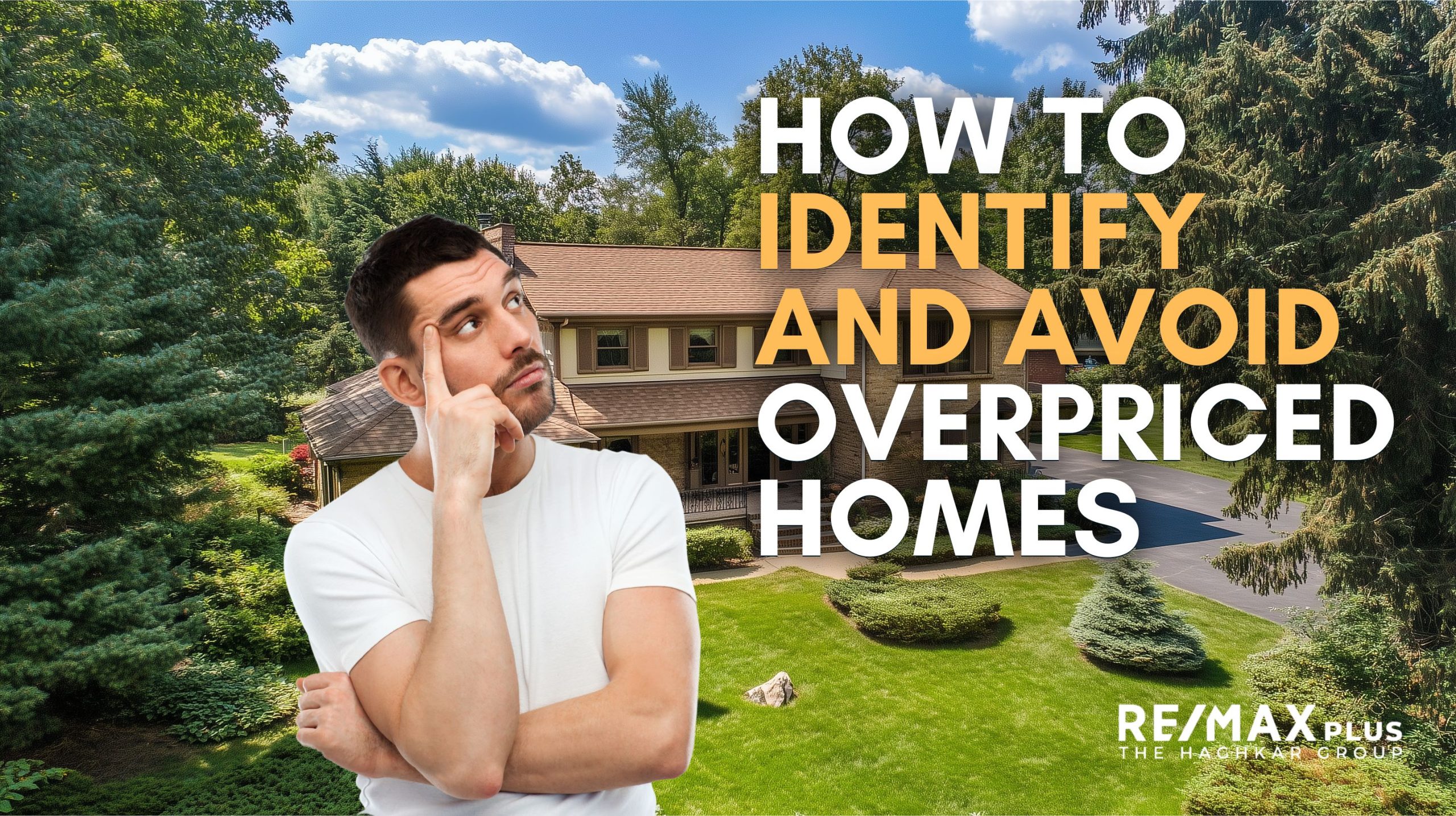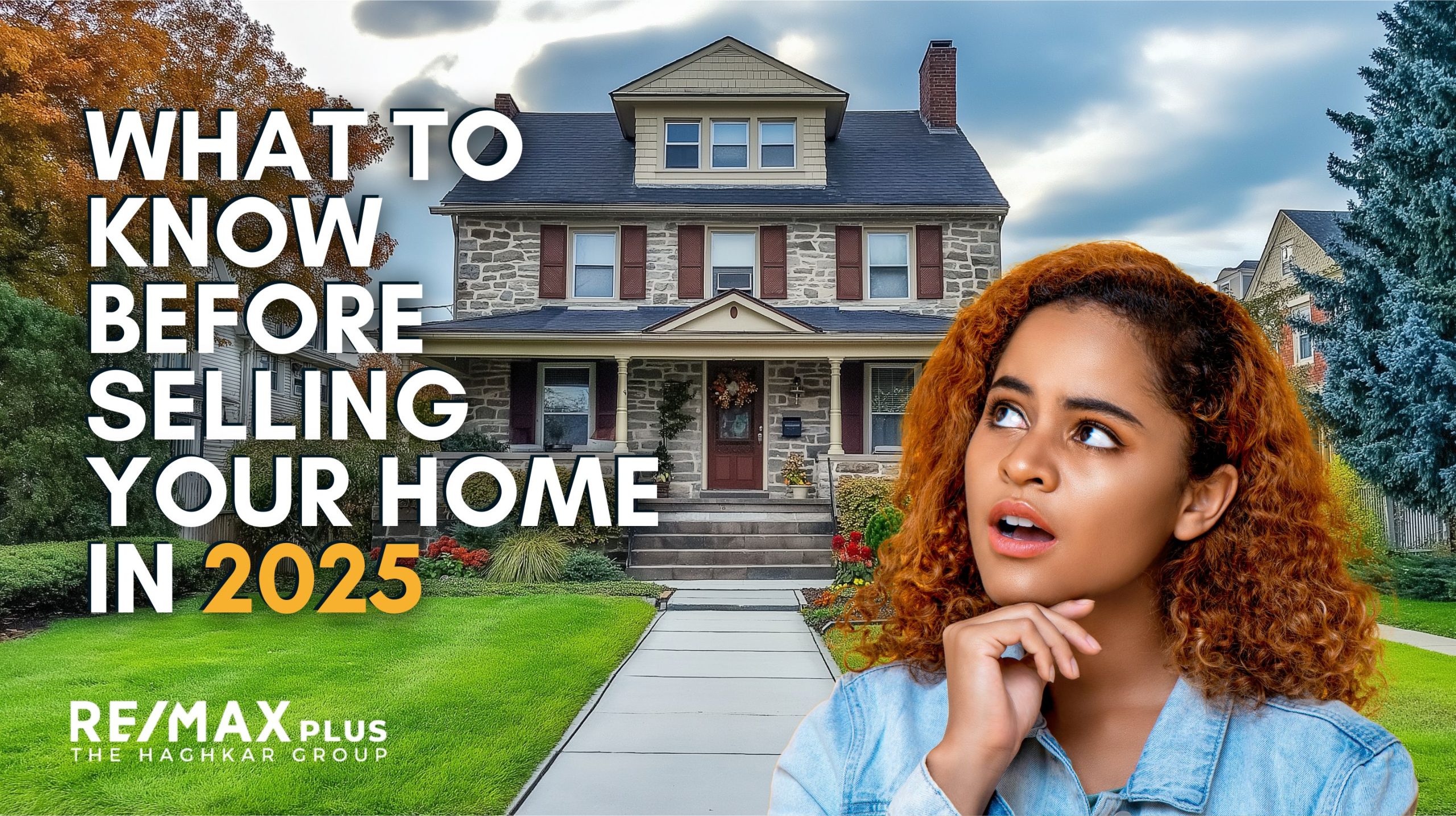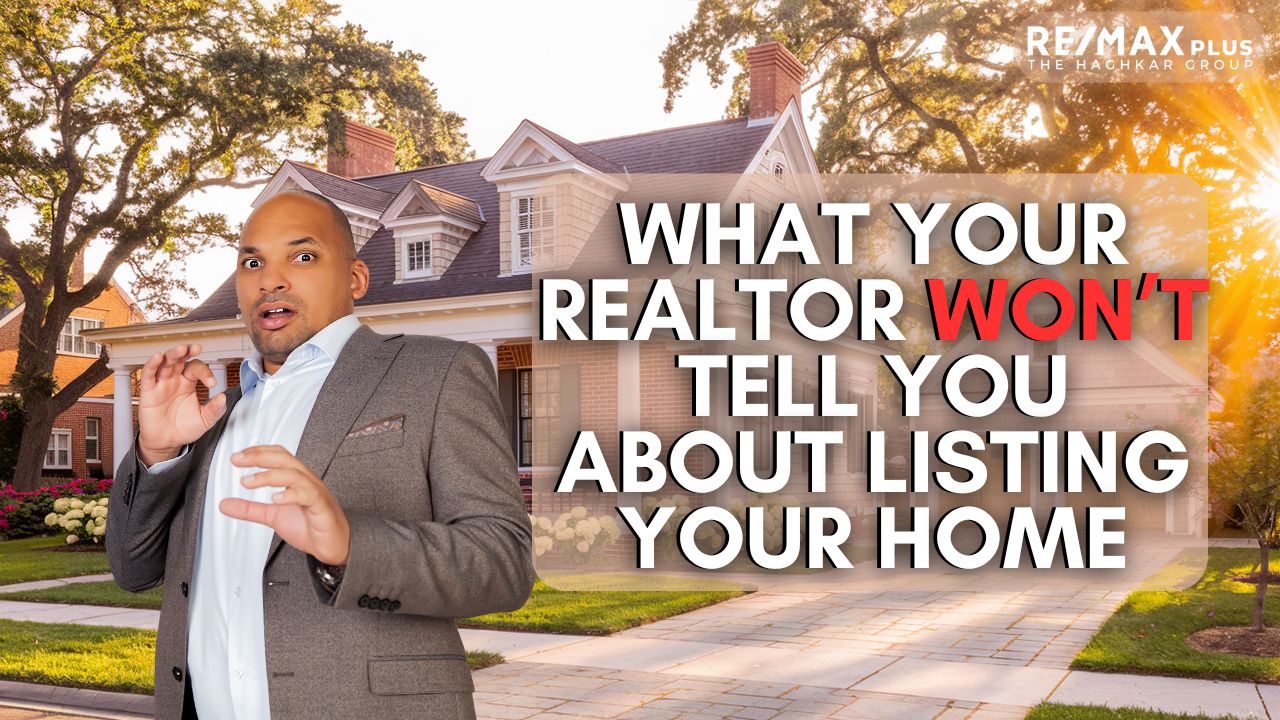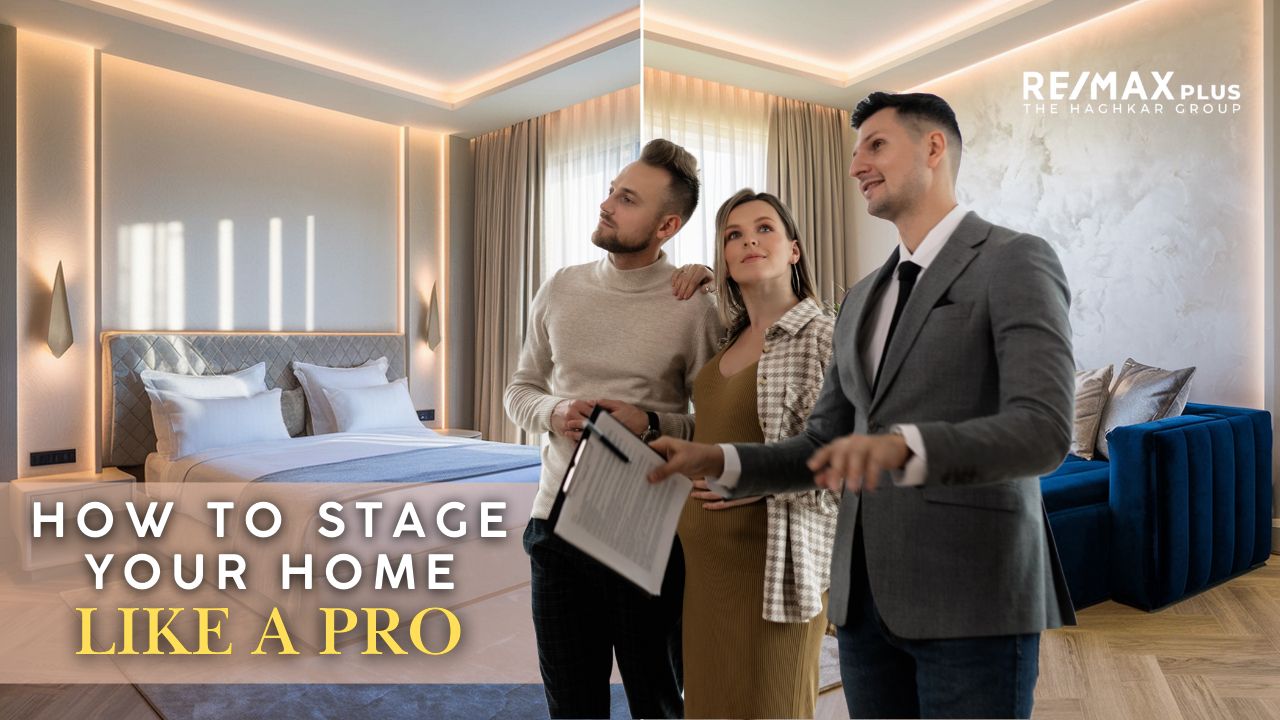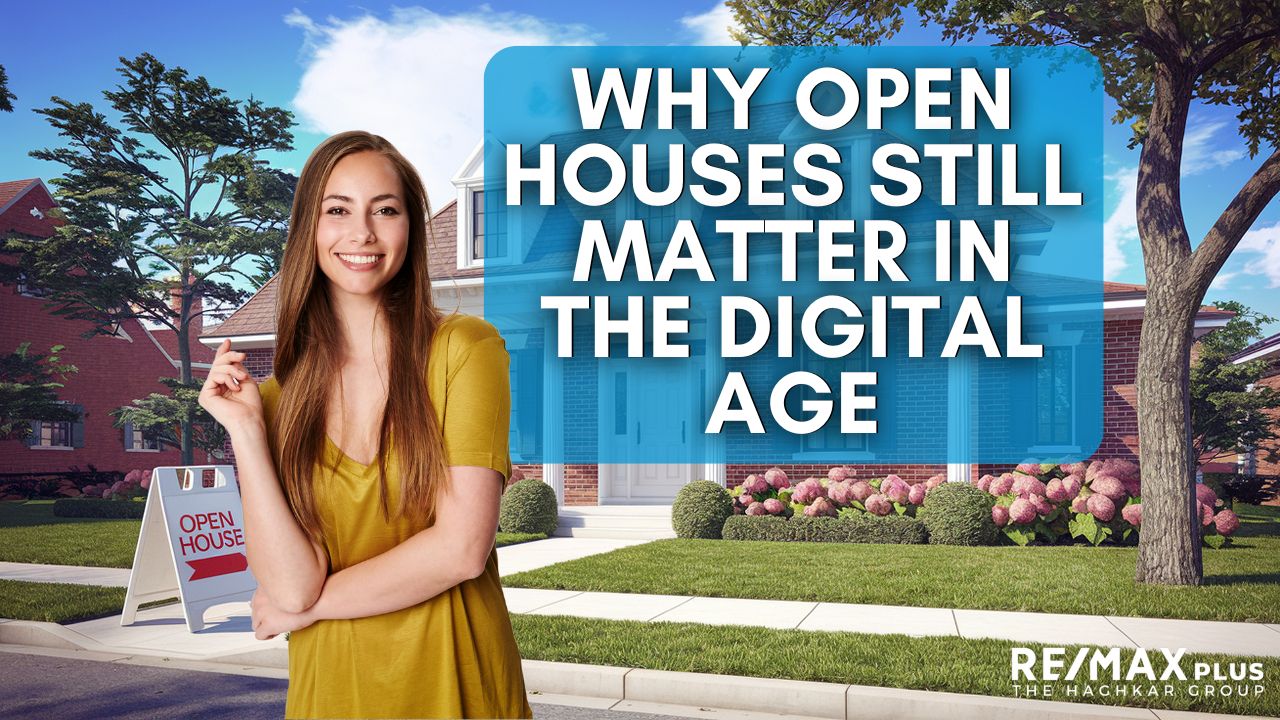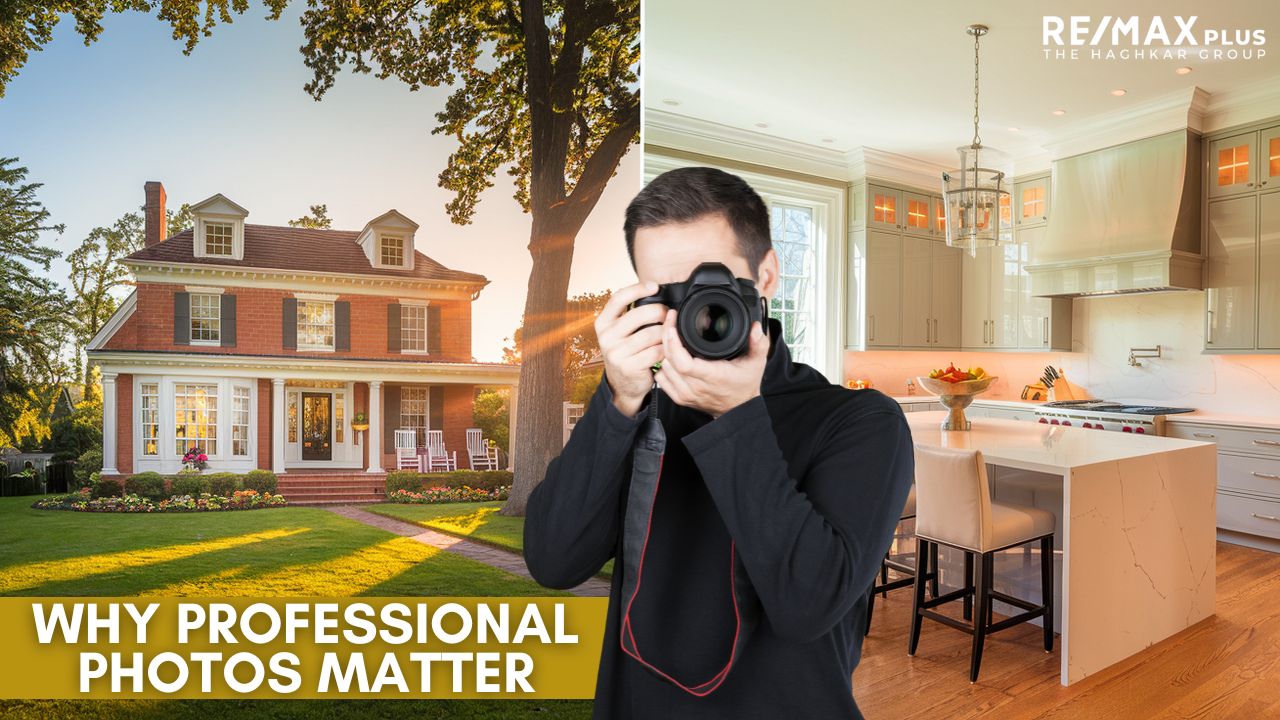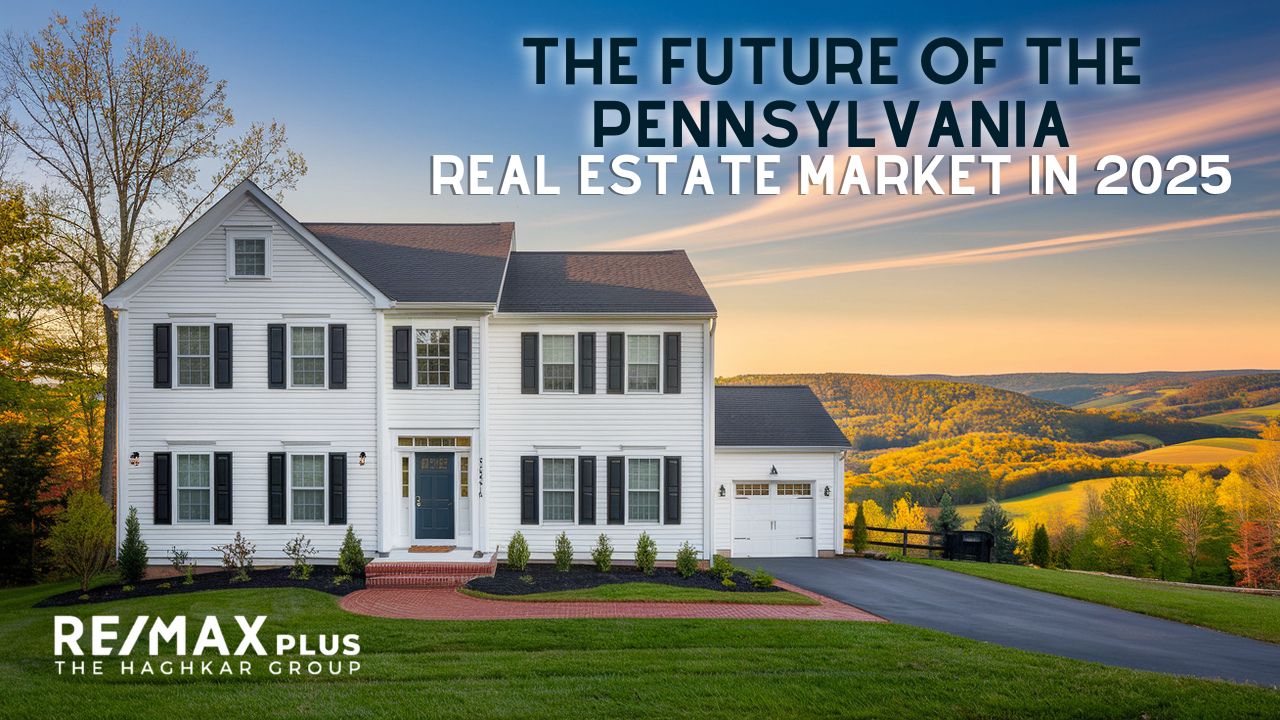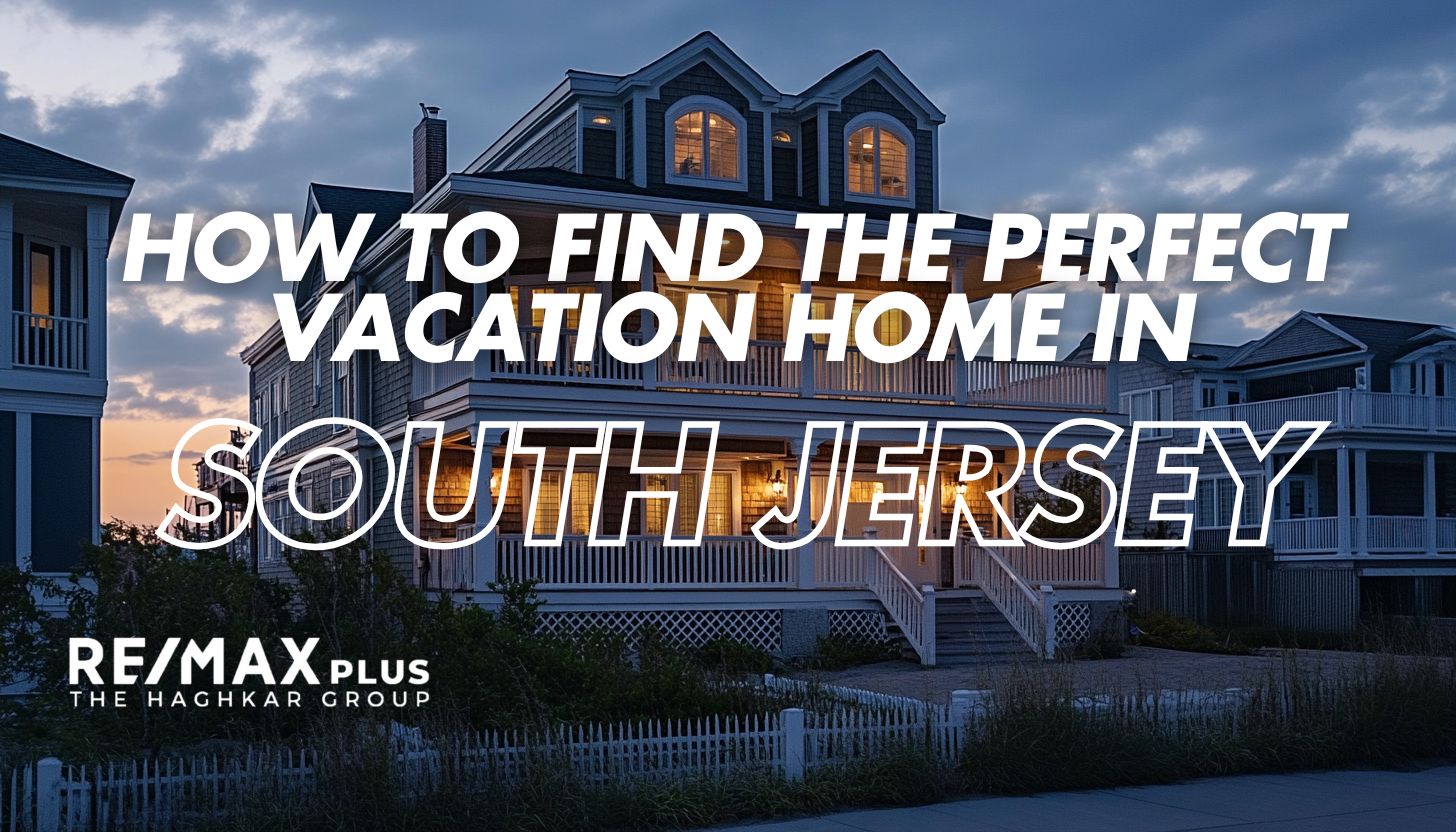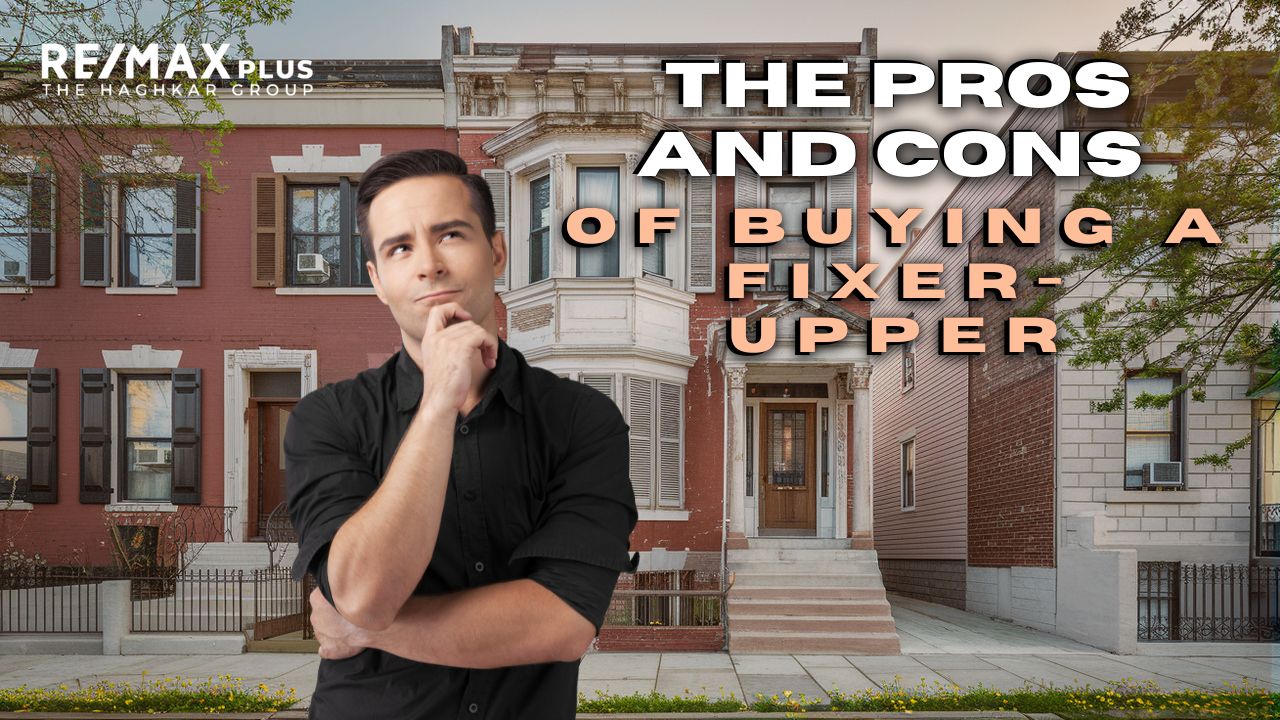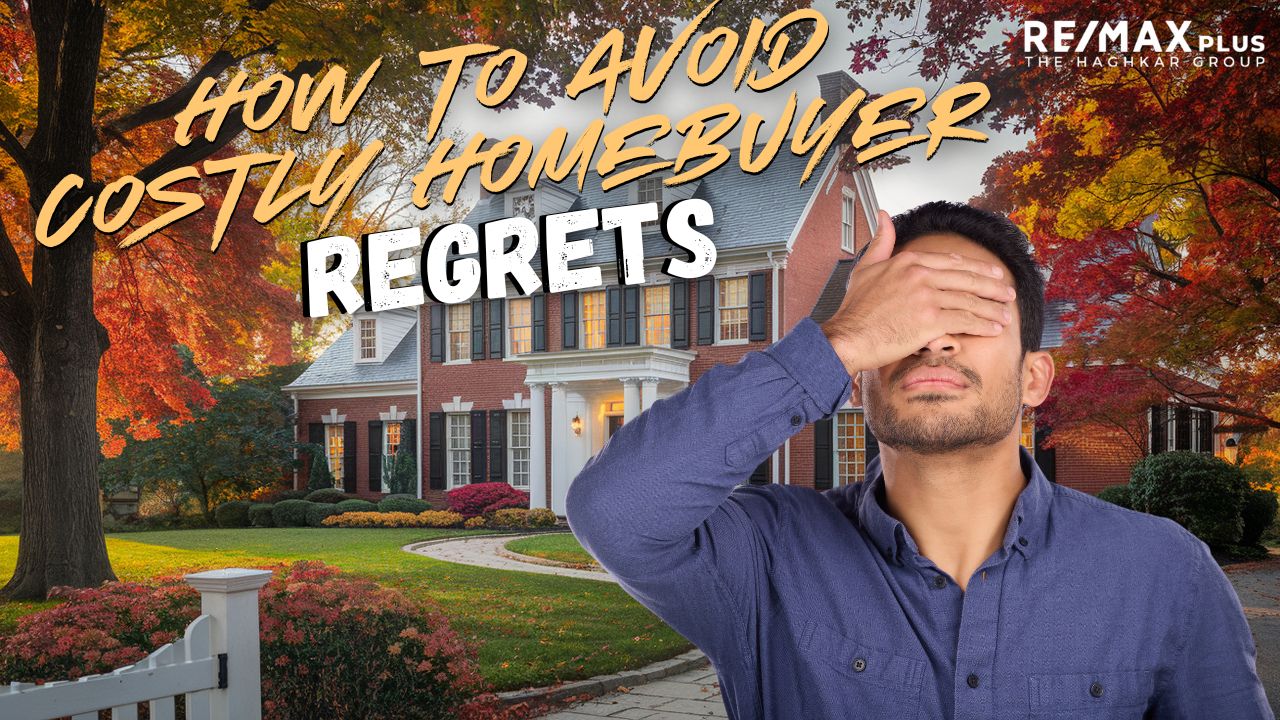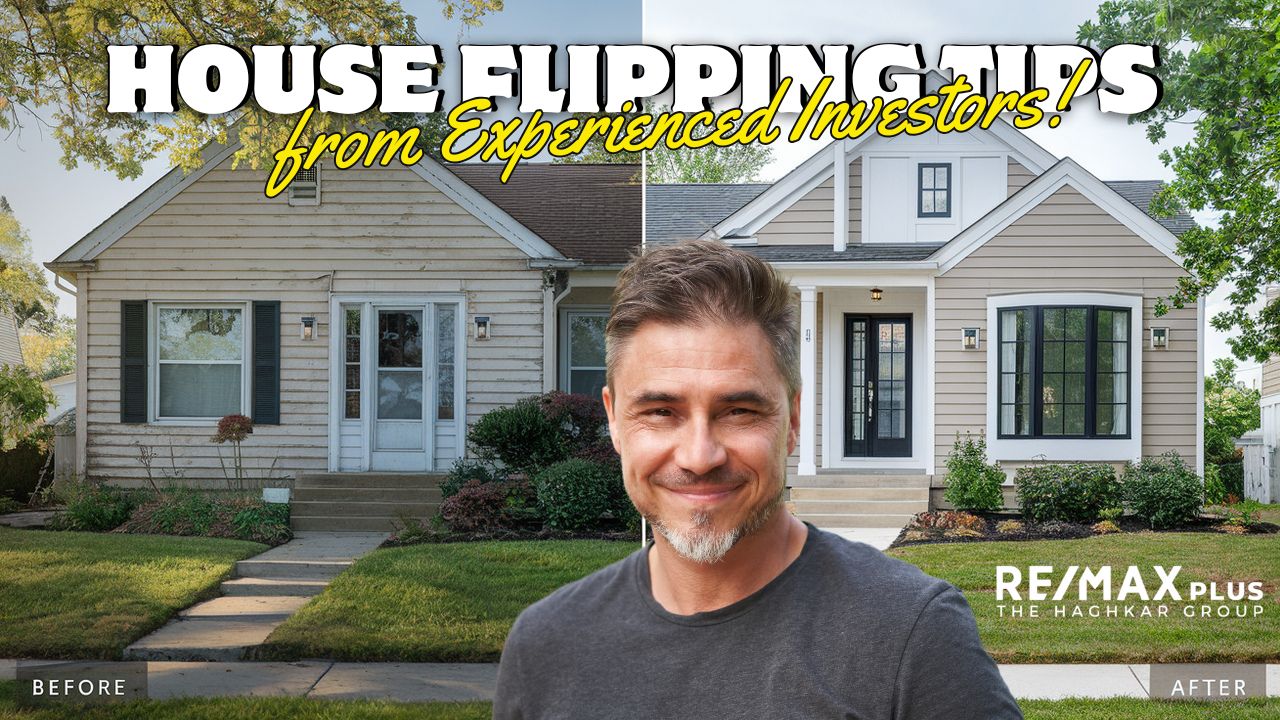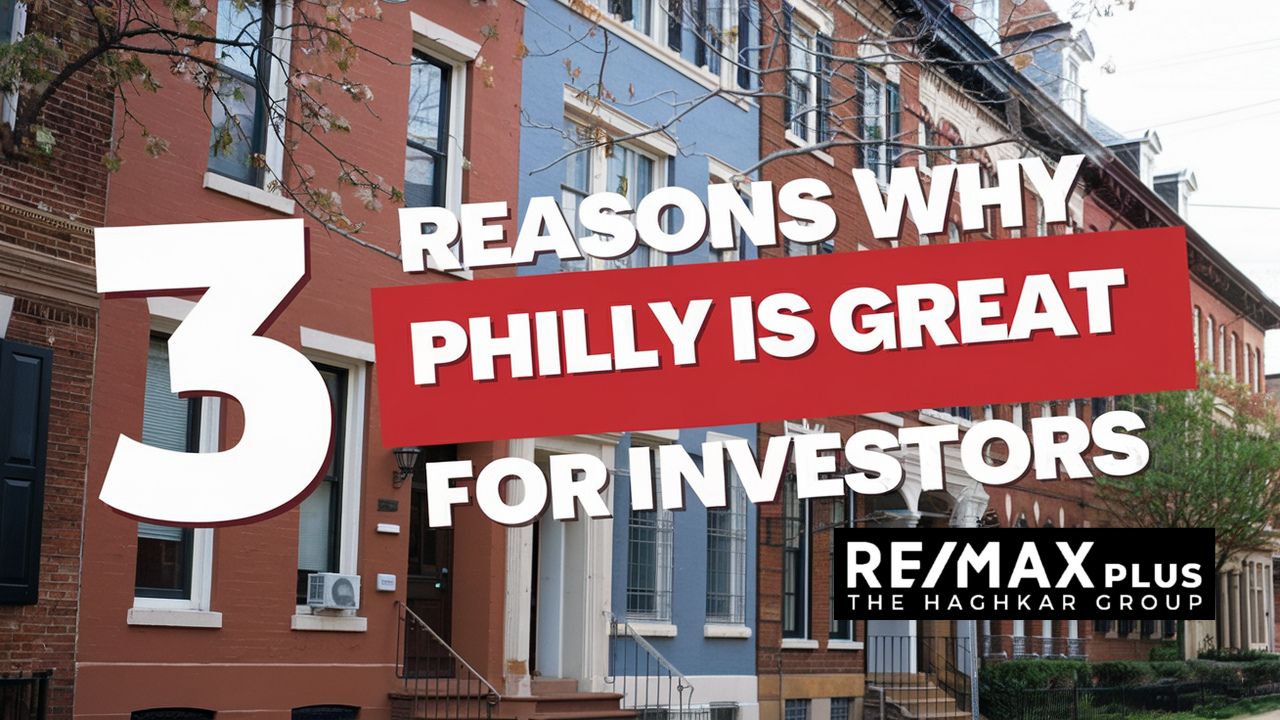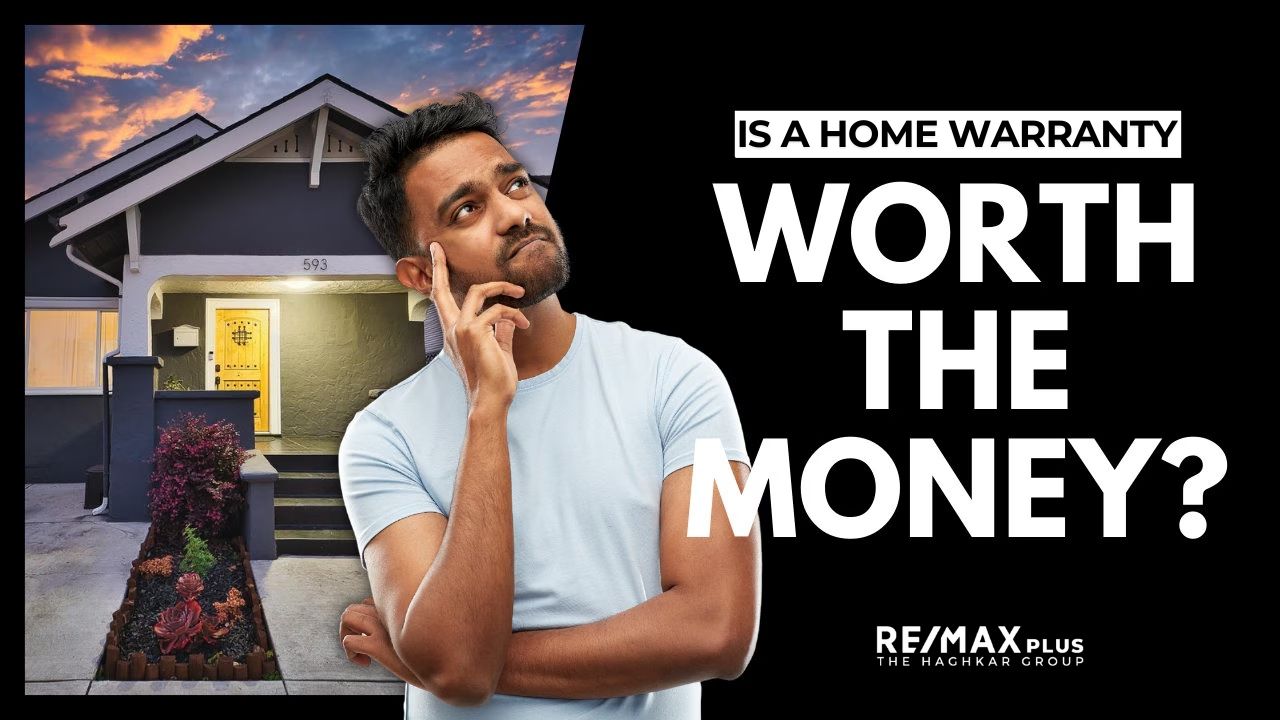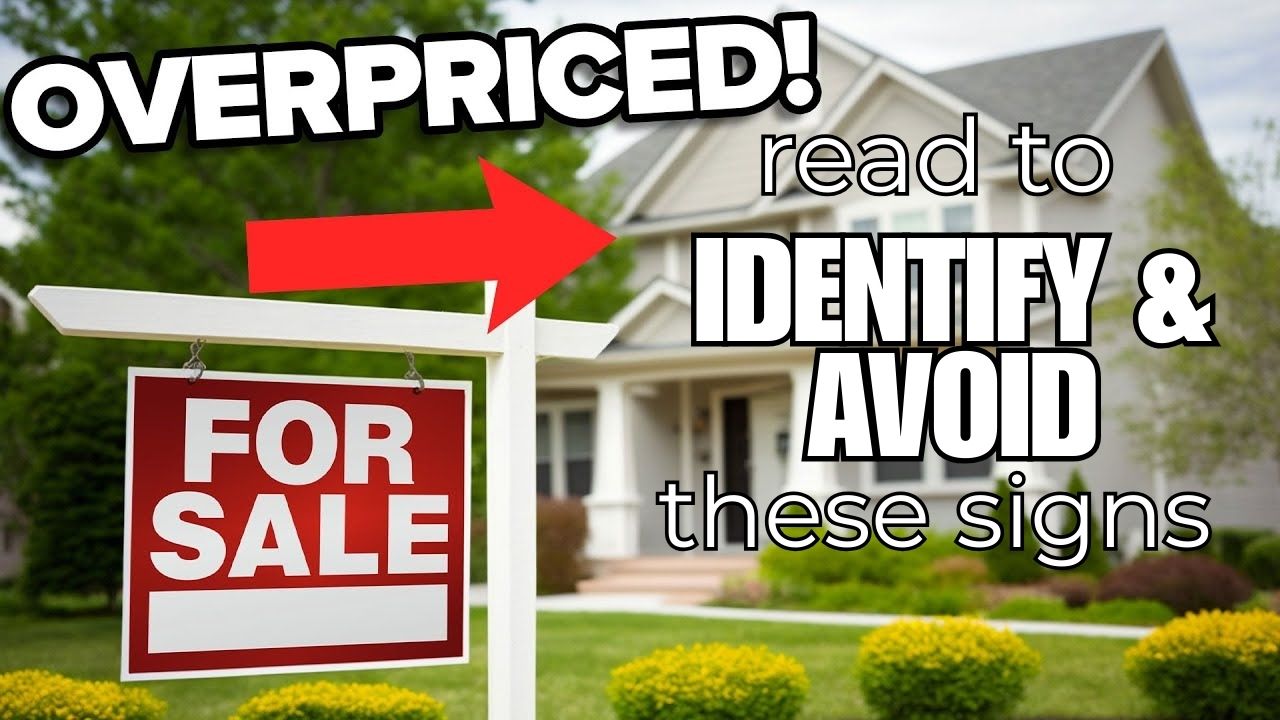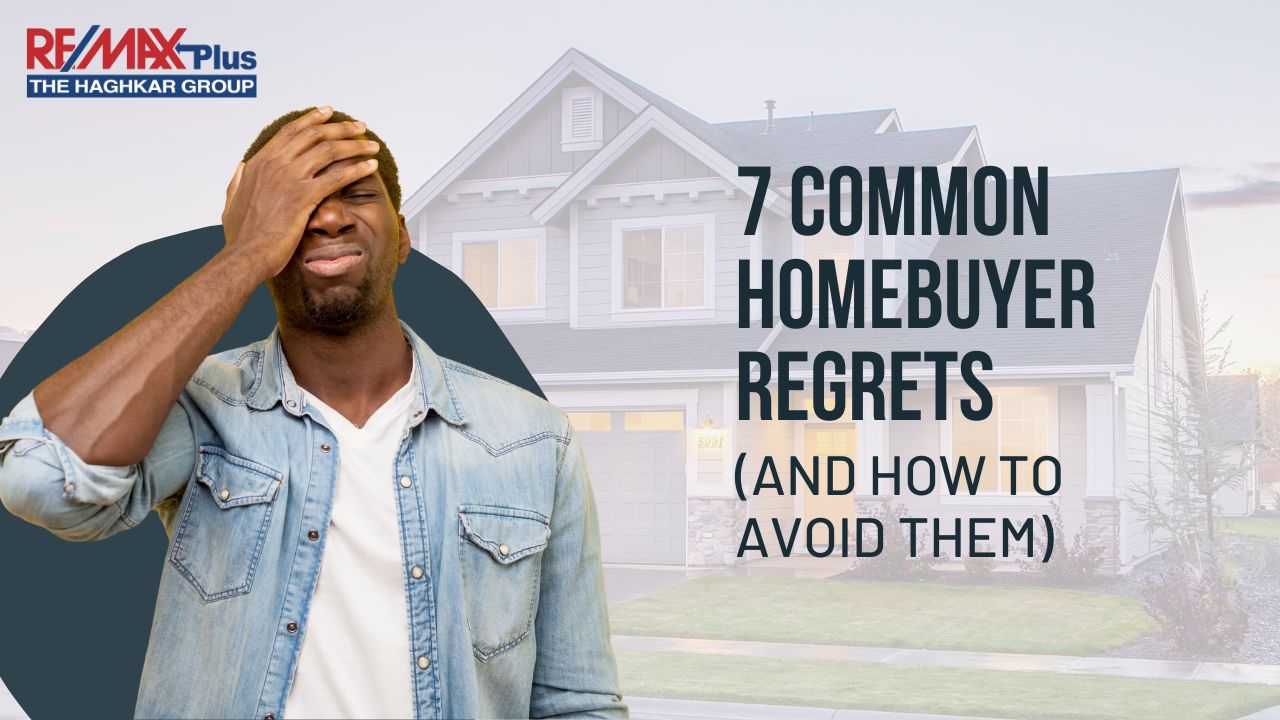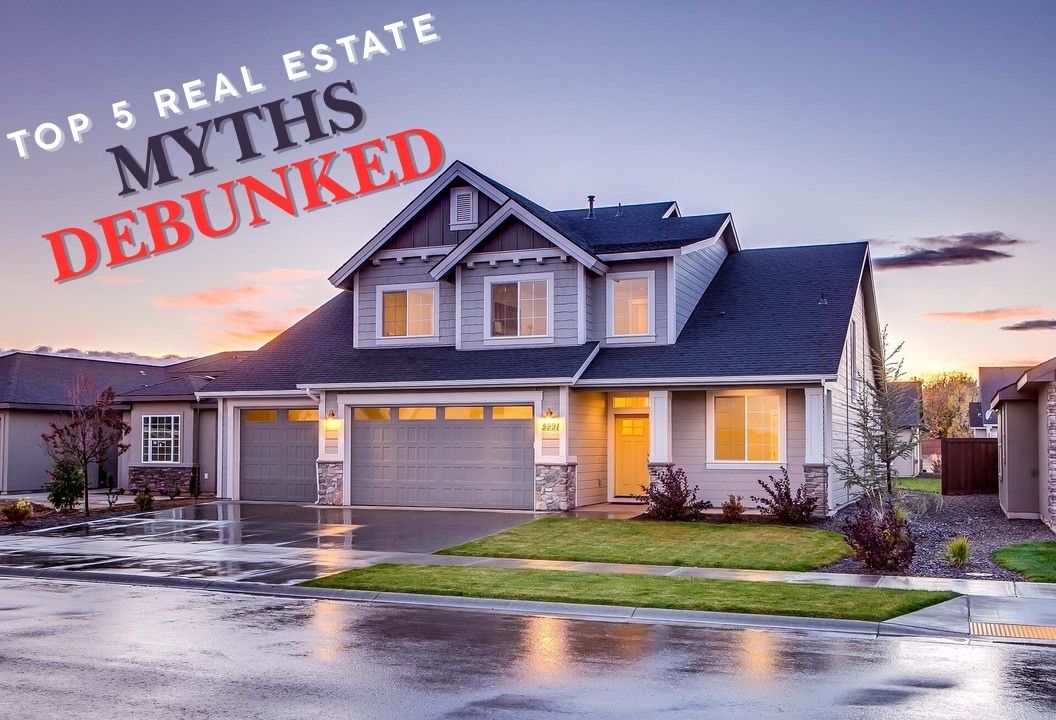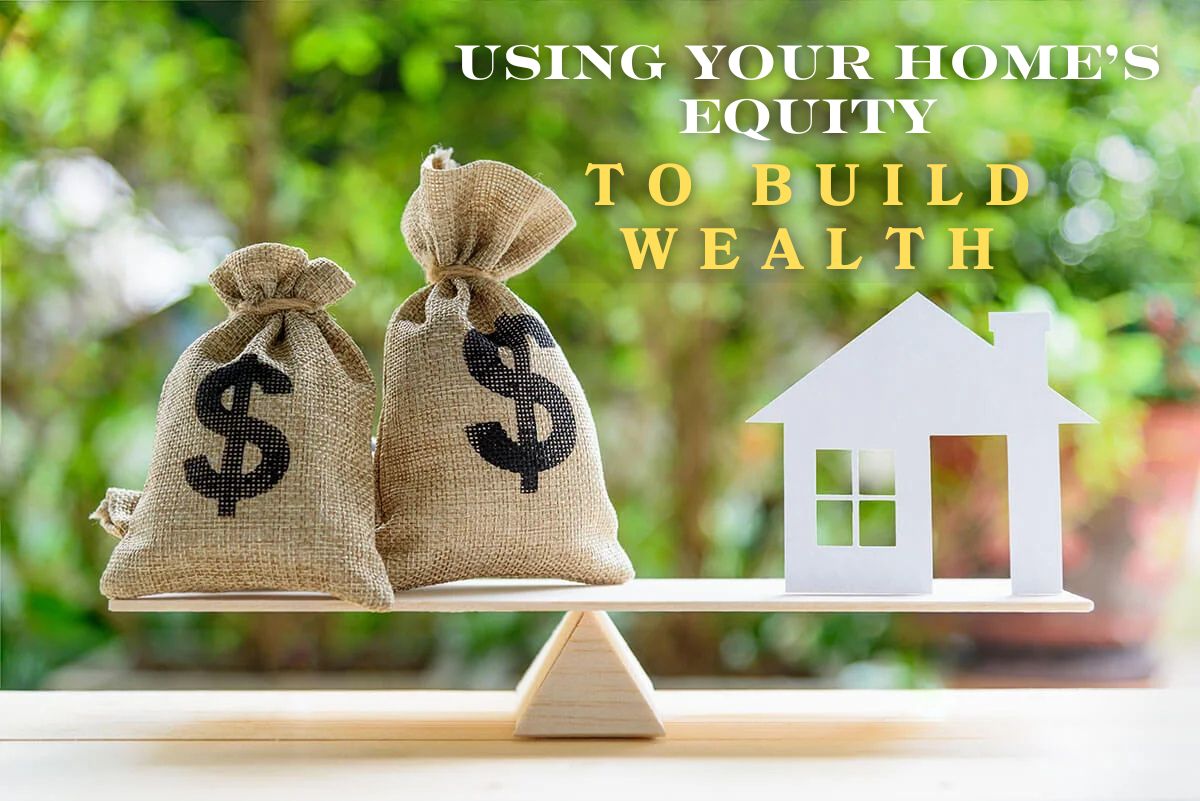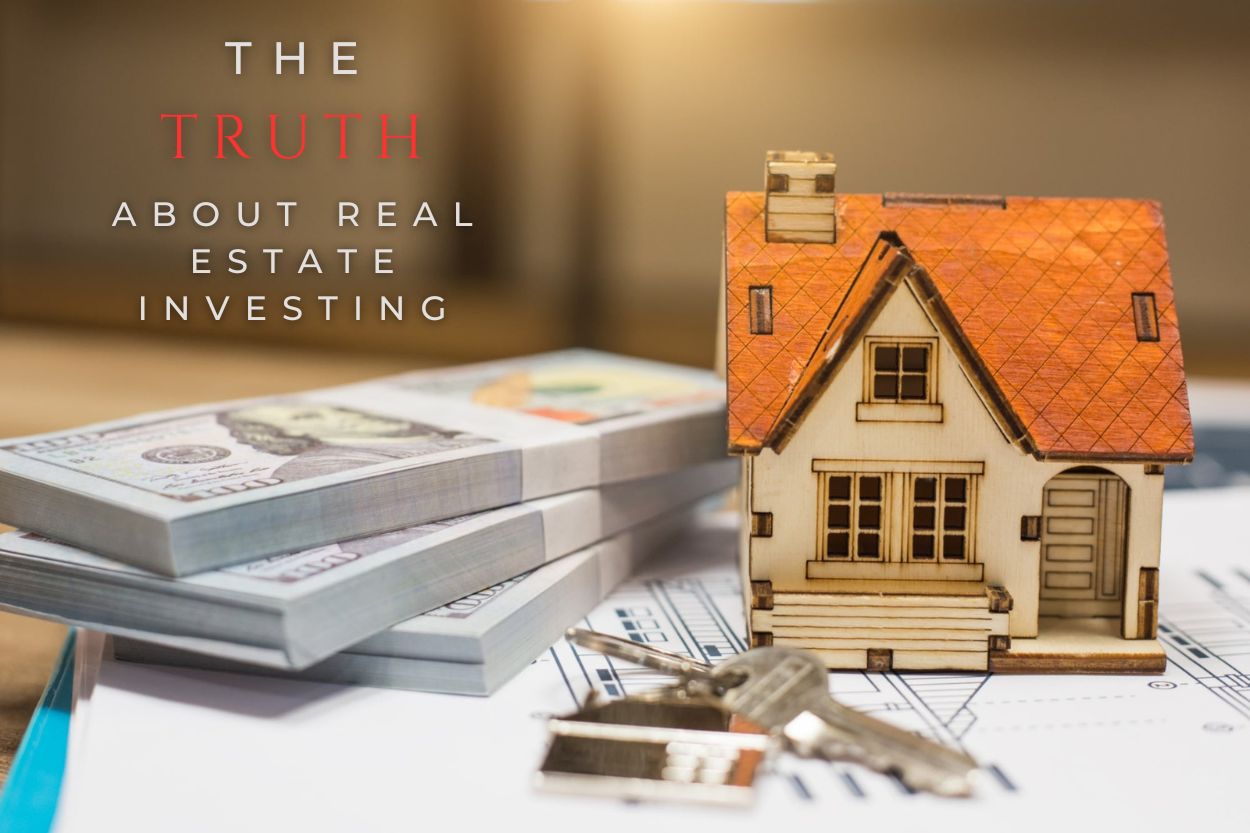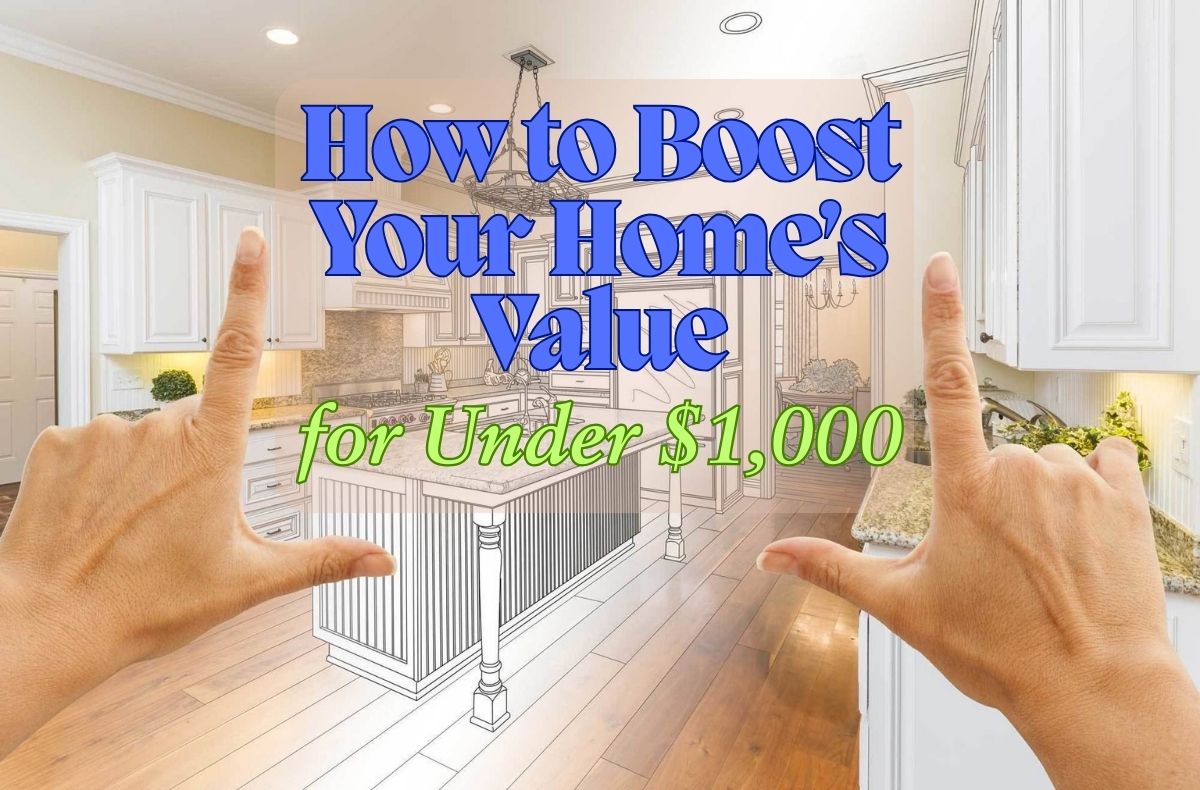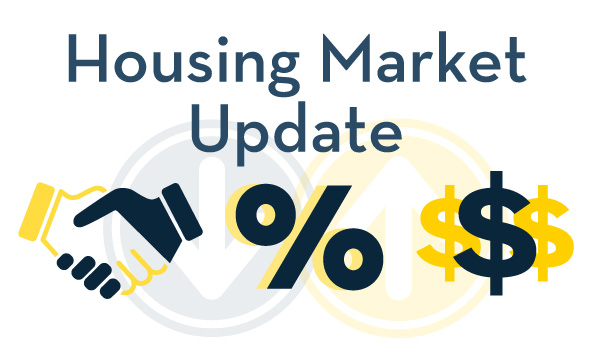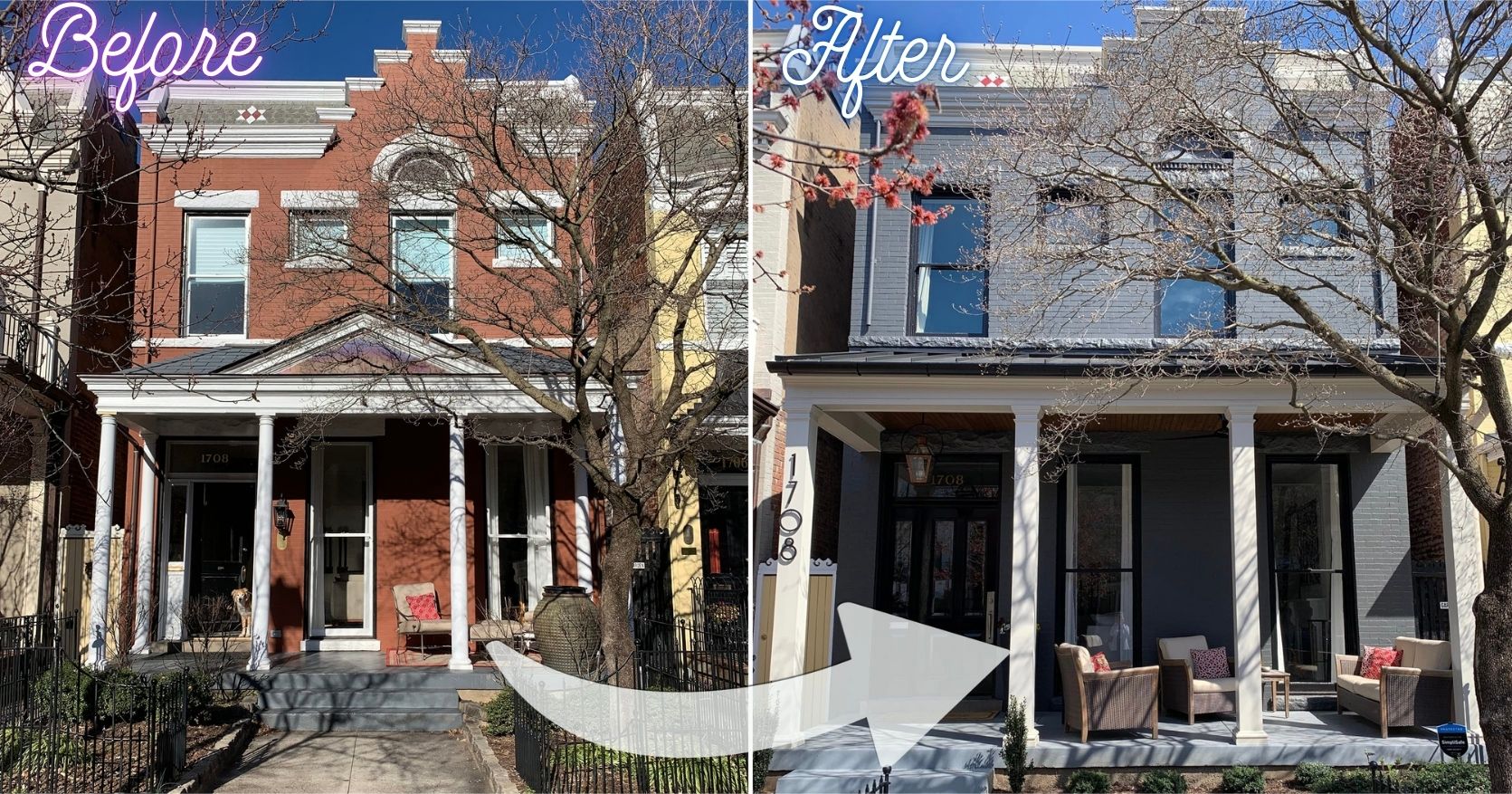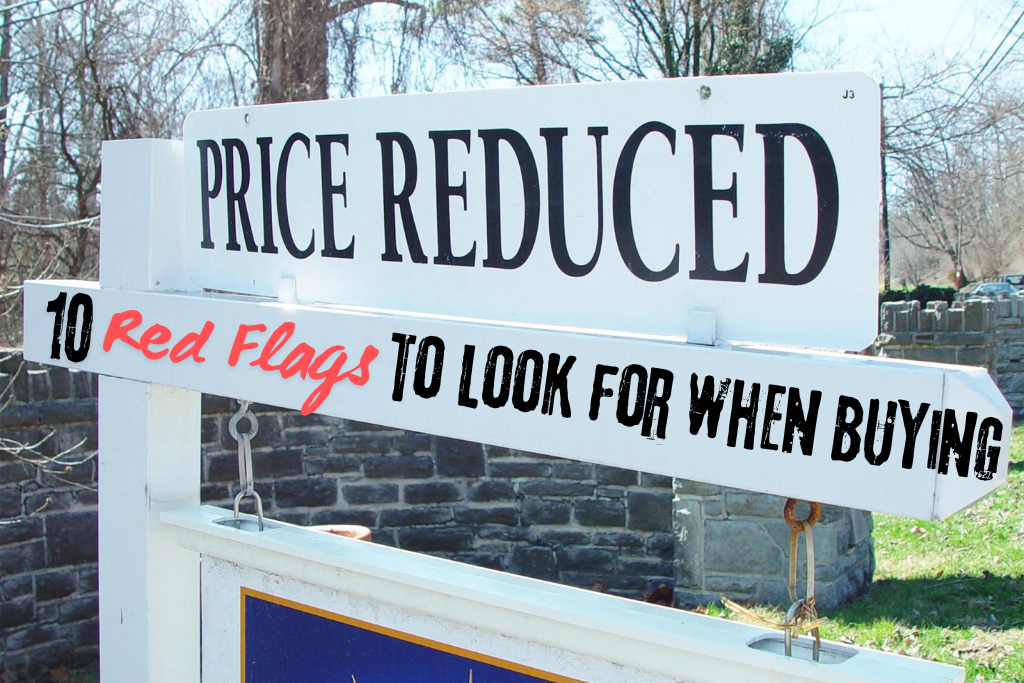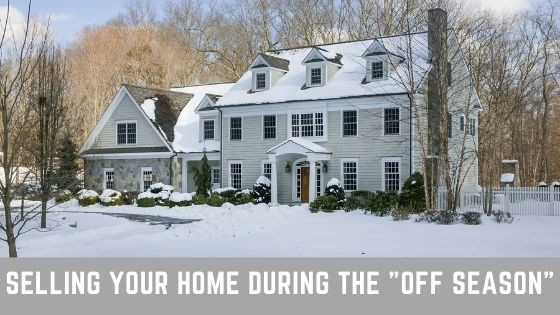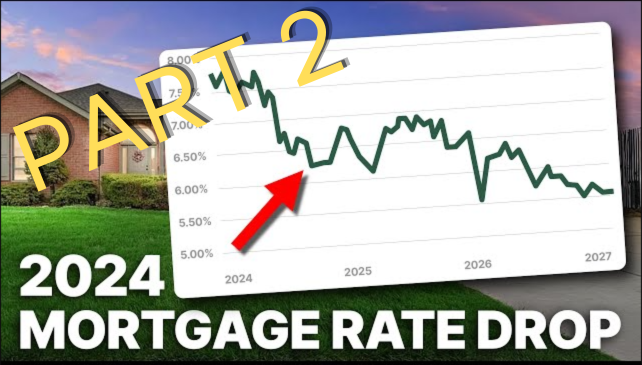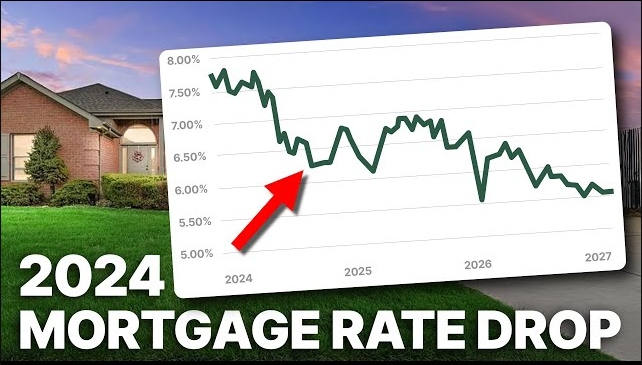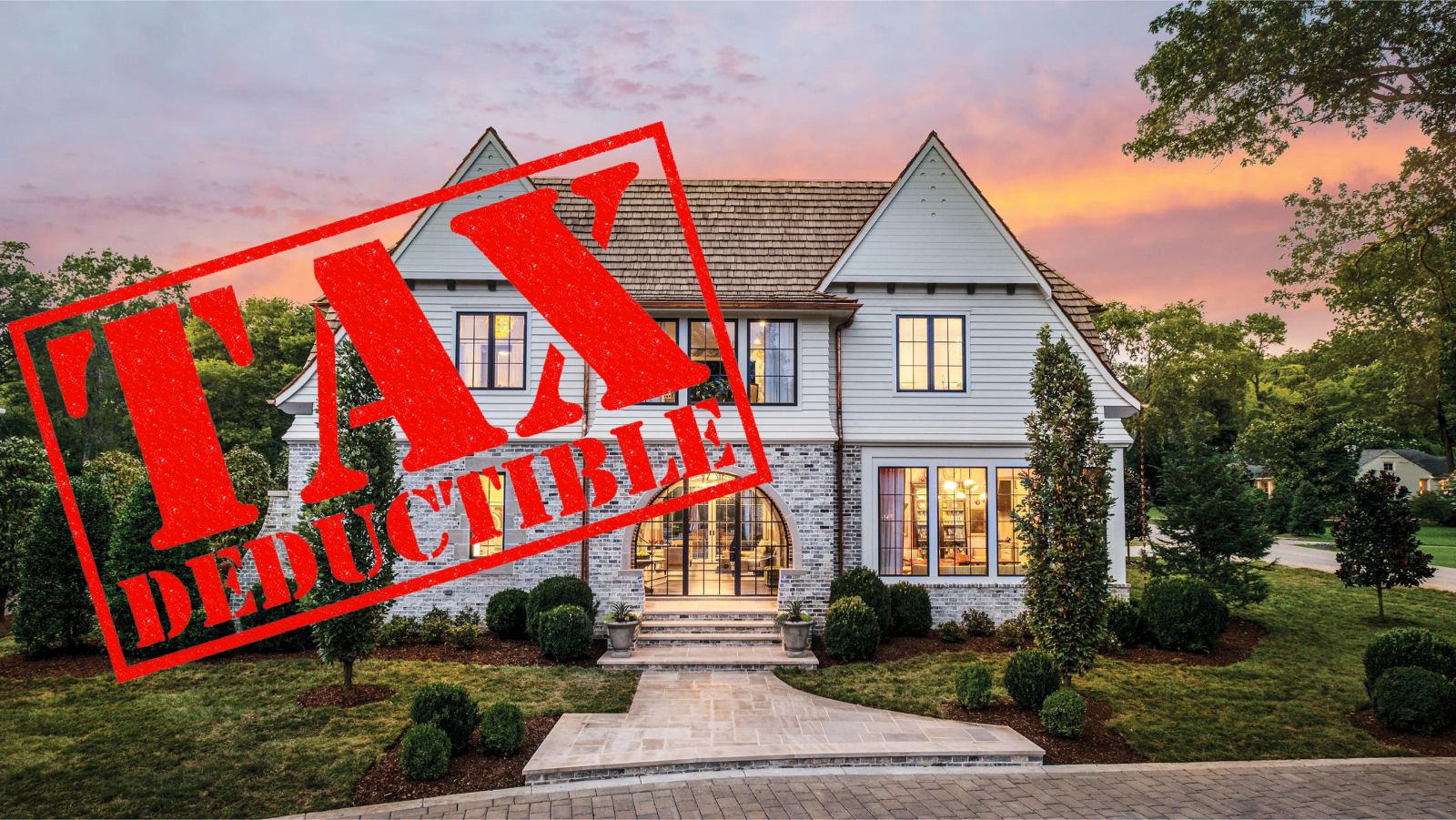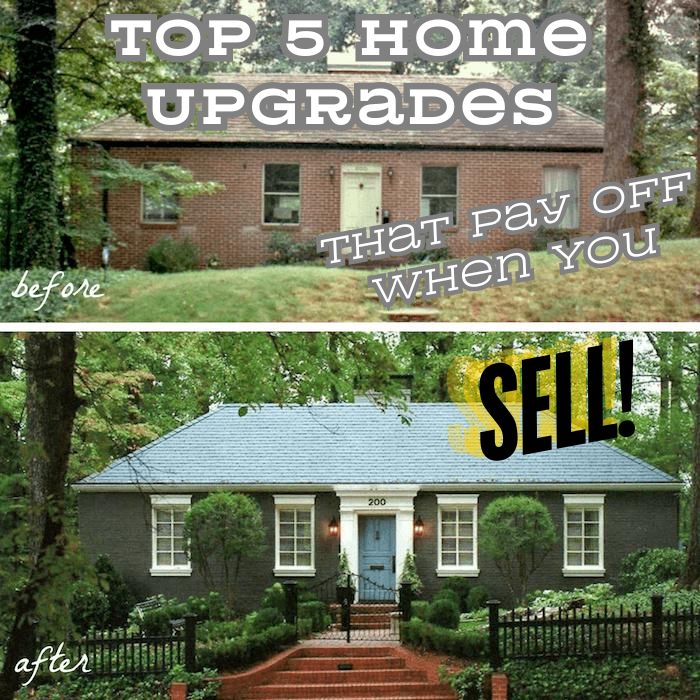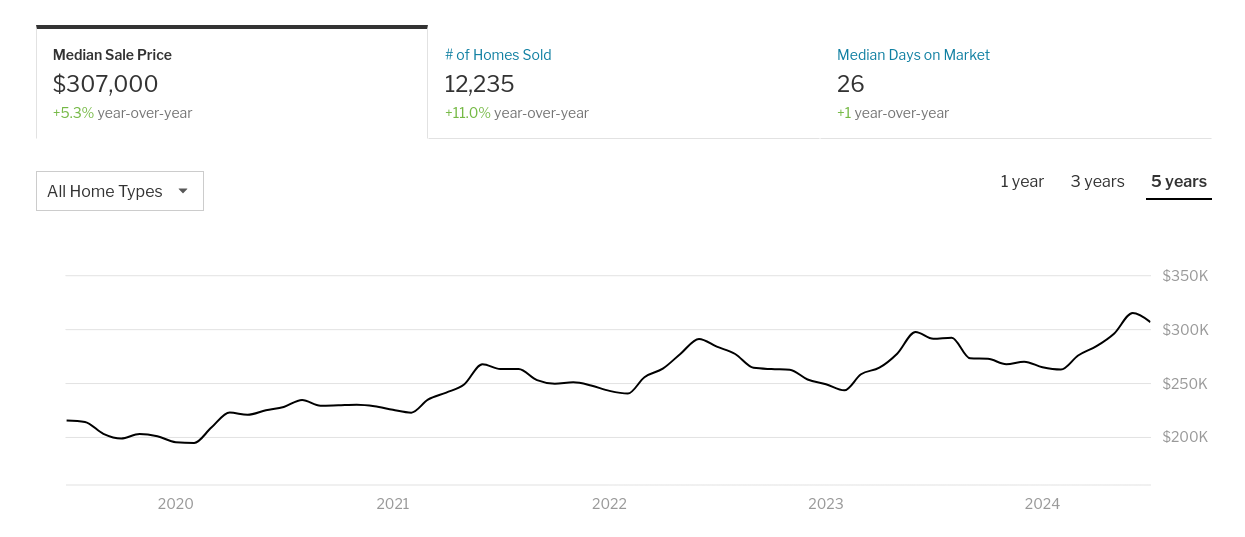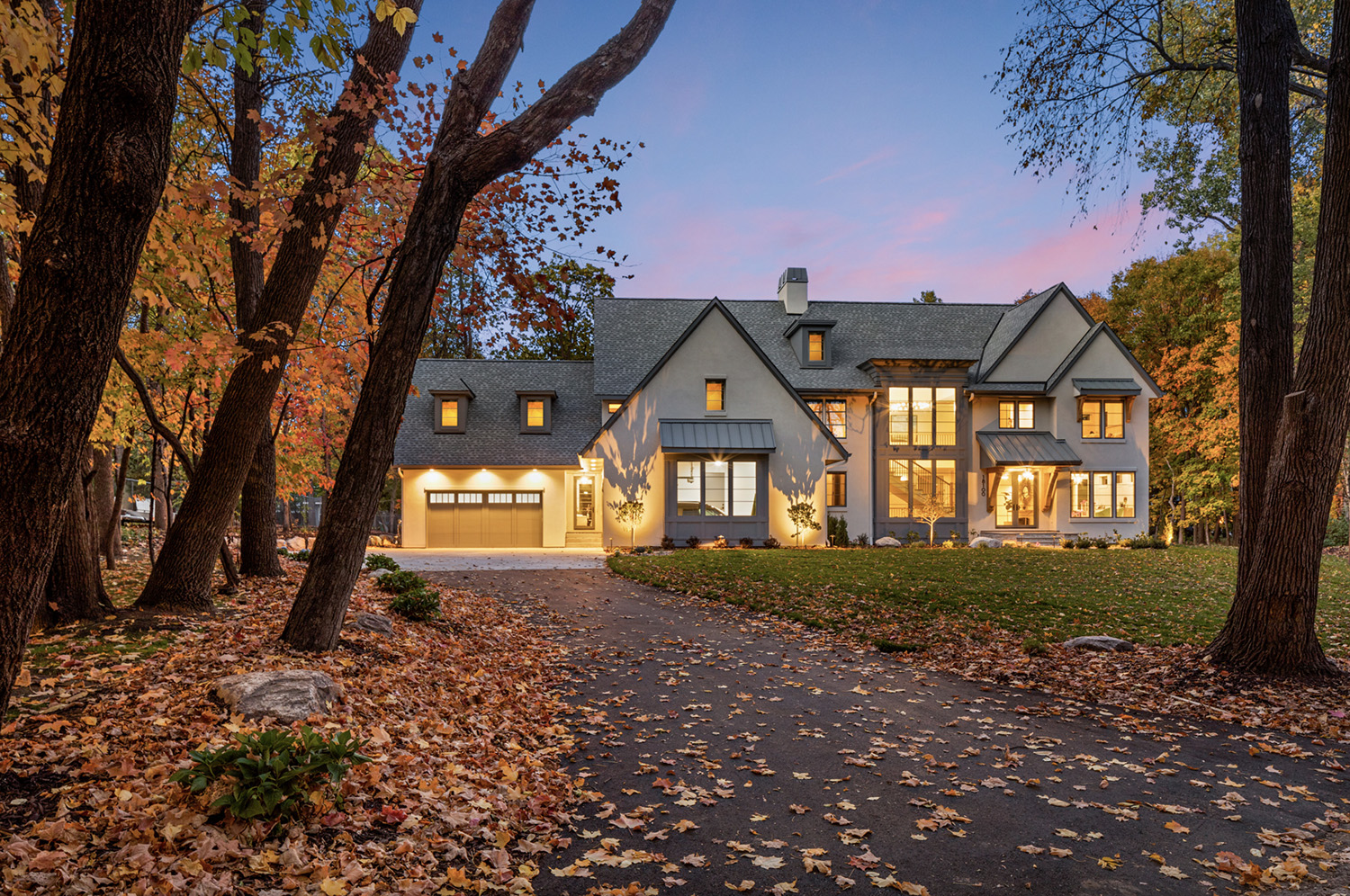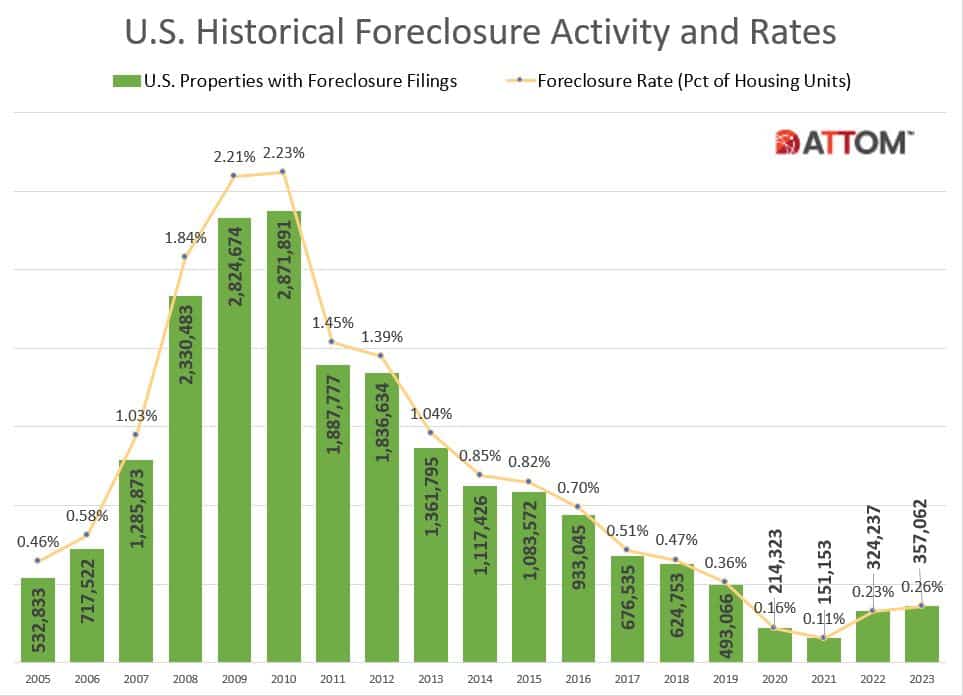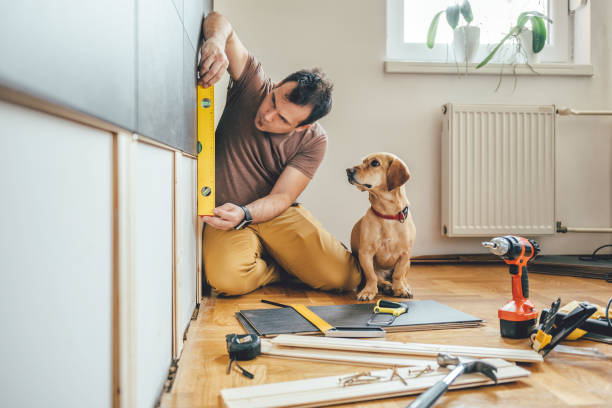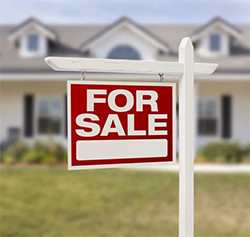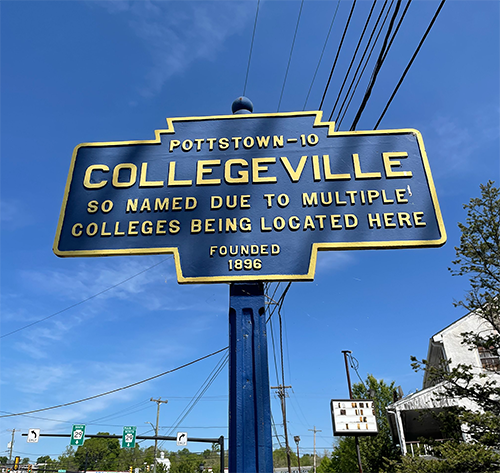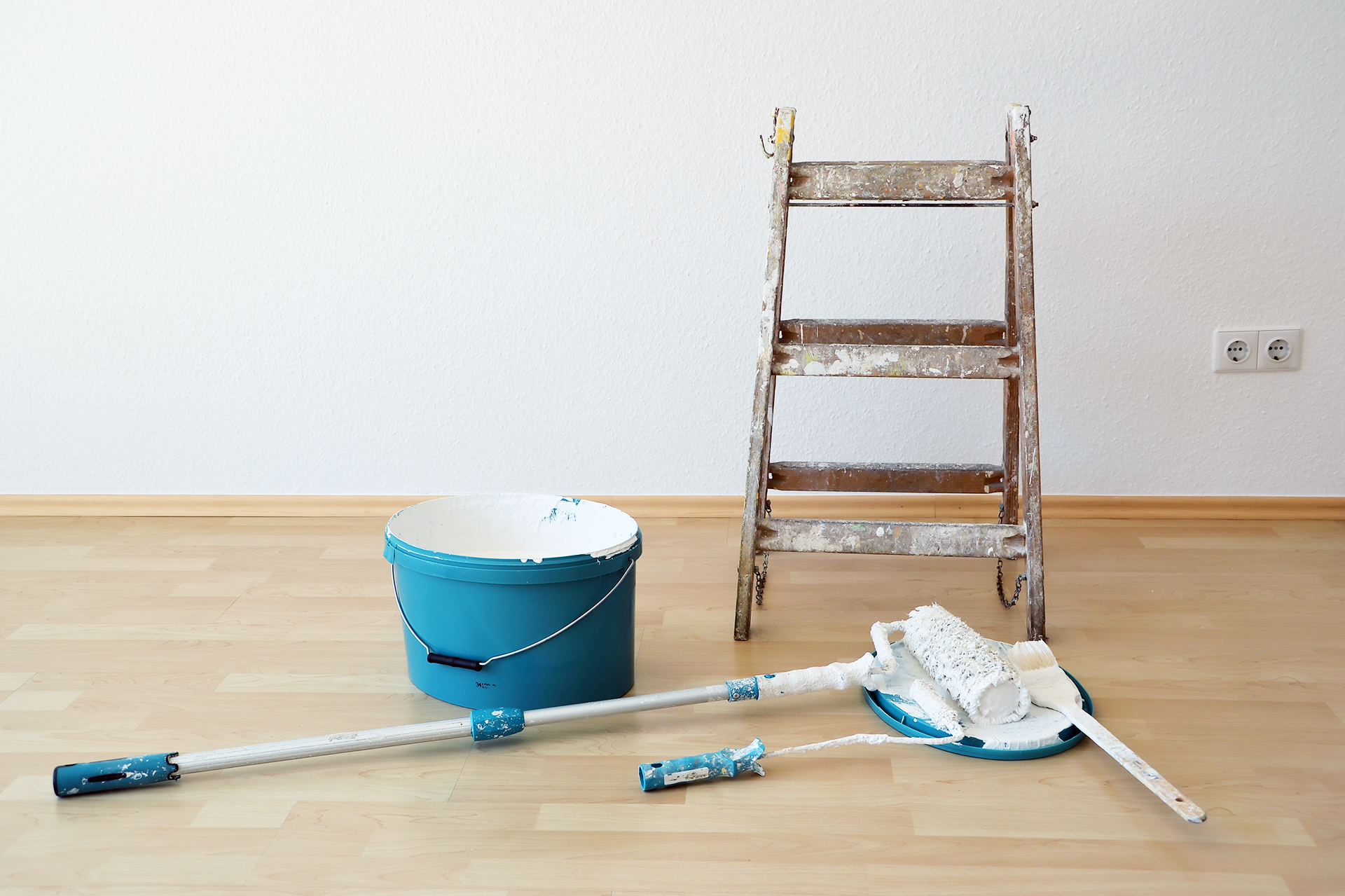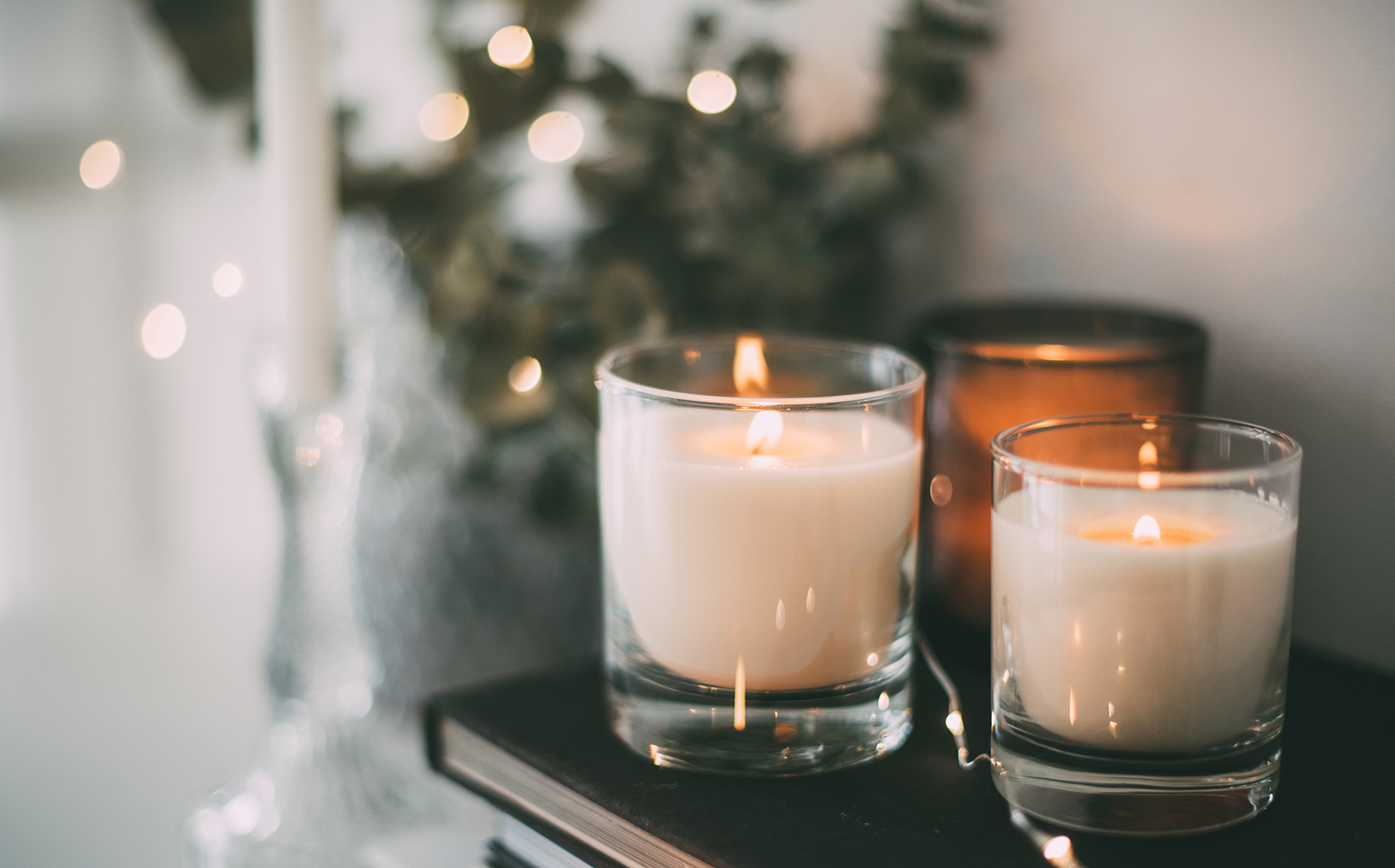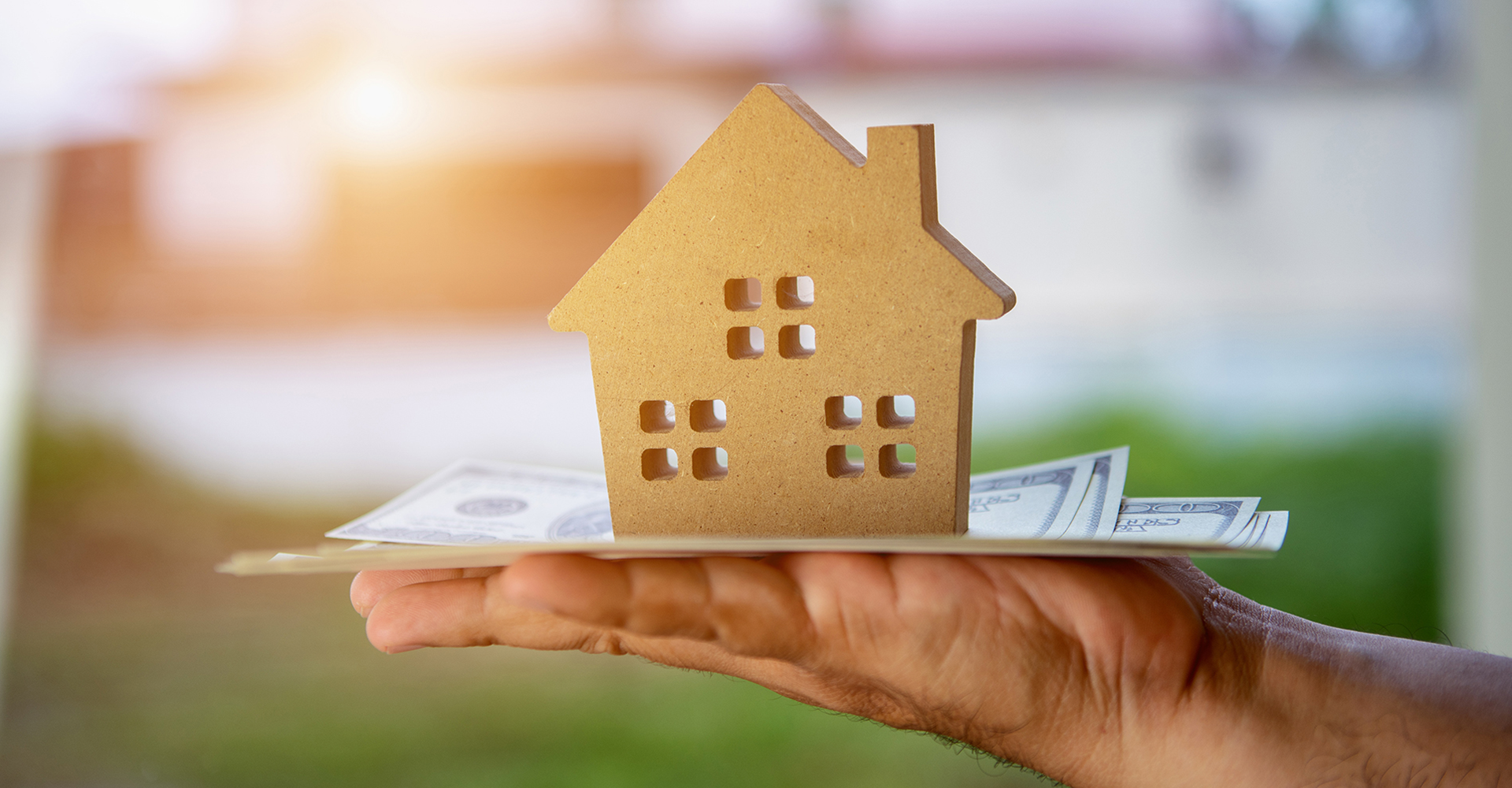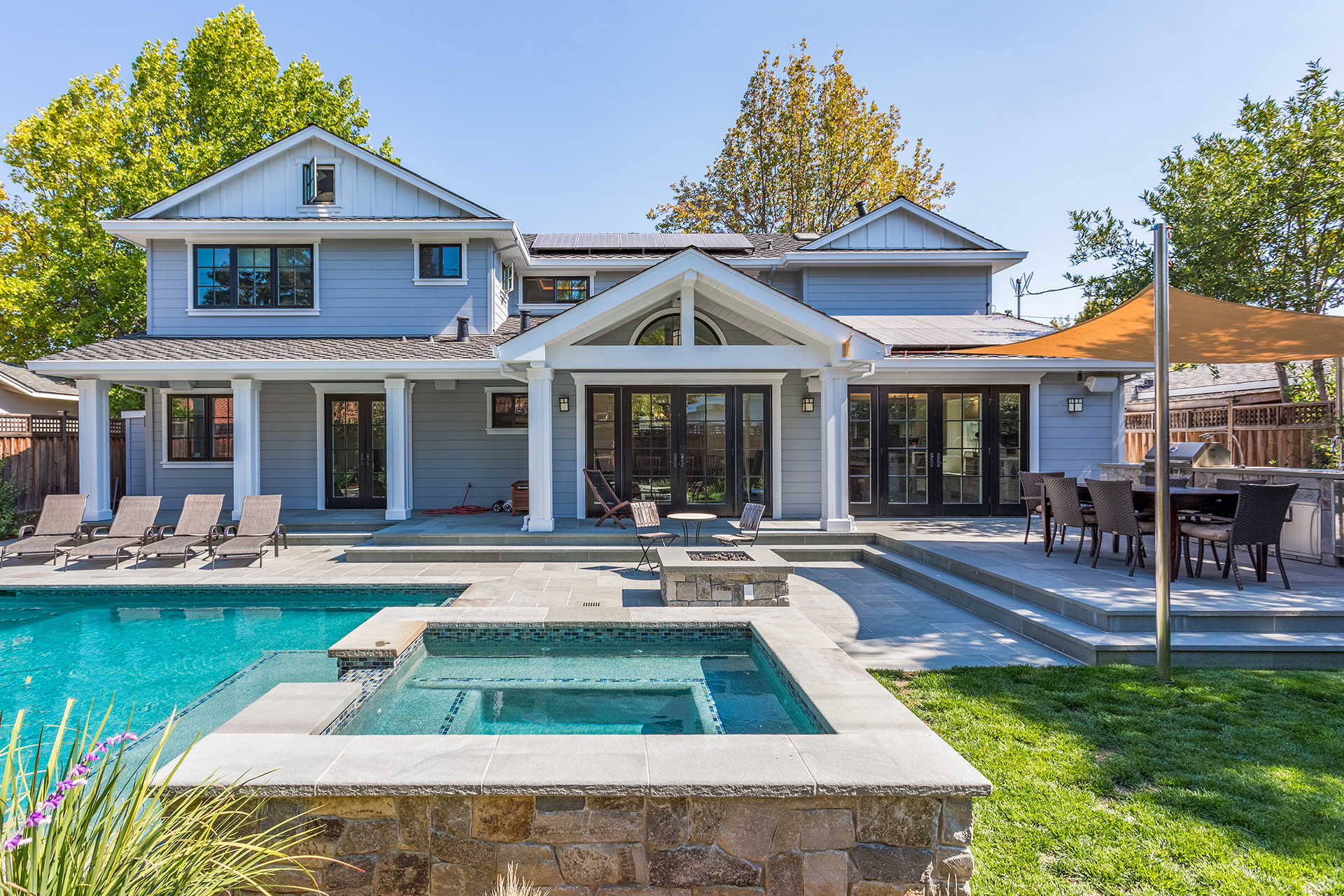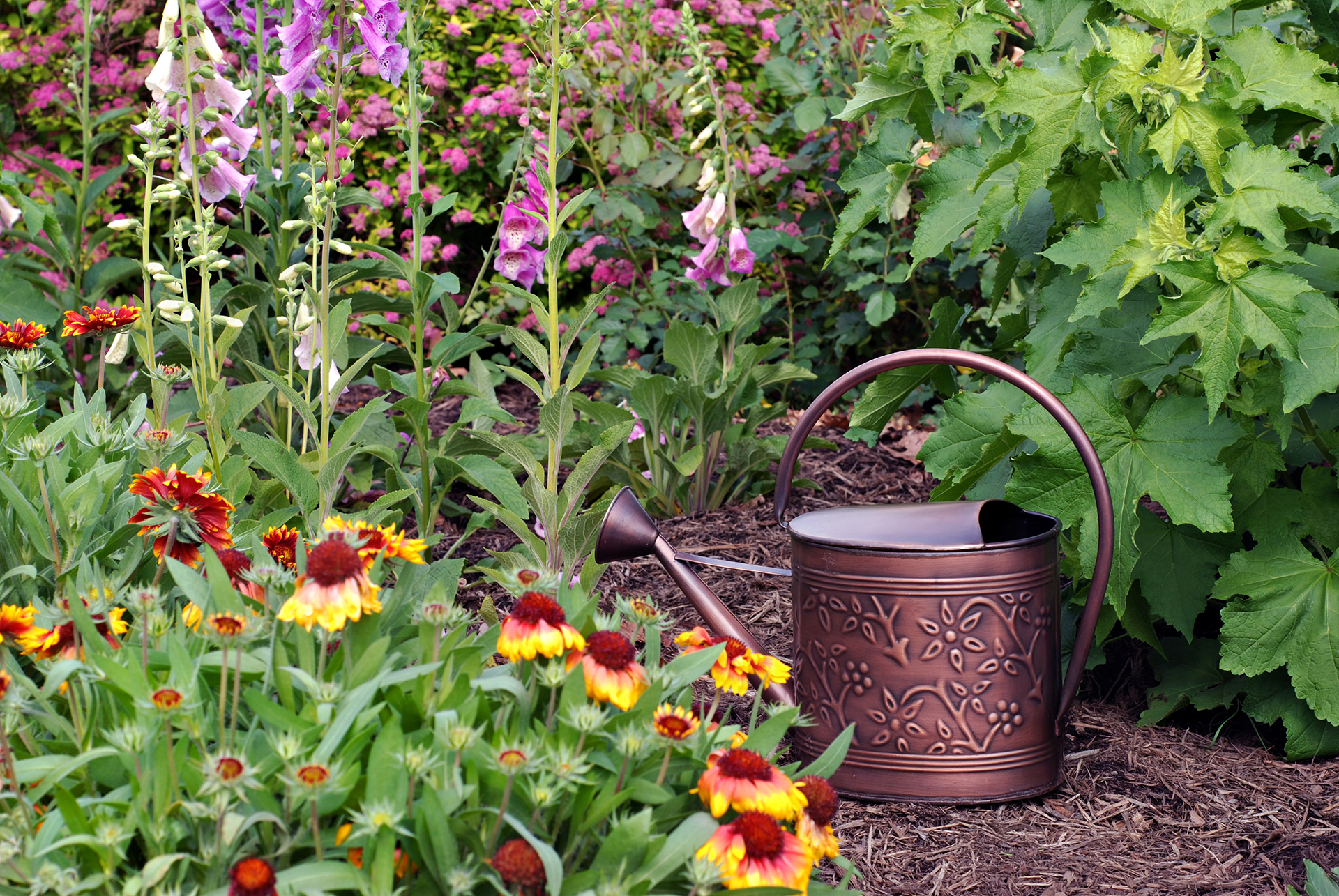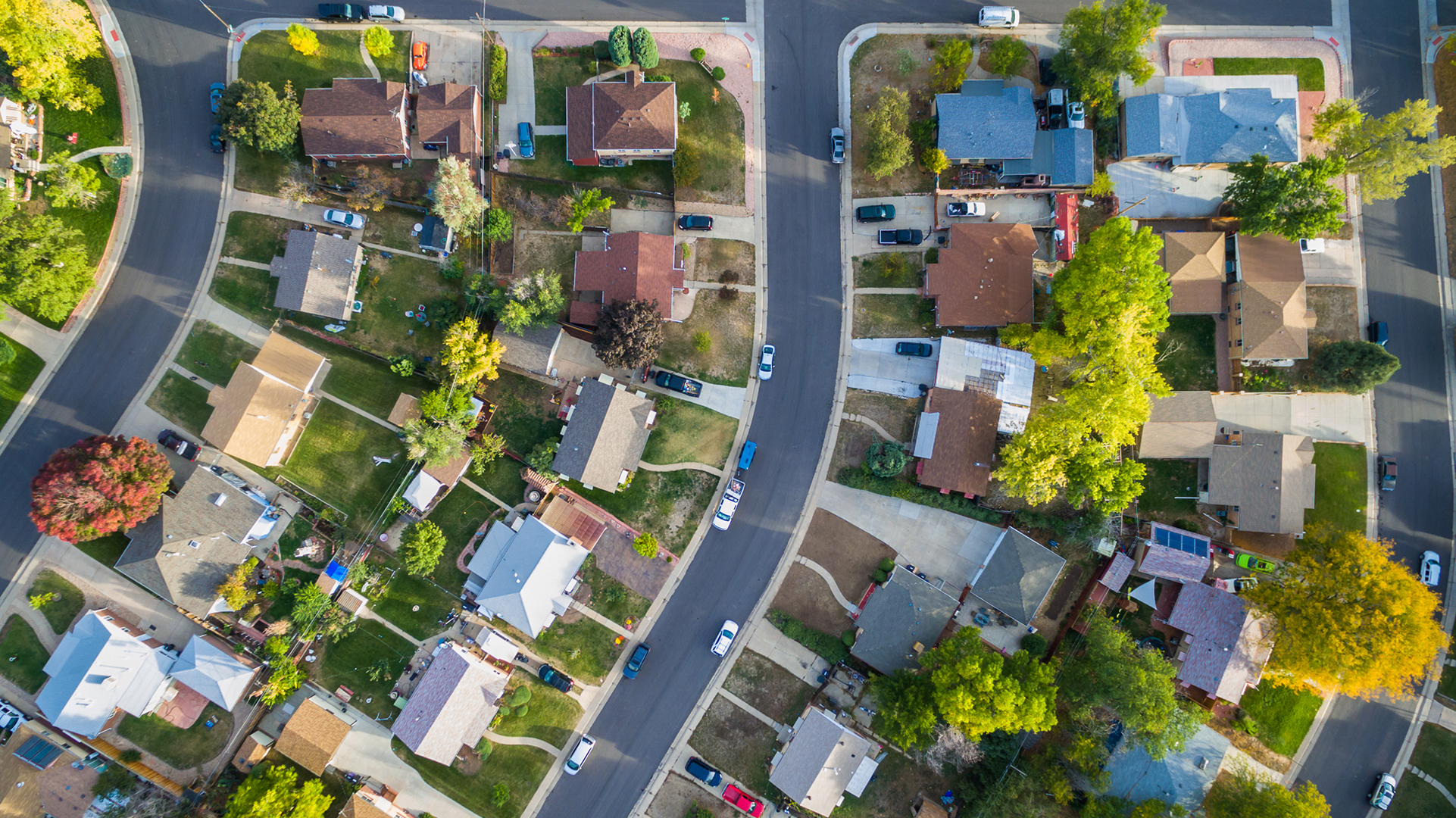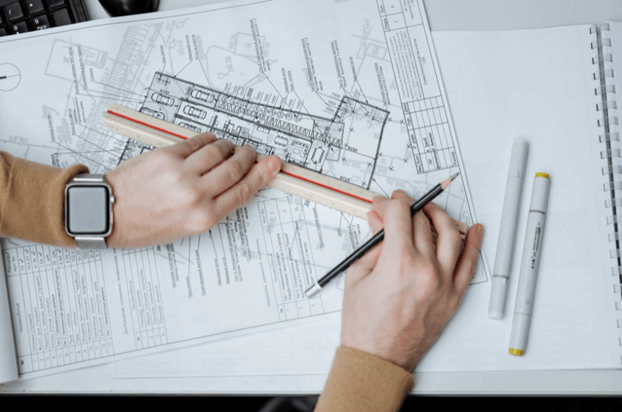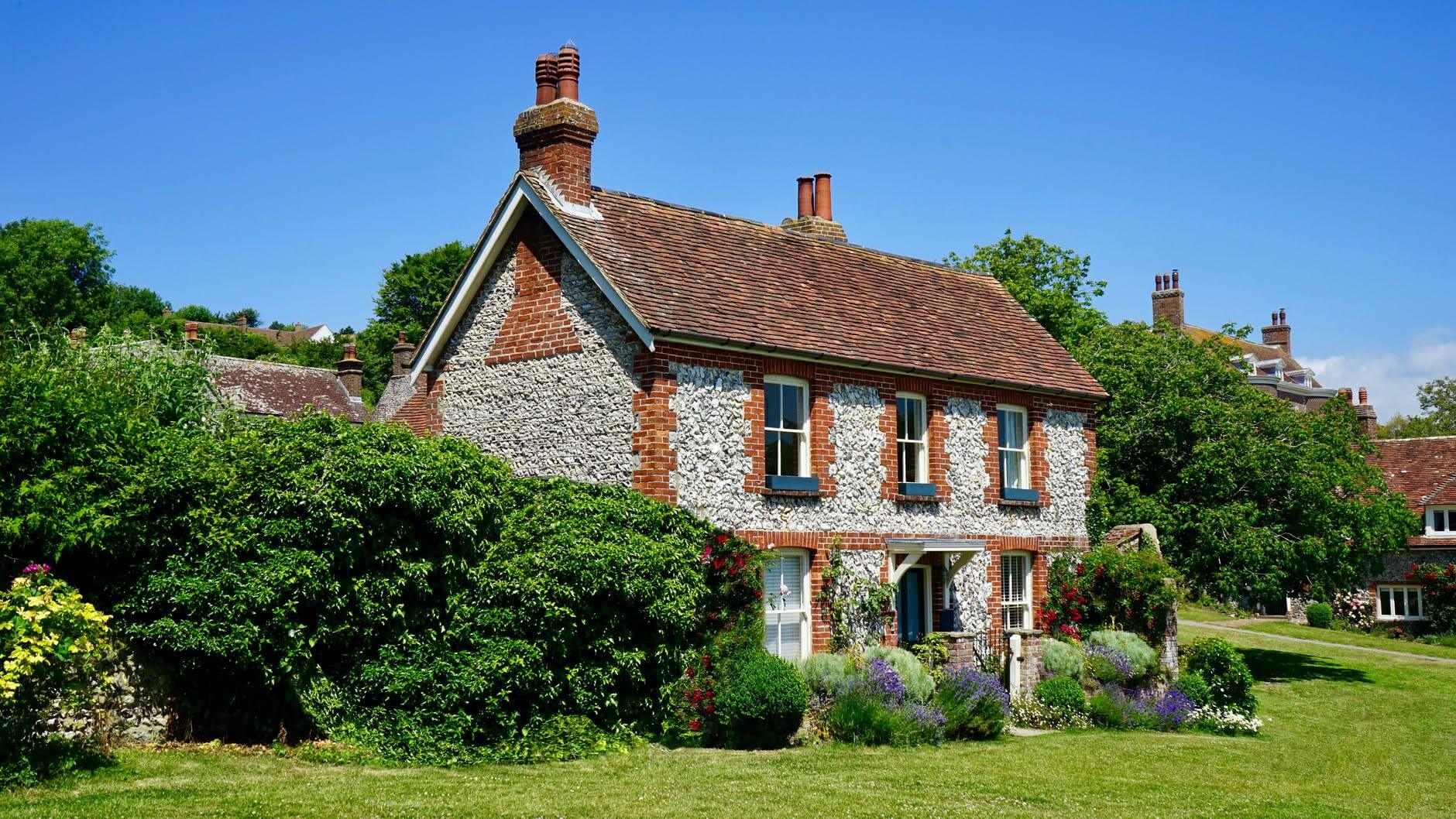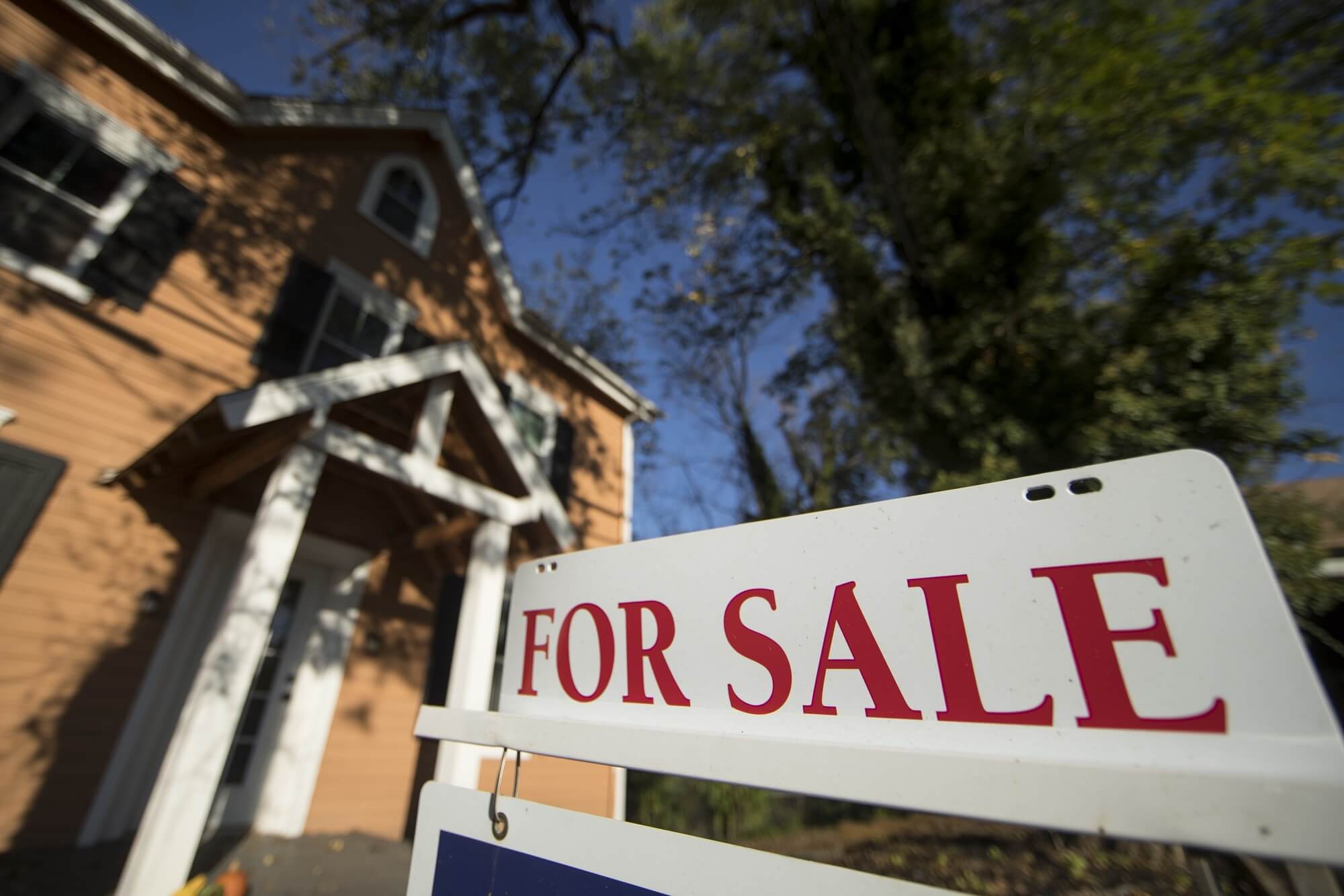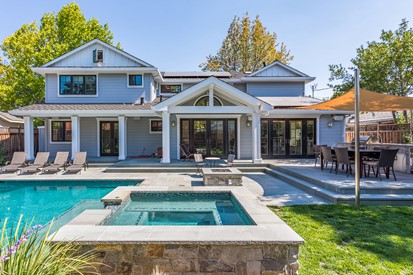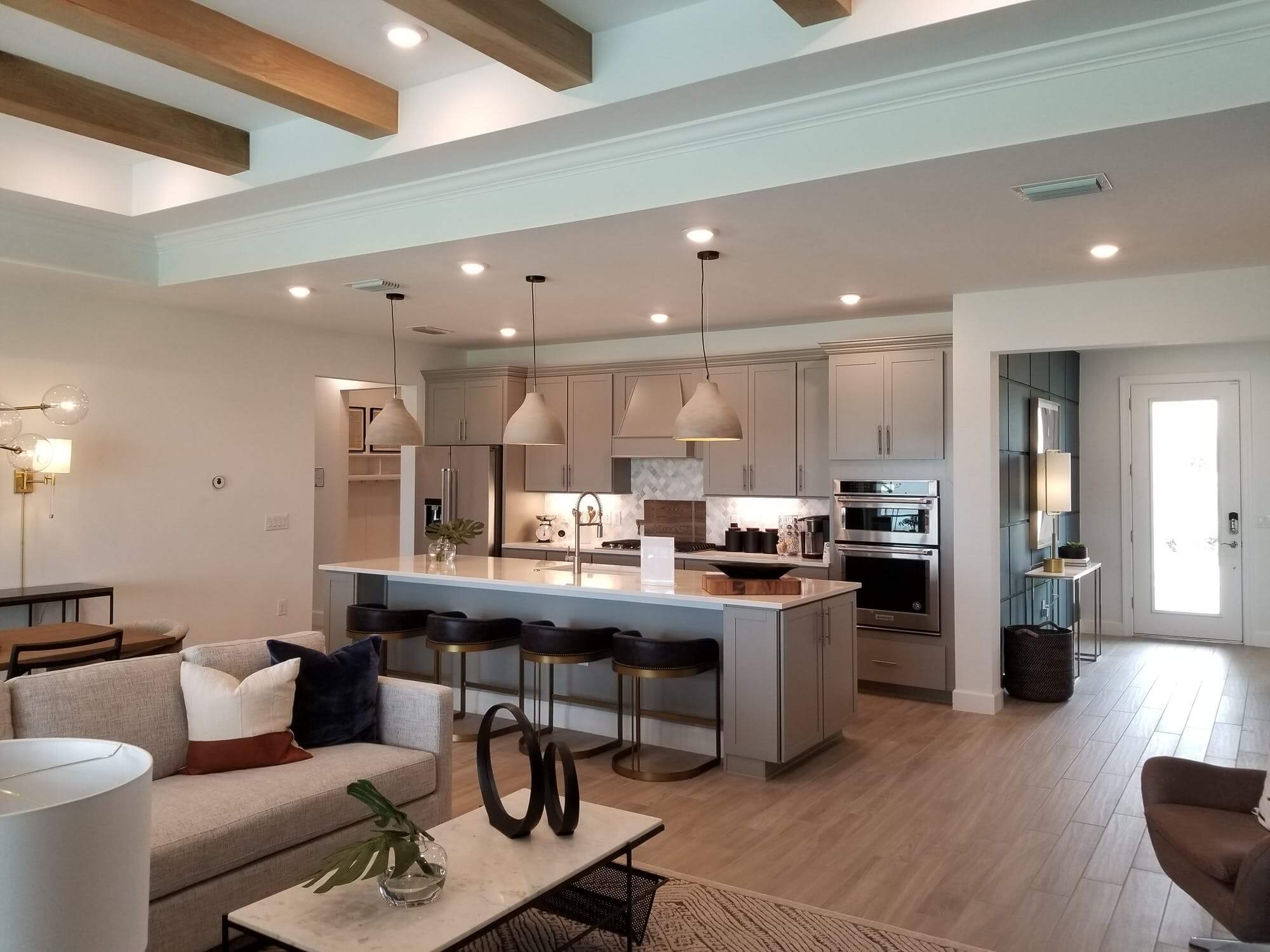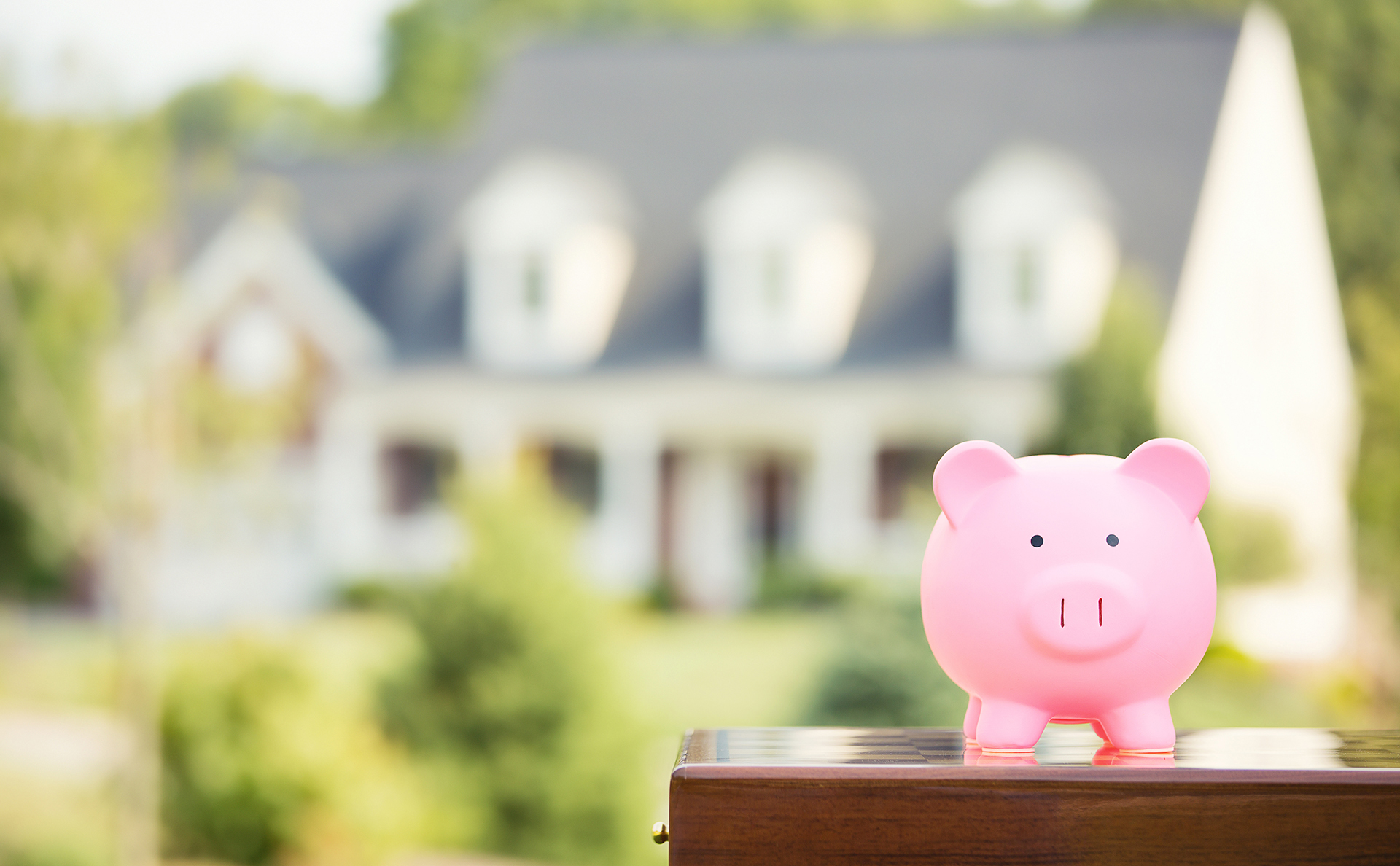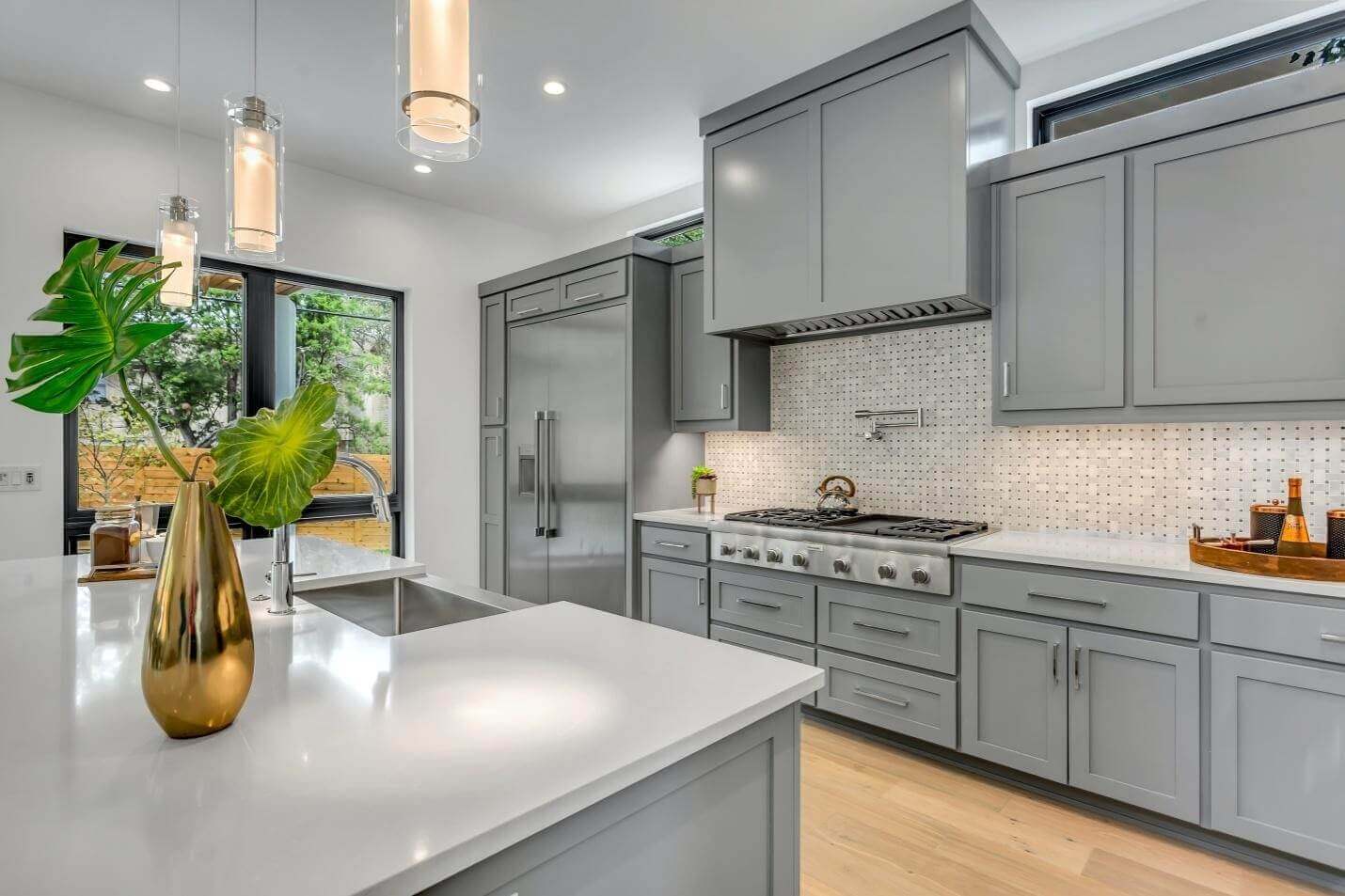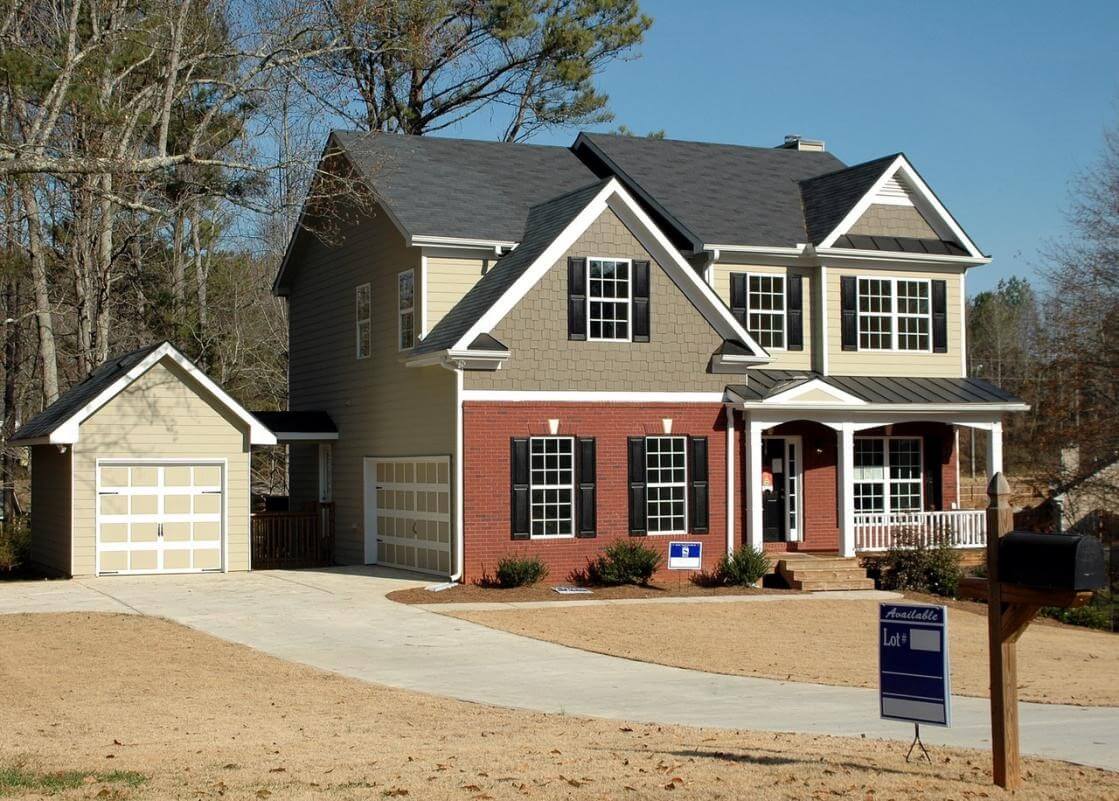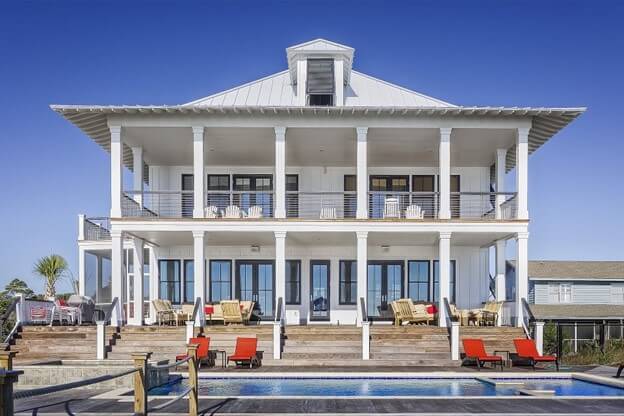
01 Mar Home Buying 101
Buying a house can be a pretty nerve-wracking experience. It is only the biggest investment that you will make in your lifetime, after all. However, it is easy to get off-track if you miss out on important issues and place a priority on cosmetic and minor details. Understanding which features your house must absolutely have can help you eliminate houses that don’t work for you.
In this guide, we will provide you with the basics of what to look for when you are buying a house. So let’s check it out:
Location
When buying a house, don’t just look at how nice it is, also take a look at its neighborhood. Depending on what kind of place your house is located can raise or lower the value of your home:
- Downtown: Homes that are closer to downtown have a better resale value since they mean less commuting time. If your home is within a 15-minute drive to downtown, you can expect to pay more per square foot but enjoy the extra value it provides.
- Schools: If you have kids, you may want quality schools to be located near your house. But even if you don’t have children, if your home is located in a quality school district, its price will automatically rise.
- Community Facilities: Your home should also be in walking distance from cafes, restaurant, parks, swimming centers, or other attractions. Alternatively, if you enjoy your privacy, you may need to find an area that is more isolated.
- Flood zone status: If your home is located in a flood zone, you may need to buy flood zone insurance for it and you can expect a flood in your area.
Age
If you are buying a newer home, you can expect it to be more expensive than older homes in your community. This is because the house has low depreciation and is less likely to be in need of repairs, upgrades, and maintenance.
New houses may also come with several warranties like for your roof, which can be beneficial for homeowners who are looking to save money in the long run.
Lot Size
When buying a home, you also need to think about the lot your house is located on. Typically, houses in a neighborhood may have similar lot sizes. The lots, however, may be shaped differently, and may be rectangular, pie-shaped or irregularly-shaped. Depending on the level of privacy you require, this might be important to you.
If you are not certain where a lot of the house ends, you can check with your realtor. Sometimes, a house may have two lots, which can offer you a lot of possibilities for building a workshop, a guest home, another garage or a swimming area.
Look for Long-Term
According to Zillow, a typical homeowner stays in a house for 14 years. SO when you are buying a house, make sure it meets your long-term objectives.
- Bedrooms and bathrooms: The number of bedrooms and bathrooms in your room are very important if you plan to grow your family, are expecting your parents or in-laws to live with you, or anticipate many guests. If your children have all grown up or moved out, you may opt for a smaller home.
- Outdoor space: Outdoor space is very important if you plan to get a pet, have kids who need a yard to play in, or you yourself like to garden or enjoy the fresh air.
- Customizability: Many of us want to add a personal flair to our homes but there are some homes that cannot be changed enough to suit your preference. If you want customizability, you can steer clear from these homes.
Property Condition
If you are a first-time buyer, you need to know that home renovations can cost an arm and leg. So if you are considering a home that is in disrepair, don’t buy it. Here are the most common conditions of a home:
- Move-in ready: A move-in ready home is new or has been upgraded and renovated. These are ready for new owners to start their lives, though they are more expensive.
- Minor updates: Homes which require minor updates may have old inefficient mechanical systems or cosmetic issues. You may update these homes with an additional moderate cost.
- Major upgrade: A home that requires a lot of renovation is priced low since it requires a lot of work. This home may provide you the opportunity to personalize, but it may require a lot of extra costs if repairs are extensive.
No matter what type of home you are buying, it is in your best interest to hire an inspector and let him look at the minor and major issues that need to be dealt with. Doing so will help you get a better estimate of how much value the home will provide you and whether it is better for you to look for a new place.
Philadelphia Real Estate: A 2026 Market Overview
Philadelphia Real Estate: A 2026 Market Overview Estimated Reading Time: 5 minutes Key Takeaways The Philadelphia real estate market is expe...
Discovering Brigantine, NJ Real Estate: A Hotspot for 2026
Discovering Brigantine, NJ Real Estate: A Hotspot for 2026 Estimated Reading Time: 5 minutes Key Takeaways The average home values in Brigan...
Repair Credit vs Price Reduction:
Repair Credit vs Price Reduction: The Best Way to Resolve Inspection Issues When Buying a Home Estimated Reading Time Approximately 6...
Exploring the Allure of Strathmere, NJ Real Estate
Exploring the Allure of Strathmere, NJ Real Estate Estimated Reading Time: 6 minutes Key Takeaways Strathmere features a high-end real estat...
How to Get a Real Estate License in PA: A Step-by-Step Guide
How to Get a Real Estate License in PA: A Step-by-Step Guide Curious about how to join the exciting world of real estate in Pennsylvania? Yo...
Top Real Estate Offer Negotiation Tips for Buyers and Sellers: Win the Deal
Top Real Estate Offer Negotiation Tips for Buyers and Sellers: Win the Deal Real estate transactions are monumental, both financially...
NJ Real Estate: Navigating the Transitioning Market in 2025
NJ Real Estate: Navigating the Transitioning Market in 2025 Estimated Reading Time: 8 minutes Key Takeaways New Jersey’s median home p...
Real Estate Agents Near Me: Finding Your Perfect Match
Real Estate Agents Near Me: Finding Your Perfect Match in the Greater Philadelphia Region Estimated Reading Time: 7 minutes Key Takeaways Ch...
Understanding Finishing a Basement Cost and Other Major Home Improvement Expenses
Understanding the Cost of Finishing a Basement & Other Big-Ticket Home Improvements Estimated reading time: 11 minutes Key Takeaw...
Understanding the Average Annual Home Maintenance Cost
Understanding and Managing Ongoing Homeownership Expenses Owning a home isn’t just about paying the mortgage. It’s a long-term f...
Unlocking Philadelphia Real Estate Records: Your Comprehensive Guide
Unlocking Philadelphia Real Estate Records: Your Comprehensive Guide Estimated Reading Time: 7 minutes Key Takeaways Access to Philadelphia ...
Maximizing Resale Value: Kitchen Remodel ROI in 2025
Maximizing Resale Value: Strategic Home Renovations to Consider Estimated Reading Time: 8 minutes Key Takeaways Focus on renovations with th...
US Real Estate News: A Glimpse into the Housing Landscape of Q4 2025
US Real Estate News: A Glimpse into the Housing Landscape of 2025 Estimated Reading Time: 6 minutes Key Takeaways Home price appreciation re...
Contingent Meaning in Real Estate: What You Need to Know
Contingent Meaning in Real Estate: What You Need to Know Estimated Reading Time: 6 minutes Key Takeaways Contingent Status: Indicates a sale...
Lender Fees Explained: A Comprehensive Guide to Understanding Home Loan Costs
Lender Fees Explained: Navigating Home Loan Costs In the complex world of homebuying, understanding “lender fees” is key to maki...
Anywhere Real Estate Stock: Market Dynamics and Transformative Acquisition
Anywhere Real Estate Stock: Market Dynamics and Transformative Acquisition Estimated Reading Time: 5 minutes Key Takeaways Anywhere Real Est...
Mortgage Rate Trends 2025: Key Insights and Strategies
Mortgage Rate Trends 2025: A Comprehensive Guide Understanding mortgage rate trends 2025 is crucial for anyone considering buying a home or ...
Finding the Perfect Real Estate Agent Near Me
Finding the Perfect Real Estate Agent Near Me Estimated Reading Time: 5 minutes Key Takeaways: Utilize online platforms and personal referra...
Mortgage Prequalification vs Preapproval: A Complete Guide to Your Homebuying Process
Mortgage Prequalification vs Preapproval: Navigating Your Homebuying Journey Estimated Reading Time: 8 minutes Key Takeaways Understanding k...
The Right Mortgage: Navigating Conventional Loan Requirements 2025
The Right Mortgage: Navigating Conventional Loan Requirements 2025 Choosing the right mortgage can shape your financial future and homeowner...
Understanding Vacation Home Mortgage Rates: Strategies for Smart Decisions
Understanding Vacation Home Mortgage Rates and Smart Investment Strategies Investing in a vacation home can offer both a personal retreat an...
BREAKING NEWS: Shohei Ohtani’s $240 Million Real Estate Venture
Shohei Ohtani’s Real Estate Venture: The $240 Million Hawaiian Project Turning Heads Estimated Reading Time: 5 minutes Key Takeaways: ...
Navigating Airbnb Regulations in Philadelphia
Navigating Airbnb Regulations in Philadelphia: A Guide for Property Owners Estimated Reading Time: 7 minutes Key Takeaways Understanding Air...
How to Get a Real Estate License in NJ: Your Guide to Success
How to Get a Real Estate License in NJ: Your Guide to Success Estimated Reading Time: 7 minutes Key Takeaways Understand eligibility require...
Evaluating Rental Property Investments: Mastering the Cap Rate Calculator
Evaluating Rental Property Investments: Mastering the Cap Rate Calculator and Key Metrics for 2025 Estimated Reading Time: 7 minutes Key Tak...
A Complete Home Inspection Checklist for Buyers: Your Key to a Wise Investment
A Complete Home Inspection Checklist for Buyers: Your Key to a Wise Investment Estimated Reading Time: 10 minutes Key Takeaways Utili...
Understanding PA Real Estate Transfer Tax & Key Buyer Programs in PA & NJ
Understanding State and Municipal Taxes & Buyer Programs in PA and NJ Estimated reading time: 10 minutes Key Takeaways The Pennsylvania ...
The South Jersey Real Estate Market in 2025: Shore & Inland Trends
The South Jersey Real Estate Market in 2025: Shore and Inland Trends You Need to Know Estimated Reading Time: 8 minutes Key Takeaways...
Discovering the BRRRR Real Estate Strategy: A Game-Changer for Investing
Discovering the BRRRR Real Estate Strategy: A Game-Changer in Property Investment Estimated Reading Time: 5 minutes Key Takeaw...
Bucks County Real Estate Trends: What to Know About the Evolving Market
Bucks County Real Estate Trends: Navigating the Evolving Market Landscape Estimated Reading Time: 8 minutes Key Takeaways Bucks County conti...
Philadelphia Housing Market Forecast 2025
Philadelphia Housing Market Forecast 2025: Trends, Challenges, and Investment Opportunities Estimated Reading Time: 5 minutes Key Tak...
Understanding Closing Costs for Buyers: A Comprehensive Guide
Understanding Closing Costs for Buyers: A Comprehensive Guide Estimated Reading Time: 10 minutes Key Takeaways Understanding closing costs i...
Understanding the Benefits of a 1031 Exchange in Real Estate Investing
Understanding the Power of a 1031 Exchange in Real Estate Estimated Reading Time: 10 minutes Key Takeaways A 1031 exchange all...
Essential Tips for Discovering New Listings
Discovering New Listings Near Me: Essential Tips for Effective House Hunting In today’s fast-moving real estate market, ...
The Evolution of Real Estate Business Cards: A Modern Take
The Evolution of Real Estate Business Cards: A Timeless yet Modern Marketing Tool Estimated reading time: 6 minutes Key Takeaw...
Best Neighborhoods in Philadelphia for Families: A Comprehensive Guide
Best Neighborhoods in Philadelphia for Families Estimated Reading Time: 10 minutes Key Takeaways Philadelphia offers several family-f...
Temple University Real Estate: Programs & Careers for Aspiring Professionals
Temple University Real Estate: A Top Choice for Budding Professionals in Philadelphia Estimated reading time: 8 minutes Key Takeaways...
How Much House Can I Afford? A Guide for First-Time Home Buyers
How Much House Can I Afford? Estimated reading time: 10 minutes Key Takeaways Understanding your budget is crucial for determining ho...
Understanding Closing Costs for Sellers: A Comprehensive Guide
Understanding Closing Costs for Sellers: A Comprehensive Guide to Expenses, Concessions, and Tips Estimated Reading Time: 8 minutes K...
The Best Time of Year to Sell a House: Timing Your Sale for Maximum Impact
The Best Time of Year to Sell a House: Timing Your Sale for Maximum Impact Estimated reading time: 9 minutes Key Takeaways The...
Yardley PA Real Estate Market 2025: Insights for Sellers and Buyers
Yardley, PA Real Estate in 2025: A Seller’s Paradise Estimated Reading Time: 6 minutes Key Takeaways Yardley’s average home value...
How Much Do Real Estate Agents Make: A Comprehensive Guide to Earnings in 2025
How Much Do Real Estate Agents Make? Estimated Reading Time: 8 minutes Key Takeaways Real estate agent earnings vary widely ba...
The Best Real Estate Listing Sites to Maximize Exposure and Sell Your Property Quickly
The Best Real Estate Listing Sites for Maximum Exposure and Fast Sales Estimated Reading Time: 12 minutes Key Takeaways Choosi...
Exploring the Dynamic World of Real Estate Development Jobs
Exploring the Dynamic World of Real Estate Development Jobs Estimated reading time: 8 minutes Key Takeaways The real estate de...
Staging a House to Sell: Tips to Attract Buyers and Boost Your Home’s Value
Staging a House to Sell: Maximizing Impact and Sale Speed Estimated reading time: 8 minutes Key Takeaways First impressions are cruci...
Real Estate Classes Philadelphia: A Guide to Launching Your Career
Real Estate Classes Philadelphia: Your Guide to Getting Started Estimated Reading Time: 10 minutes Key Takeaways Philadelphia offers ...
How to Price My House to Sell: A Complete Guide for Homeowners
How to Price My House to Sell: A Seller’s Guide Estimated Reading Time: 8 minutes Key Takeaways Pricing your home correctly is crit...
Are High Home Prices Making the American Dream Unreachable?
For generations, homeownership has been a cornerstone of the American Dream. It’s long been viewed as a symbol of financial stability,...
Do Rent Control Laws Help or Hurt Housing Markets?
Rent control is one of the most hotly debated policies in housing. Supporters see it as a necessary tool to protect tenants from skyrocketin...
Are Real Estate Agents Becoming Obsolete with AI & Tech?
It’s no secret that technology is rapidly transforming the real estate industry. From 3D virtual tours and smart pricing tools to artifici...
Are HOAs a Scam or Do They Protect Homeowners?
If you’ve ever bought a home in a suburban neighborhood, a gated community, or a condo complex, chances are you’ve encountered t...
Is Gentrification Good or Bad for Communities?
Gentrification is one of the most debated topics in urban development and real estate. At its core, it’s a process where once-neglected or...
Do Realtors Deserve Their 6% Commission?
Breaking Down What You Really Pay For When Hiring a Real Estate Agent If you’ve ever bought or sold a home, you’ve likely heard ...
Should the Government Ban Foreign Investors from Buying US Homes?
The debate over foreign real estate investment in the United States has been heating up for years, and it’s only getting louder. With risi...
Stress-Free Selling: How to Close the Deal Without the Hassle
Selling your home can feel overwhelming. Between preparing your property, scheduling showings, negotiating offers, and handling paperwork, i...
Luxury on a Budget: High-End Features in Affordable Homes
Let’s be honest—when we hear the word “luxury home,” most of us picture sprawling mansions, infinity pools, and custom chef�...
Real Estate Investing for Millennials: Building Wealth One Property at a Time
For millennials looking to build long-term wealth, real estate investing offers one of the most powerful opportunities to generate passive i...
Retirement & Real Estate: Is It Time to Downsize for a Simpler, Stress-Free Life?
Retirement is a time to relax, enjoy life, and focus on what truly matters. But for many retirees, maintaining a large home that once fit th...
2025 Design Trends: How to Refresh Your Home for the Future
The world of home design is constantly evolving, and as we step into 2025, homeowners are looking for ways to refresh their spaces with mode...
School Districts and Home Value: What Every Parent Should Know
For many homebuyers—especially families with children—school districts play a crucial role in determining where to buy a home. Even buye...
The Ultimate Guide to First-Time Home Buying Success
Buying your first home is an exciting milestone, but it can also feel overwhelming. From saving for a down payment to understanding mortgage...
Negotiation Tactics for Buyers: How to Seal the Best Deal
Buying a home is one of the most significant financial investments you’ll make, and negotiation is a critical part of the process. A w...
Backyard Bliss: Transform Your Outdoor Space Into an Entertainment Haven
Your backyard has the potential to be much more than just a patch of grass—it can become an extension of your home, a retreat for relaxati...
Luxury Living: What Defines a High-End Home Today?
The luxury real estate market in Greater Philadelphia and South Jersey has evolved significantly in recent years. While traditional indicato...
How to Identify and Avoid Overpriced Homes
Buying a home is one of the most significant financial decisions you’ll make, and one of the biggest pitfalls buyers can encounter is ...
What to Know Before Selling Your Home in 2025
The real estate market is constantly evolving, and as we move into 2025, homeowners looking to sell must be prepared for new trends, shiftin...
Top 10 Real Estate Trends You Need to Watch in 2025
The real estate market is constantly evolving, and as we head into 2025, several key trends are shaping the way buyers, sellers, and investo...
What You Need to Know Before Buying a Condo or Townhome
Buying a condo or townhome can be an excellent choice for first-time homebuyers, downsizers, or those looking for a low-maintenance lifestyl...
Rent vs. Buy: Which Option is Right for You?
One of the most significant financial decisions many people face is whether to rent or buy a home. While owning a home is often considered a...
The Best Financing Options for Real Estate Investors
Real estate investing has long been one of the most reliable paths to building wealth, but getting started or scaling your portfolio often r...
How to Use Your Home Equity to Build Wealth
Homeownership is often considered one of the cornerstones of building long-term financial security. One of the most significant benefits of ...
Tips to Avoid Overpaying in a Seller’s Market
1. Get Pre-Approved for a Mortgage Before you even start house hunting, secure pre-approval from a lender. This process determines how mu...
How to Choose the Perfect Realtor to Sell Your Home
Selling your home is a significant financial and emotional decision, and one of the most critical steps in the process is choosing the right...
Real Estate Horror Stories and How to Avoid Them
Buying or selling a home is one of the most significant financial transactions most people will ever make. While many real estate experience...
What Your Realtor Won’t Tell You About Listing Your Home
Selling your home is a big decision that comes with many moving parts, from pricing and marketing to negotiations and paperwork. While a goo...
How to Stage Your Home Like a Pro Without Breaking the Bank
When it comes to selling your home, first impressions matter. Potential buyers often decide within moments whether a property feels right fo...
Why Open Houses Still Matter in the Digital Age
In a world where real estate listings are just a click away, and virtual tours are becoming the norm, you might wonder: are open houses stil...
What Should a Divorced Couple Do With Their Jointly Owned Home?
Divorce is a life-altering event that brings with it emotional and financial challenges. One of the most significant decisions many coupl...
Insider Tips to Beat the Competition in a Hot Seller’s Market
A hot seller’s market can be challenging for buyers. When demand outpaces supply, homes are snapped up quickly, often at prices above ...
Why Professional Photos Matter When Selling Your Home
When selling your home, first impressions are everything. In today’s digital age, the majority of home buyers begin their search onlin...
The Future of the Pennsylvania Real Estate Market in 2025
The Pennsylvania real estate market is a dynamic and vital segment of the state’s economy, characterized by its diversity and resilien...
How to Find the Perfect Vacation Home in South Jersey
South Jersey is a hidden gem for those seeking a vacation home that combines natural beauty, vibrant culture, and proximity to major metropo...
How to Attract Multiple Best Offers on Your Home Sale
Selling a home is not just about finding a buyer—it’s about finding the right buyer who offers the best price and terms. Attracting ...
How to Market a Home to Out-of-State Buyers
Marketing a home to out-of-state buyers requires a tailored strategy that emphasizes accessibility, technology, and a deep understanding of ...
The Pros and Cons of Buying a Fixer-Upper
Investing in a fixer-upper property can be an exciting and rewarding venture for homebuyers and real estate investors alike. These propertie...
How to Avoid Costly Homebuyer Regrets
Purchasing a home is one of the most significant investments you’ll ever make, and it’s easy to get caught up in the excitement of findi...
House Flipping Tips from Experienced Investors
House flipping has become one of the most popular strategies in real estate investing, promising enticing profits for those willing to put i...
3 Reasons Why Philly is Great for Investors
Philadelphia, affectionately known as Philly, is more than just the birthplace of American independence—it’s a city with a booming real ...
How to Maximize Curb Appeal and Win Buyers’ Hearts
When it comes to selling your home, first impressions matter. In today’s competitive real estate market, curb appeal can make or break a b...
Do You Want to Get Out From Under Your Mortgage Faster?
The Best Way to Pay Off Your Mortgage Early Owning your home outright is a dream for many homeowners. Paying off your mortgage early can pro...
How to Create a Winning Real Estate Investment Strategy
Real estate has long been one of the most reliable ways to build wealth. With opportunities ranging from residential properties to commercia...
5 Hot Neighborhoods in South Jersey You Need to Know About
South Jersey is a hidden gem in the real estate market, offering a mix of suburban charm, proximity to major metropolitan areas, and afforda...
Southeastern PA Luxury Real Estate Trends: What’s Hot and What’s Not
Luxury Real Estate Trends: What’s Hot and What’s Not The luxury real estate market in Southeastern Pennsylvania offers a fascina...
Should You Turn Your Home Into a Rental?
10 Steps to You Can Take to Turn Your First Home Into a Rental PropertyPurchasing your first home is a milestone, and for many, it’s the s...
5 Hidden Costs You Must Know!
5 Hidden Costs Every First-Time Homebuyer Should Know About Buying a home is a huge milestone, but for first-time buyers, it can come with u...
Rookie to Pro: How to Start Investing
From Rookie to Pro: How to Start Investing in Real Estate TodayReal estate investing is often seen as a path for the wealthy or highly exper...
Is a Home Warranty Worth the Money?
Is a Home Warranty Worth the Money?The Pros and Cons ExploredWhen purchasing a home, buyers often hear the term “home warranty” ...
How to Identify and Avoid Overpriced Homes
How to Identify and Avoid Overpriced Homes In any real estate market, overpriced homes can stall your home-buying process, potentially lead ...
The Best Time to Sell Your Home
The Best Time to Sell Your Home: A Seasonal Guide Choosing the best time to sell your home can make a significant impact on the final sale p...
How to Spot a Great Deal
How to Spot a Great Deal in a Hot Market In a hot real estate market, where competition is high and properties often receive multiple offers...
7 Common Homebuyer Regrets
7 Common Homebuyer Regrets and How to Avoid ThemBuying a home is one of the most significant investments most people will ever make. It’s ...
Using Market Data to Sell Fast
How to Use Market Data to Sell Your Home FasterWhen it comes to selling your home, timing and strategy are everything. It’s not just about...
Top 5 Real Estate Myths Debunked
Top 5 Real Estate Myths Debunked When it comes to buying or selling a home, the real estate world can be overwhelming. From friends, family,...
Home Equity to Build Wealth
How to Use Your Home Equity to Build Wealth If you own a home, you might be sitting on a powerful financial tool—your home equity. Home eq...
Real Estate Investing
The Truth About Real Estate Investing: Key Insights to ConsiderReal estate investing has long been recognized as one of the most effective w...
Boost Value for Under $1,000
How to Boost Your Home’s Value for Under $1,000: Budget-Friendly Upgrades When you’re preparing to sell your home, maximizing its value ...
How to Navigate a Bidding War
How to Navigate a Bidding War: Tips for Sellers If you’re a homeowner looking to sell in a hot market, you may find yourself in the midst ...
Real Estate Market: Q3 Update
The Southeastern PA Real Estate Market: Q3 Update – A Look at Recent Market Data and What It MeansAs we move into the final quarter of 202...
Top 5 Philly Suburbs to Invest
Top 5 Philly Suburbs for Real Estate Investment: Where to Invest for Strong Returns Real estate investment can be a lucrative and rewarding ...
Max Your Curb Appeal in One Weekend
How to Maximize Your Home’s Curb Appeal in One Weekend:DIY Projects to Boost First ImpressionsWhen it comes to selling a home or simply ma...
10 Red Flags to Watch for
10 Red Flags to Watch for When Buying a Home: Essential Tips for HomebuyersBuying a home is one of the biggest financial decisions most peop...
What Are Buyers Looking for in 2024?
What Buyers Are Looking for in 2024: Emerging Trends in Real EstateThe real estate market is constantly evolving, and what buyers want today...
Selling in the Off-Season
How to Sell Your Home During the Off-Season: Smart Strategies for a Successful SaleSelling a home during the off-season can seem like a daun...
How to Choose the Perfect Neighborhood
How to Choose the Perfect Neighborhood: What to Look For When Buying a HomeBuying a home is one of the biggest investments you’ll ever...
Interest Rates, Is This Time Different?
The U.S. Housing Market from 2022 to 2024: Trends, Challenges, and What Lies Ahead Post 2 of 2 The U.S. housing market has experienced drama...
Interest Rates, Its Impact On the Market
The Impact of Interest Rates on Selling Your Home: How Fluctuating Rates Affect the Housing Market and Sales Post 1 of 2 With the Federal Re...
Homebuyer Tax Benefits & How to Use Them:
Exploring Tax Deductions and Credits Buyers Can Take Advantage OfBuying a home is one of the most significant financial decisions a person c...
Home Not Selling? Do This Instead
Why Your Home Isn’t Selling and What to Do About It: Troubleshooting Reasons for Unsold Listings Selling a home can be a stressful experie...
Top 5 Home Upgrades That Pay Off:
Smart Investments to Increase Property ValueWhen selling a home, homeowners often wonder which improvements will bring the highest return on...
PA Housing Market Update
Pennsylvania Housing Market Overview: Real Estate Trends in 2024The real estate market in Pennsylvania has been showing steady growth in 202...
Selling Your Home During Fall?
Maximize Your Fall Home Sale: Essential Tips for a Successful Autumn Listing The fall season presents a unique opportunity for homeowners lo...
The Real Estate Industry: Building Communities and Client Relationships
The role of a real estate firm extends beyond mere property transactions; it involves actively shaping communities, fostering relationships ...
Philadelphia’s Branded Residences
A New Era of Luxury Living Philadelphia and the Main Line have always been synonymous with luxury living, offering a range of exquisite prop...
Selling Amid Rising Mortgage Rates
In recent years, the real estate landscape has experienced significant fluctuations, particularly in mortgage rates. For many homeowners, th...
Understanding Foreclosures
Have you been unsettled by headlines highlighting a surge in foreclosures within today’s housing market? Before succumbing to alarm, i...
Reassuring Insights on Future Home Prices
Embracing Positivity Amidst 2024’s Market Uncertainties Reassuring insights on the future of home prices provide a positive perspectiv...
Boosting Home Value in Philadelphia: Renovation Ideas That Work
Boosting Home Value in Philadelphia: Renovation Ideas That Work. Are you looking to boost the value of your home in the vibrant city of Phil...
Top Real Estate Agent in King of Prussia
King of Prussia, a vibrant and growing community in Pennsylvania, is a sought-after destination for prospective homeowners and investors. Th...
10 Ways to Improve Your Chances of Owning a Home
Owning a home is a significant life milestone for many individuals and families. It’s a symbol of stability, financial independence, a...
Title Insurance Information
Alpha Abstract Agency specializes in providing title insurance policies for both Purchasers and Lenders, ensuring comprehensive protection d...
Mortgage Information
At Wize Mortgage, we hold the belief that your home transcends being a mere residence. It’s the sanctuary where you nurture your famil...
Homes for Sale in King of Prussia
King of Prussia is a thriving suburban community in Pennsylvania that offers a perfect blend of modern amenities, excellent schools, ...
The History of Conshohocken
Nestled in Montgomery County, Pennsylvania, Conshohocken is a town steeped in history and brimming with stories of its evolution through the...
8 Things to do in Collegeville
Welcome to Collegeville – a charming town that blends history, culture, and modernity in a picturesque setting. Nestled in Montgomery Coun...
2023 Top Real Estate Producer
Congratulations to our exceptional broker, Matin Haghkar, for being recognized as a Top Real Estate Producer by Philadelphia Magazine! Looki...
Learn About Bridgeport – Hidden Gem of Montco
Welcome to Bridgeport! This charming town nestled in Montgomery County offers a delightful blend of history, natural beauty, and exciting ac...
Home Sales Up in May Despite Inventory Shortage – The time to buy & sell is NOW!
Existing-home sales experienced a slight uptick in May, despite the ongoing challenge faced by buyers due to limited options in the market. ...
4 Essential Tips to Maintain Your Home in the Heat
As the scorching summer months approach, homeowners must take proactive steps to protect and maintain their valuable properties. The intense...
7 Home Improvement Projects That Can Add Value to Your Home
Thinking about listing your home this year? Now is a great time to start tackling a few home improvement projects to help increase your prop...
7 Tips for Keeping Your Home Organized All Year Long
Happy New Year! One of the most popular resolutions each year is to keep a more organized and tidy home — but that’s easier said than do...
8 Ways to Give Back this Holiday Season
The holiday season is upon us, and while we’re looking forward to quality time with friends and family, great food, and spectacular presen...
Ways to Give Back to Your Community
Amidst all the hustle and bustle that comes this time of year, it’s important to make time to practice gratitude and give back, as the sea...
5 Tips for Staging Your Home During the Holidays
Staging your home is an important part of the selling process. Not only does it transform your home and make it feel clean and new, but it a...
Ways You Can Save Money as a Homeowner
It’s no secret — buying and maintaining a home can be a big investment, from the initial purchase to any unexpected repairs down the roa...
8 Things to Add to Your Back-to-School Checklist
August is National Back-to-School Month which means it may be time to start prepping for the new school year! From purchasing school supplie...
Your Guide to Hosting a Summer BBQ
There’s nothing better than a good, old-fashioned backyard barbecue! Between the great food and time with friends and family, you create s...
8 Home Improvement Projects You Can Tackle in a Weekend
Summer is the perfect time to tackle a few of those projects you’ve been putting off for months! From tidying up your exterior to cleaning...
8 Ways to Celebrate Memorial Day Weekend
Memorial Day is almost upon us! This three-day weekend is not only the unofficial start of summer, but also an opportunity for us to ...
6 Things You Should Spring Clean That Are Not Your Home
Spring cleaning has become part of many of our yearly routines—and for a good reason! Decluttering, deep cleaning, and refreshing our home...
How to Get Your Garden Ready for Spring
It’s hard to believe it, but spring is almost here! While we’re just starting to say goodbye to the frigid temperatures of winter, warme...
7 Ways You Can Conserve Energy in the Colder Months
Did you know that oftentimes, our heating and cooling systems account for almost half of our total annual energy costs? That means duri...
New Holiday Traditions You Can Try This Year
New Holiday Traditions You Can Try This Year Holiday Traditions No matter what you celebrate during the holiday season, there’s no denying...
Ways to Give Thanks in Your Community
While enjoying a great meal and watching football is certainly a big part of Thanksgiving, this coming holiday season is really about expres...
Housing Market Trends 2021
Even though housing supply had already been affected before Covid-19, it became worse when the pandemic hit as people started to look for ne...
What to Look Out for When Buying an Old House
Looking to purchase an old house? If you’re the type of person who appreciates the older architecture appeal and charm, then this will...
Things To Do Before Summer Ends
Aahh — sweet, sweet summer. As quickly as it arrives, it seems to depart, so let’s take advantage of the warmer temperatures and longer ...
Housing Market Analysis
Potential sellers who held onto their homes as prices climbed higher and faster than ever during the pandemic are finally emerging to cash o...
Spruce Up Your Patio
Over the last year or so, many of us have spent more time at home than usual, utilizing our backyards as an extension of our indoor living s...
Home Staging Tips
Whether you’re staging your home yourself or hiring a professional stager, here are a few tips for making sure your home is ready to b...
Air Conditioning Energy and Money Saving Tips
Ahh, the heat of summer! With higher temperatures often comes…higher energy bills, as we attempt to combat the heat outside with cool,...
Décor Trends That Made a Comeback
You know what they say: What goes around comes around. But did we ever think wood paneling and wallpaper would make a comeback? That’s rig...
Restaurant Week 2021
Information regarding Northern Liberties Restaurant Week & King Of Prussia Restaurant Week 2021....
Tips To Increase Your Home Appraisal
The appraisal value of your home can make or break your request for refinancing. If your appraisal is not high enough, you might not be able...
Home Buying 101
The term minimalism is also used to describe a trend in design and architecture where in the subject is reduced to its necessary elements. M...
How To Sell Your Home in a Buyer’s Market
Many people either prefer or end up selling their homes in a buyer’s market. What this means is that there are more homes that are up for ...



